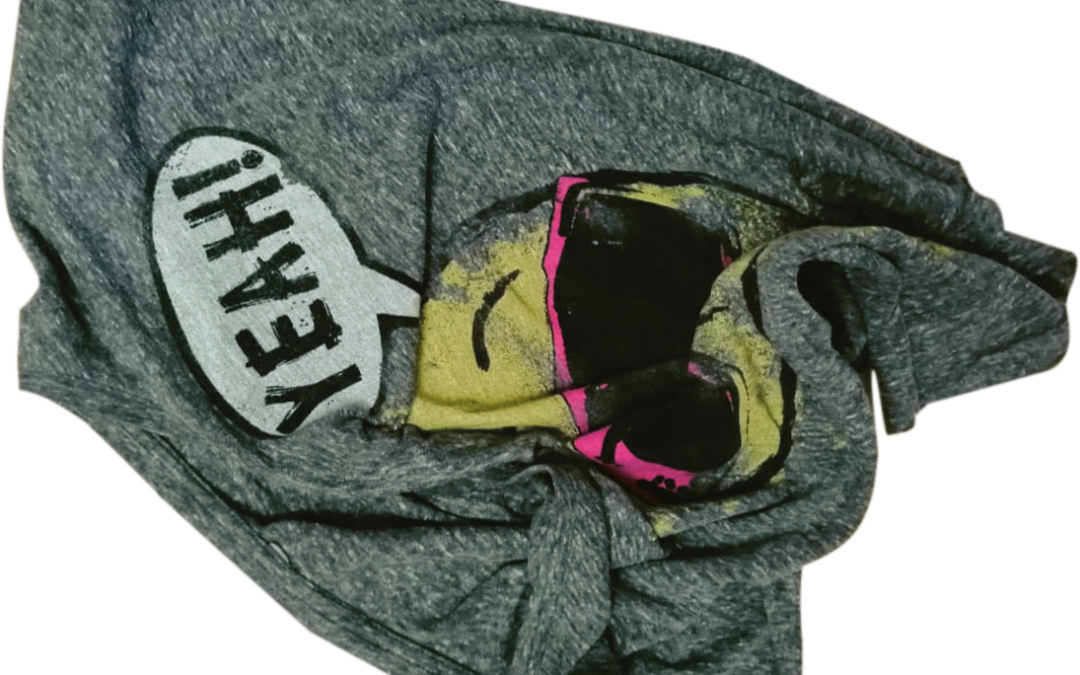
VESTITHEQUE
VESTITHEQUE
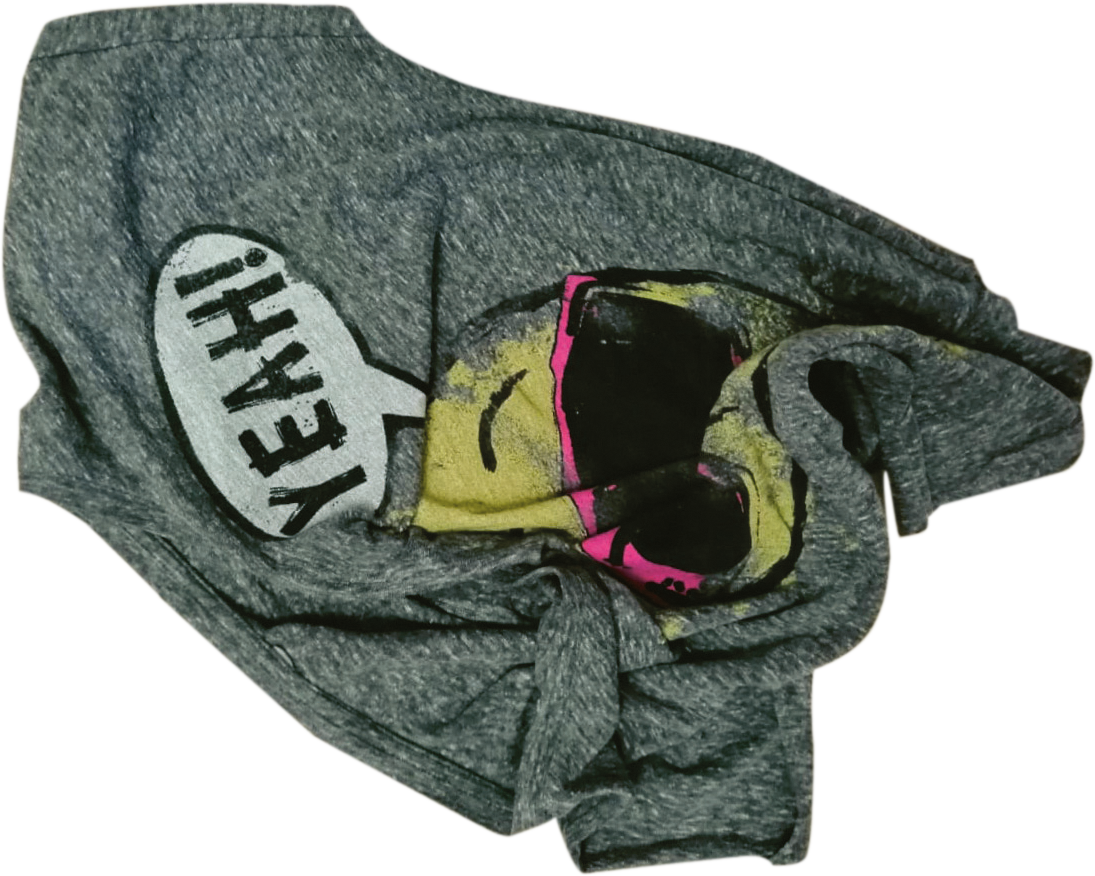
STREETWARE saved item - Berlin's most sustainable fashion label launched on September 15, 2021 its second pop up flagship store in Berlin Neukölln.
At the Helene Nathan Library, the store offered a spectacular selection of clothing from the streets of Neukölln for three months starting September 15 until December 15: STREETWARE at its purest! In our store, people can marvel at, try on and borrow genuine street clothes.
Why borrowing clothes is fun and trendy? The saved items not only shine with an aestethic of diversity that meets the boldest demands for style people of all stripes will find it here - our clothes contain curiosities mesh wise. The textiles also tell a story: the faded jeans with a used look by Levi's, the leather skirt by Gianni Versace, the knitted jumper by Kickers or the little black dress by Dior take us to China, Bangladesh, Turkey. They recount transcontinental journeys of the people who made the clothes and the bodies that wore them. But they also remind us of the dark side of the fashion industry: low wages, poor working conditions in the Global South, the environmental impact of unsustainable raw material extraction and toxic dyes.
STREETWARE saved item is looking for these stories on the streets of Neukölln, saves, archives and publishes them, so that people can get in touch with them like with the heroes of their favorite novel.
At Helene-Nathan Library stories inform and inspire. This is where we tied in: Trough the narrative of textiles STREETWARE saved item explored the culture of 'discarded clothing' regarding its social significances: the garments shed lights on production methods, consumption and identity.
PurviDhranghadaryia advised you on sustainable and stylistic issues between September 15 to December 15, 2021 - Mondays & Wednesdays from 1 to 7 pm and Saturdays from 10 am to 1 pm. Montag & Mittwoch von 13:00-19:00 Uhr und am Samstag von 10:00-13:00 Uhr.
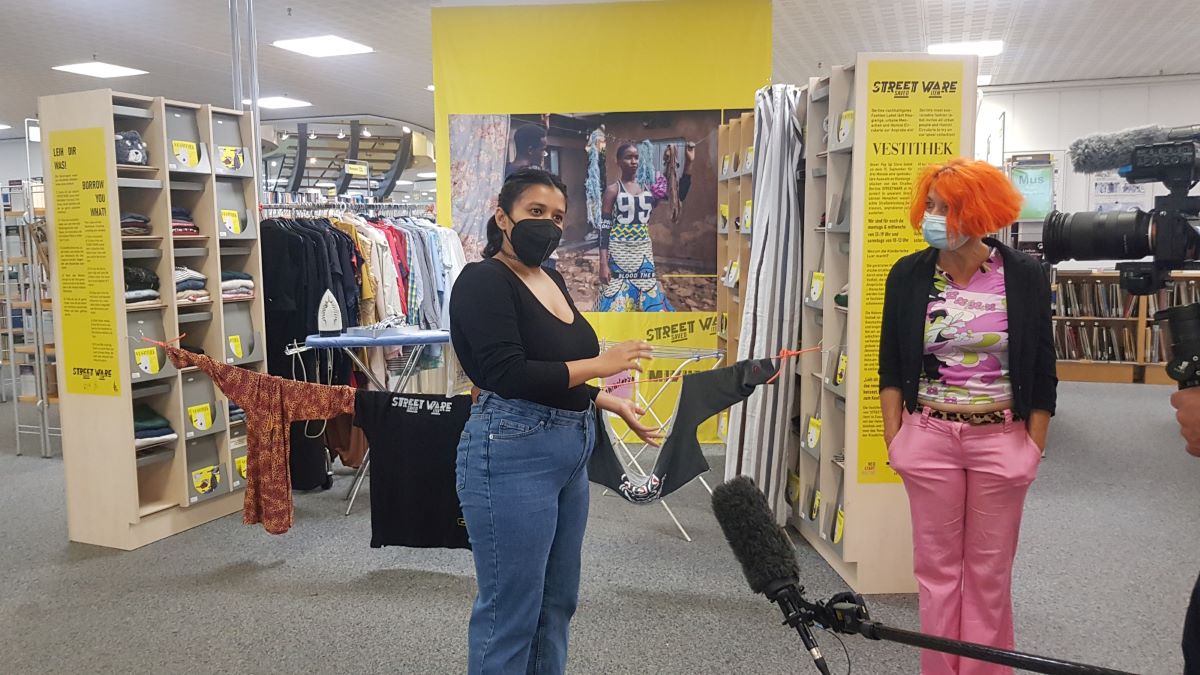
Become an influencer with us and join our movement for a wearable future: Degender and decolonise your style!
The Vestitheque was realised in the frame of 'The Congress on the Clothes Dump' . These Congress described a series of events between September and November 2021 dedicated to an inclusive and participatory philosophizing about the meaning of clothes, their production, distribution and consumption. Invited guests and random attendees digged into textonic layers, searched for solutions, questioned the ethics of the second skin. Clothing protects and adorns. It represents basic aesthetic and existential needs, but its mode of production destroys the environment on a large scale and endangers the physical and psychological well-being of the people who cope with the manufacturing processes in socially intolerable conditions. How could sustainable production and economy look like - this is what we explored between November 16 and 28 together with author Beatrice Lamwaka, fashion designer Ruth Faith Nalule, photographer Jim Joel Nyakaana and Social Entrepreneur and environmental activist Kisitu Aloysius Musanyusa in a multi-perspective way. Venues for the public pondering were Bikini Berlin, the laundromat 115 in Torstraße and the Vestithek in the Helene Nathan Library.
The Vestithek's offer to borrow garments at the Helene-Nathan Library is accompanied by a framework program. Two lectures, a panel discussion and two hands-on workshops will serve as a starting point for an interdisciplinary exploration of the promises of clothing and fashion - the fabric in which we wrap our dreams and which, in excess, becomes a nightmare for people and the planet.

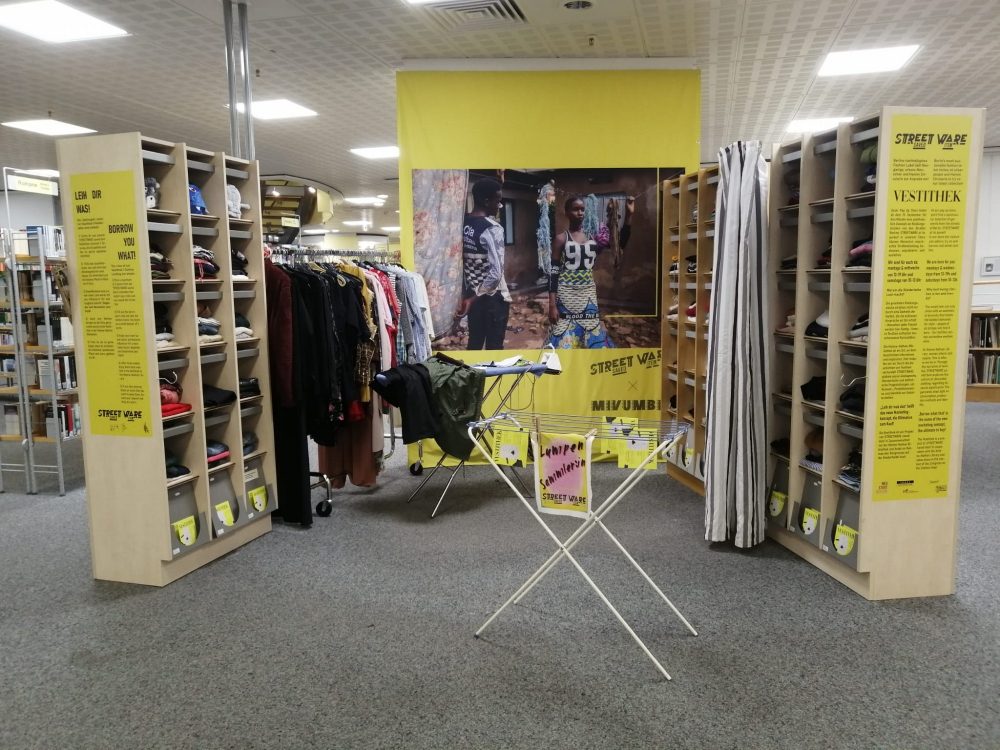
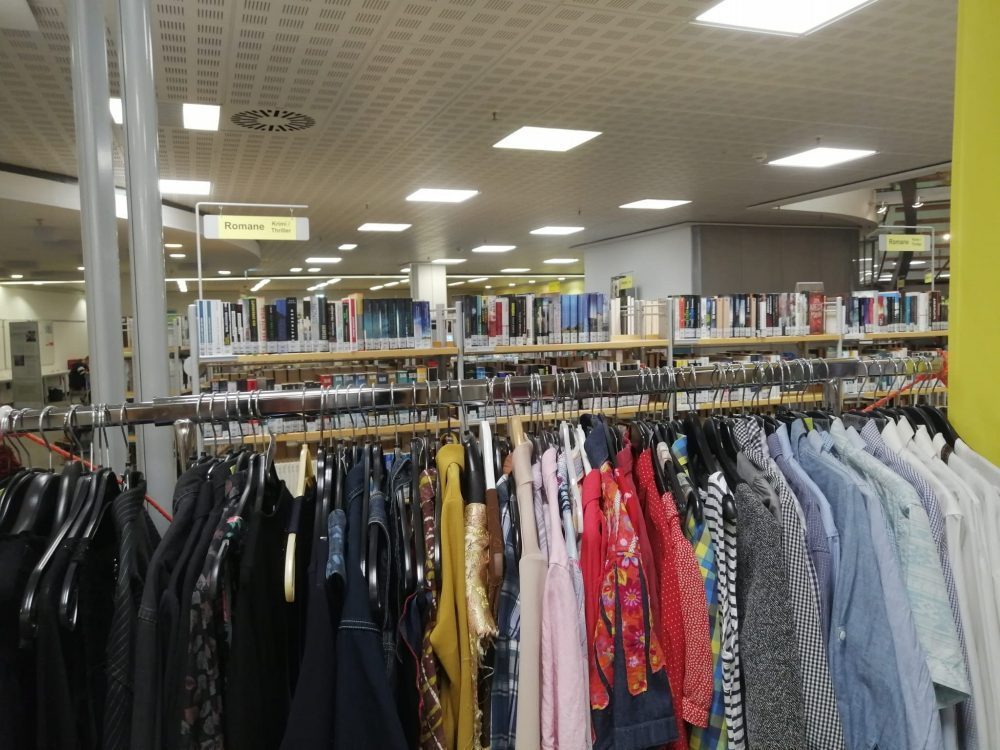
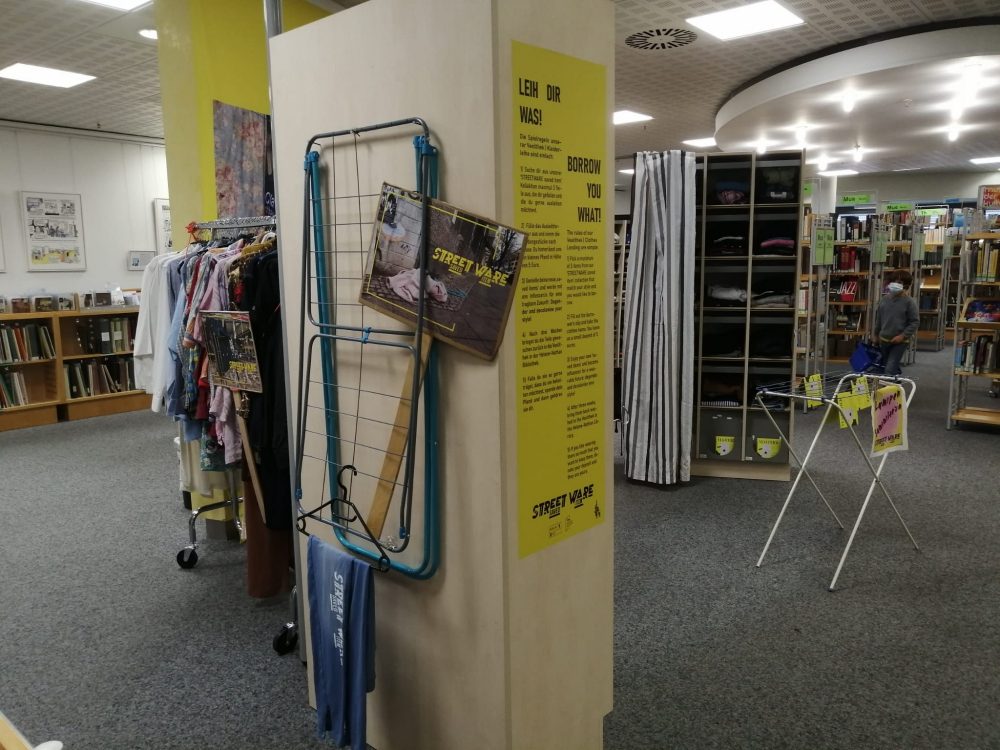
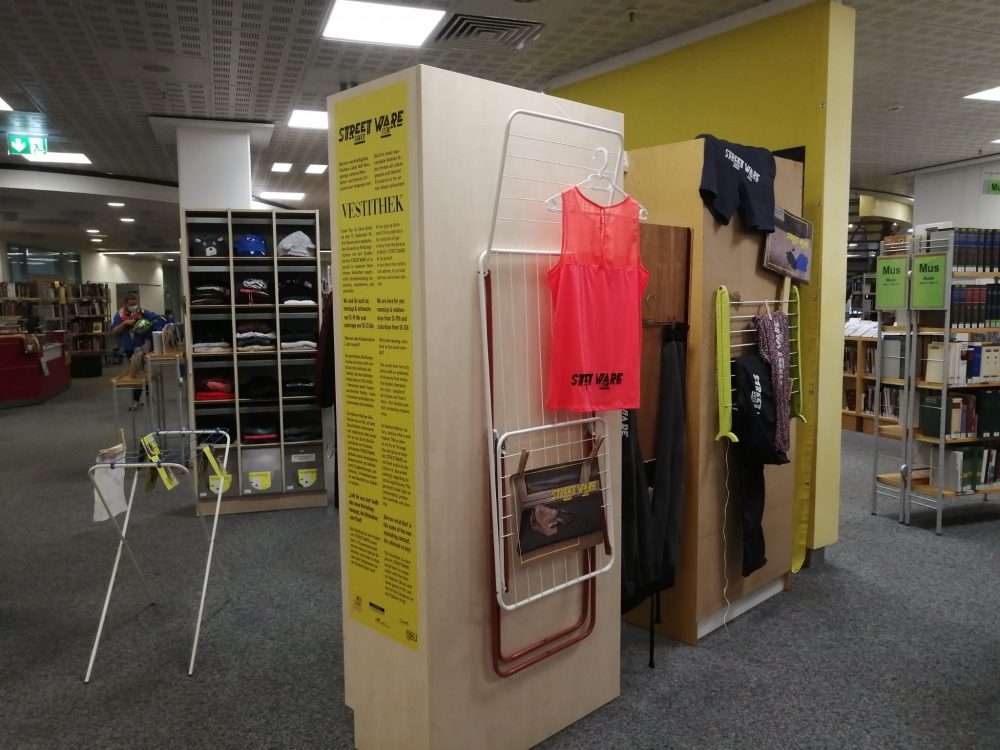
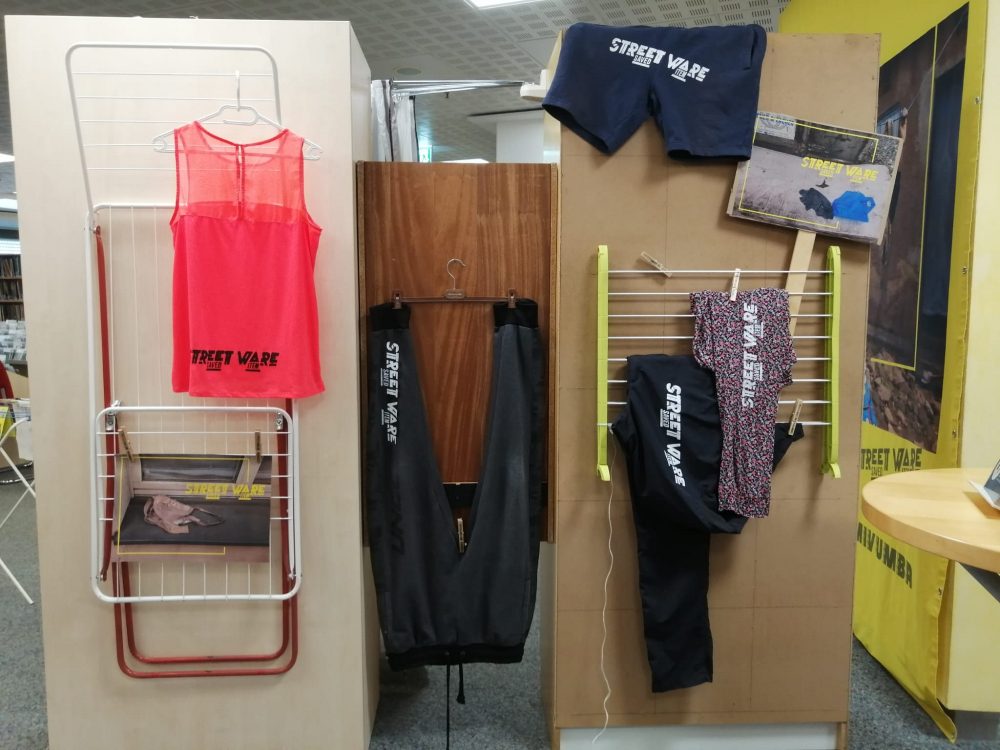
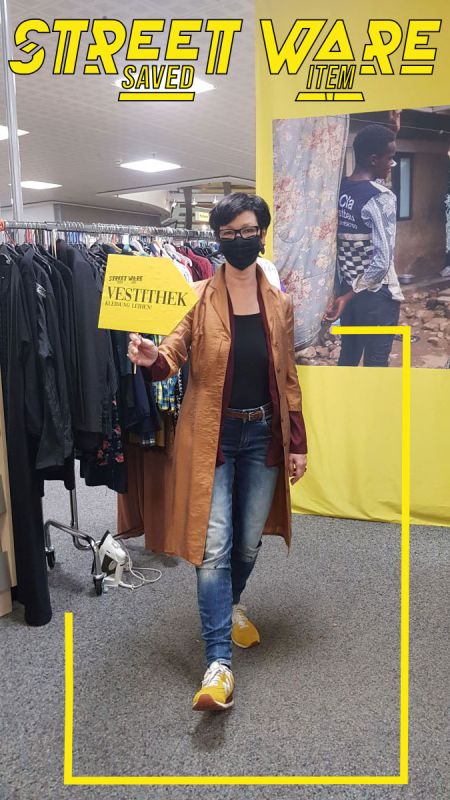
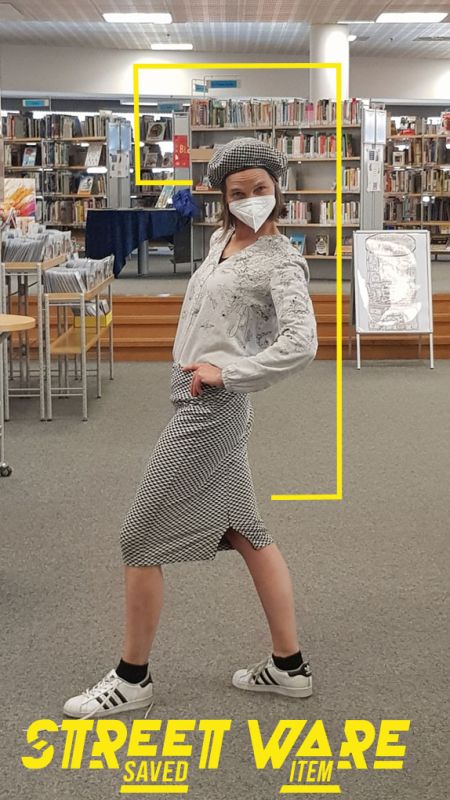
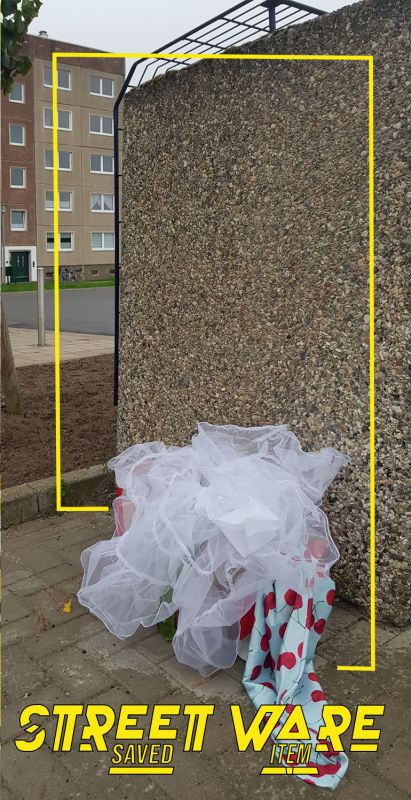
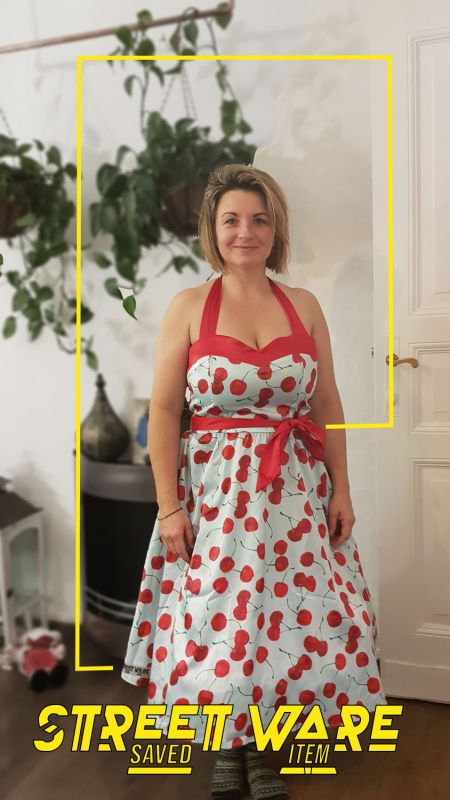
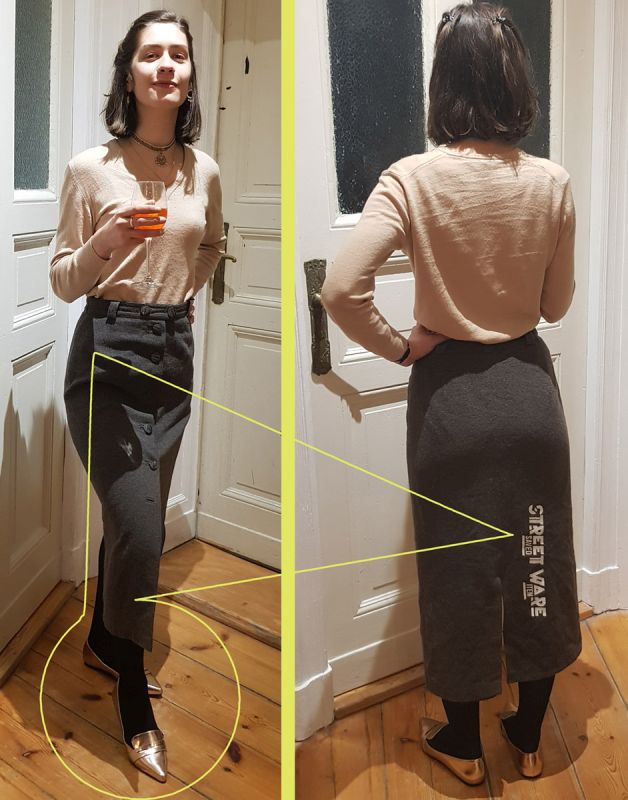
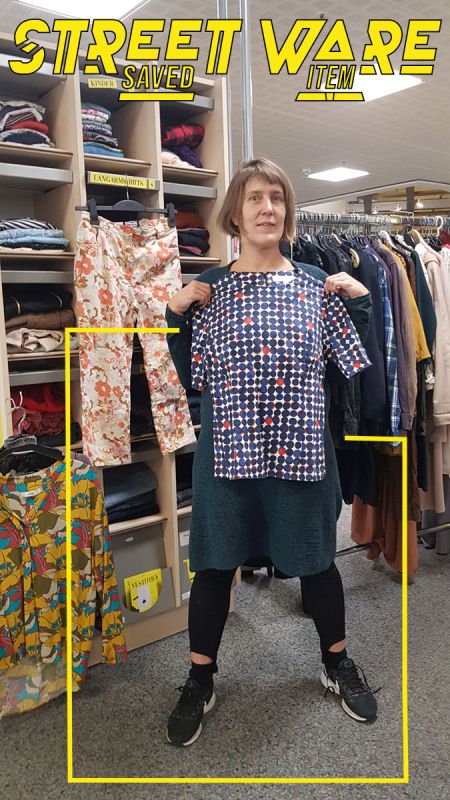
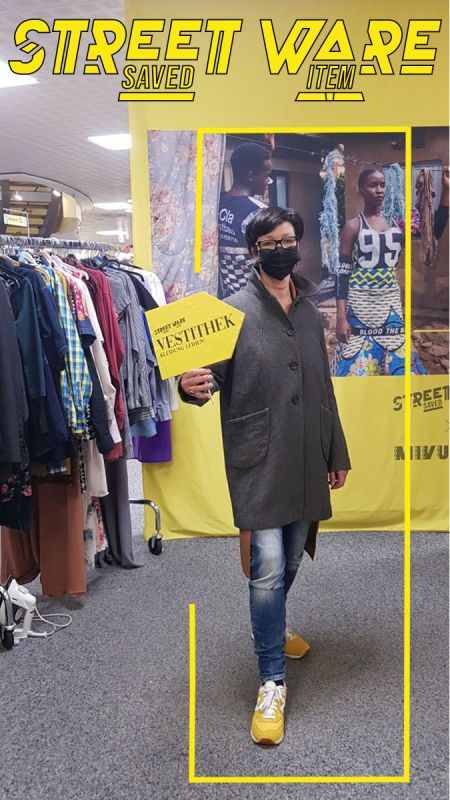
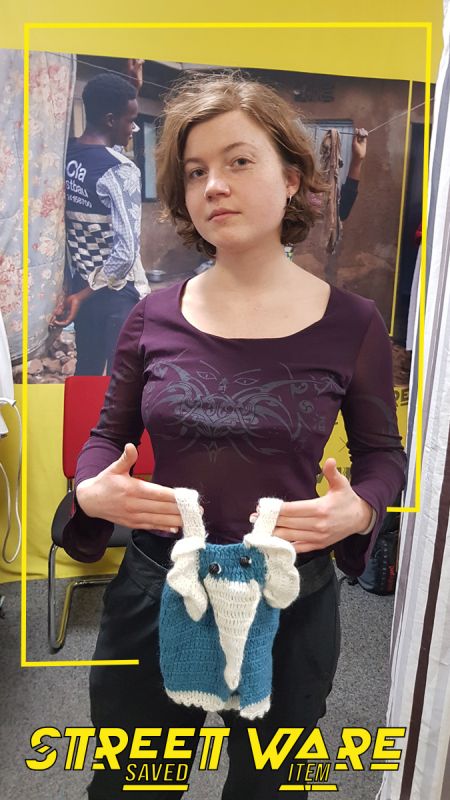
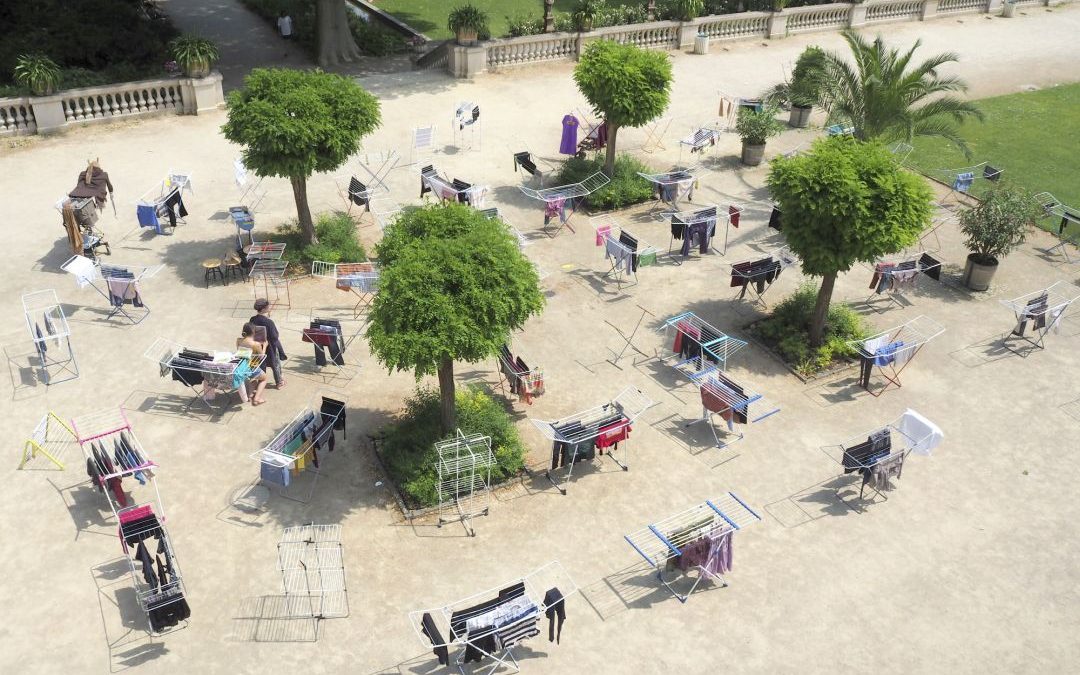
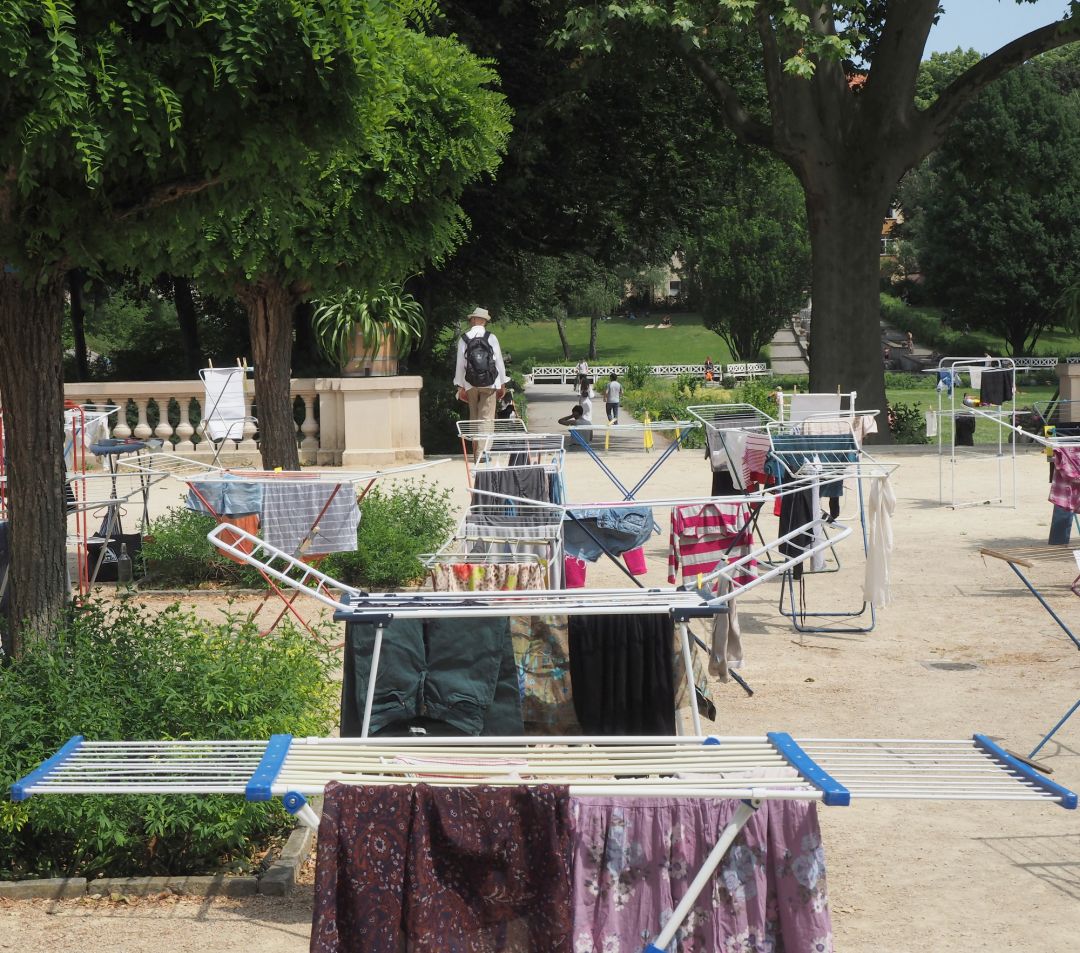
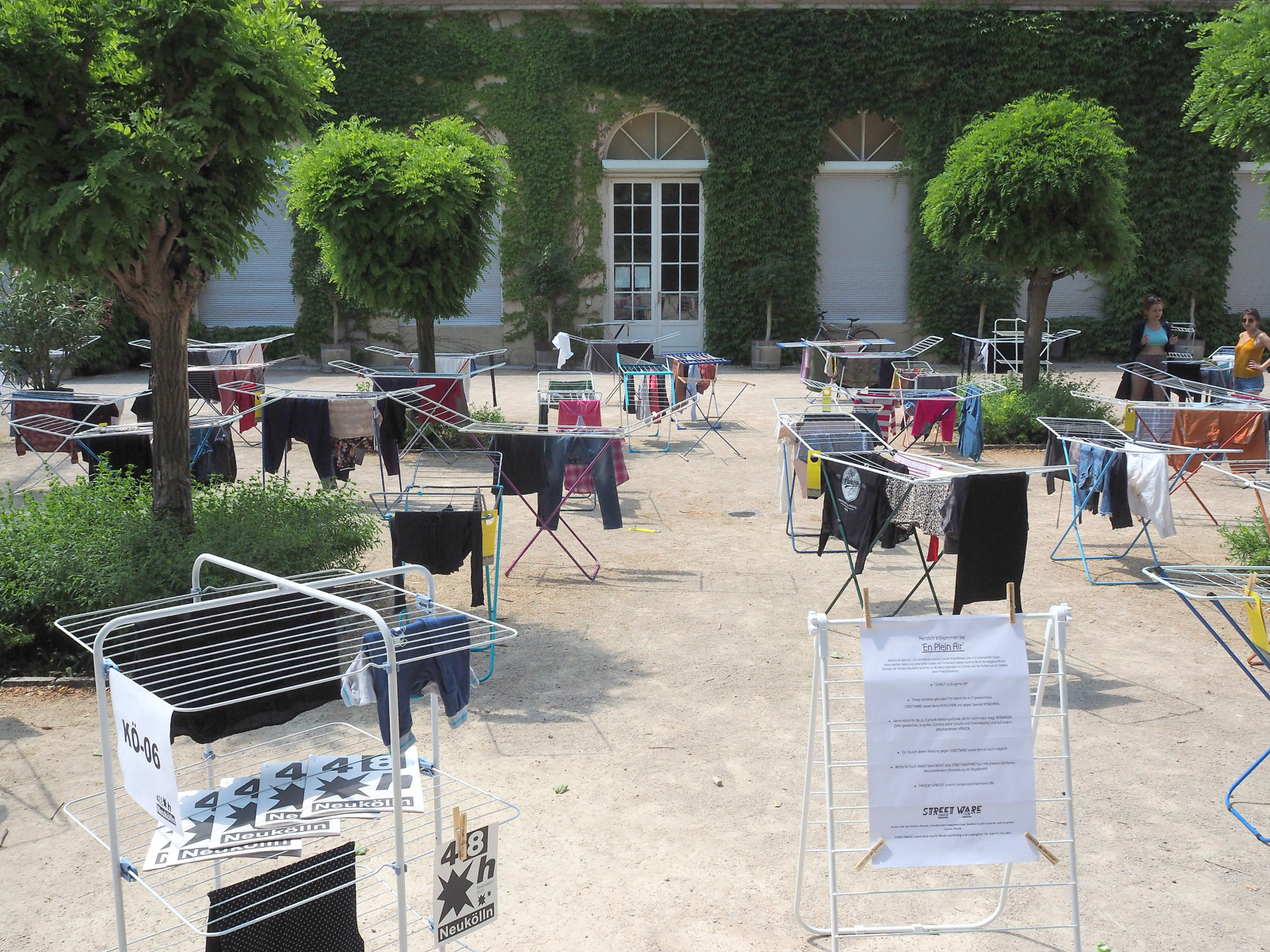
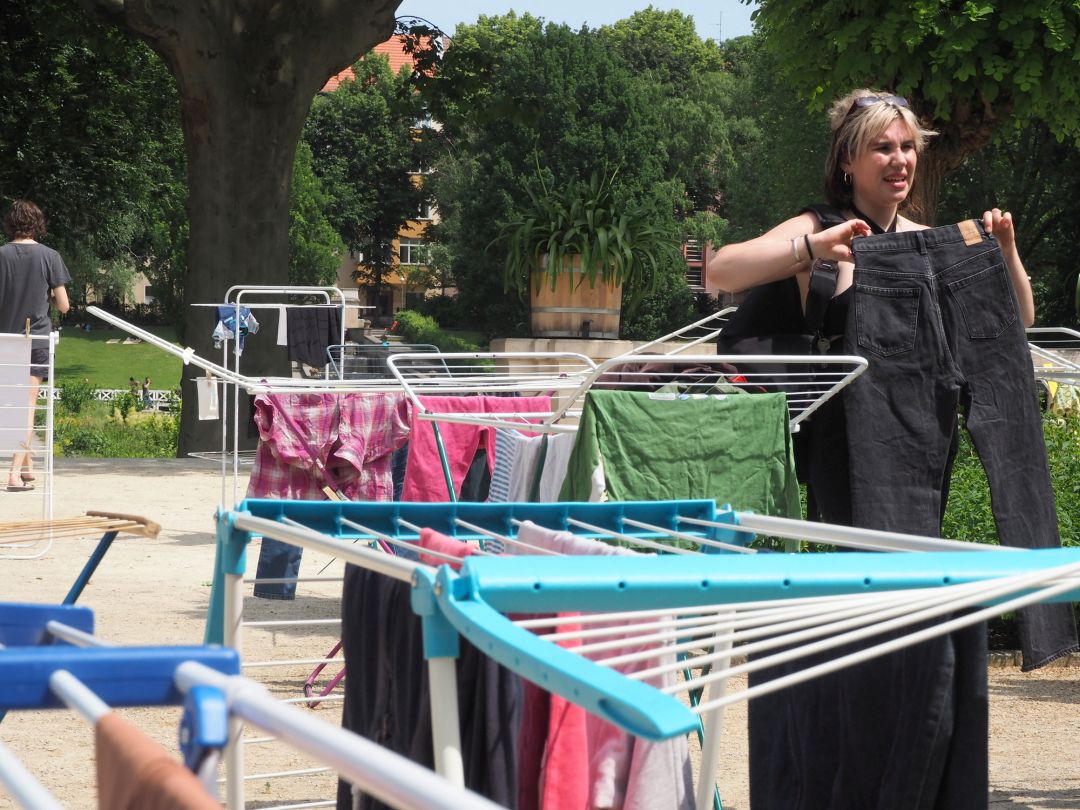
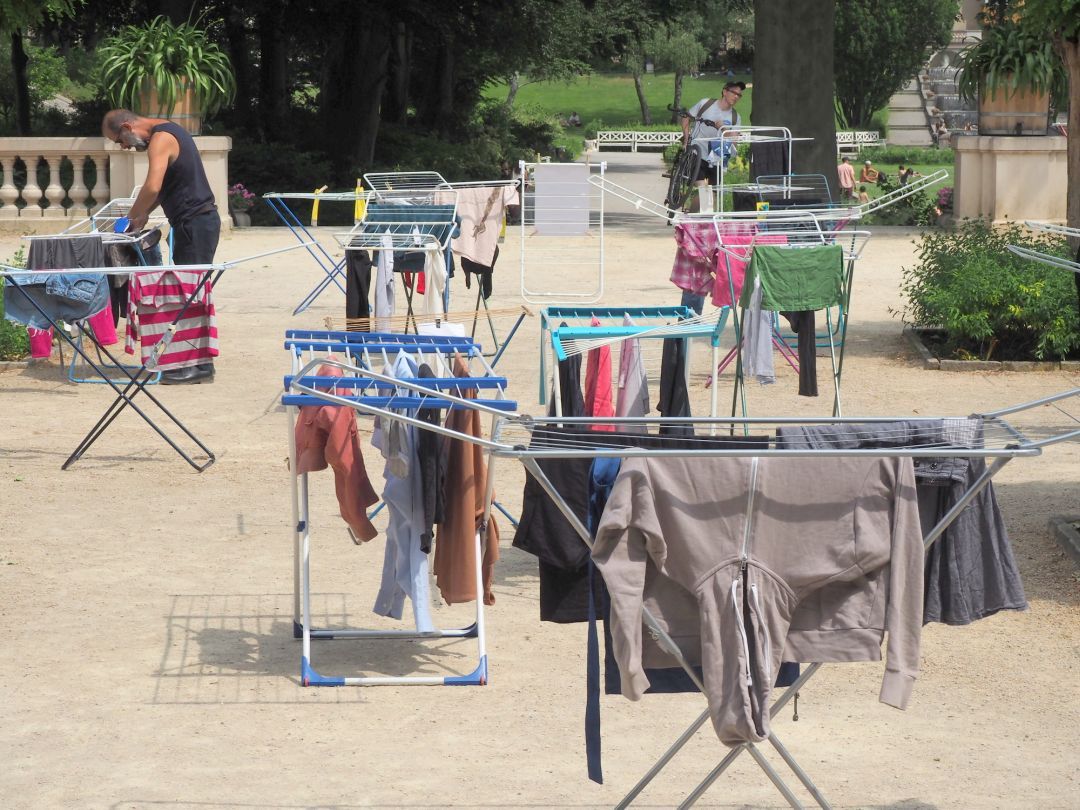

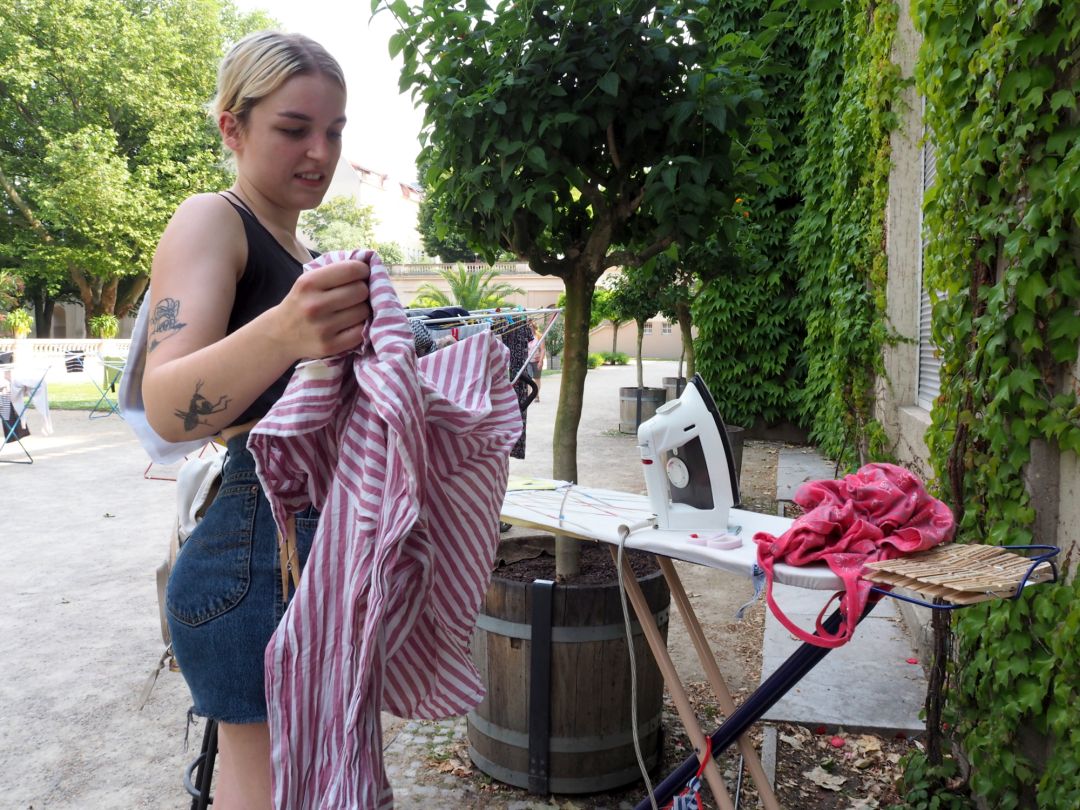
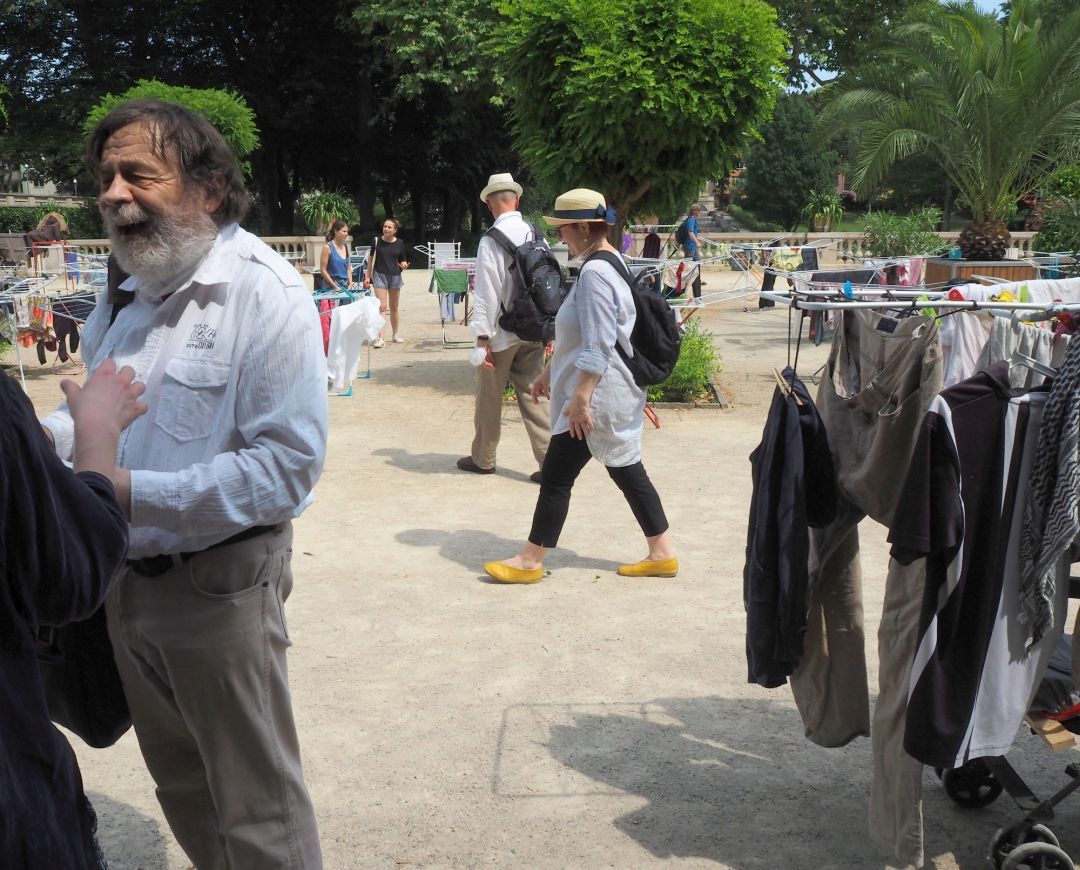
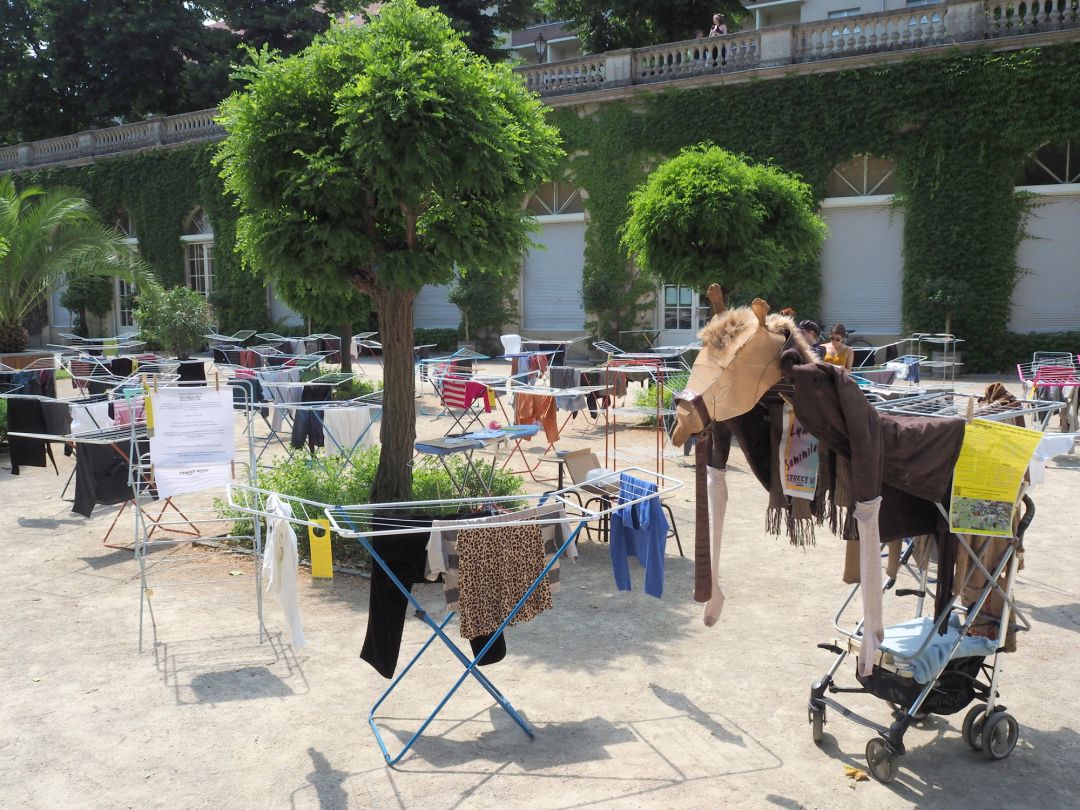
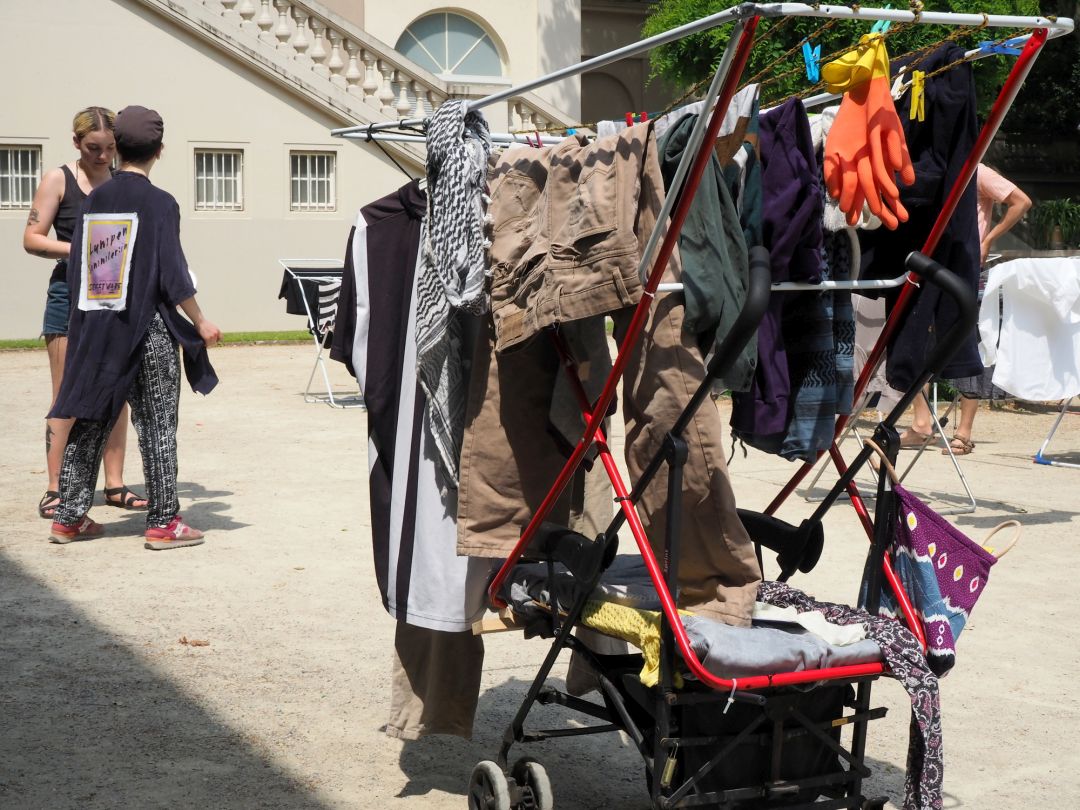
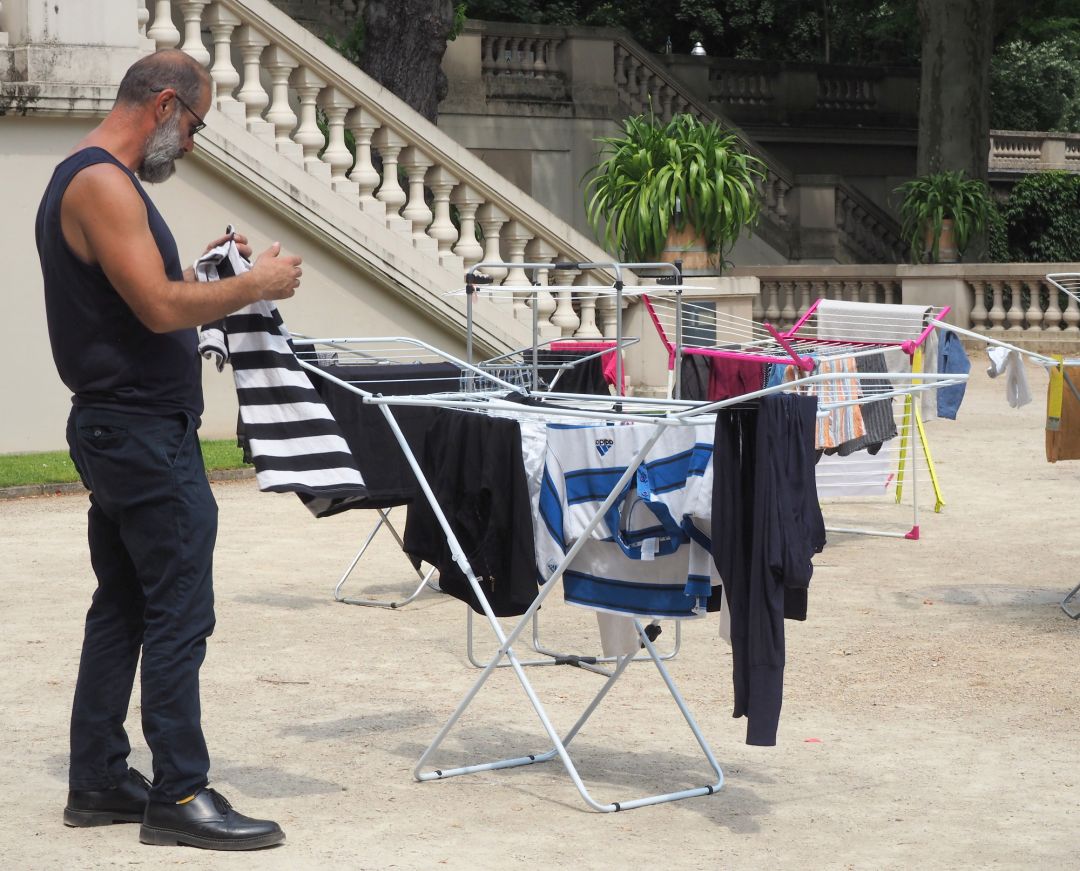
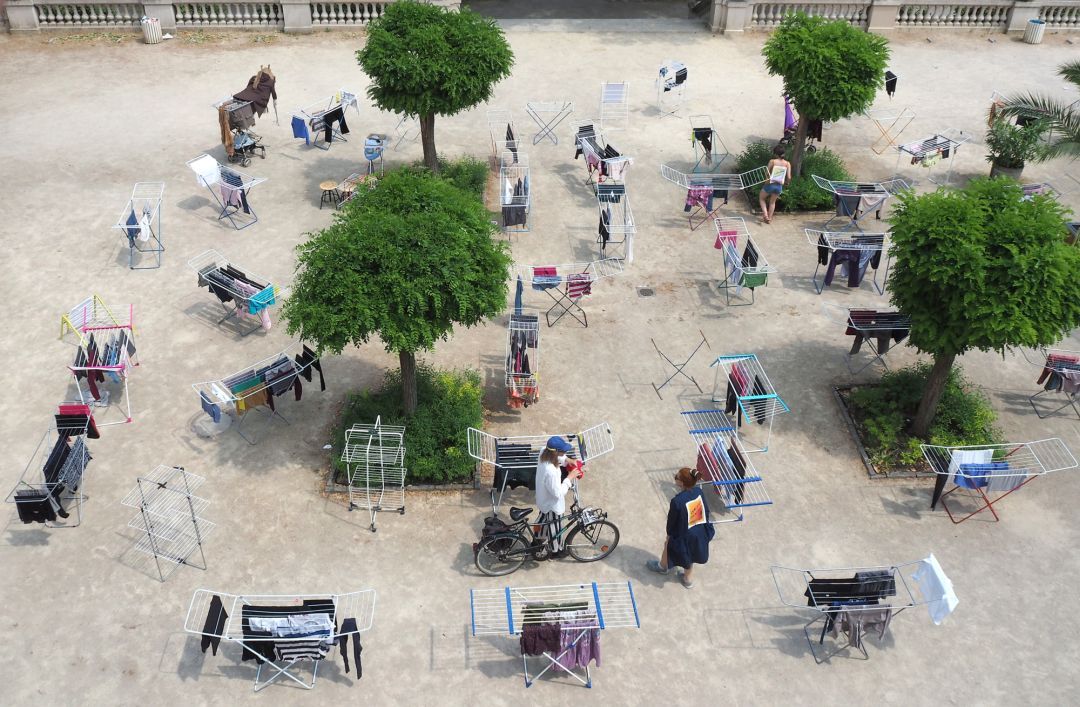
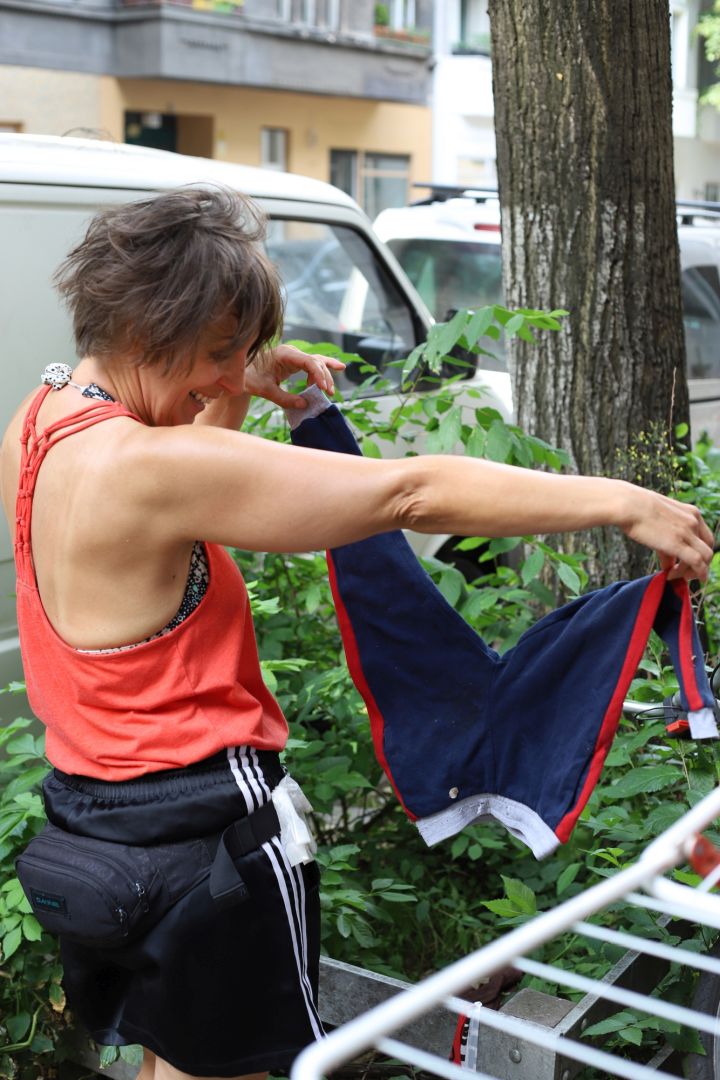


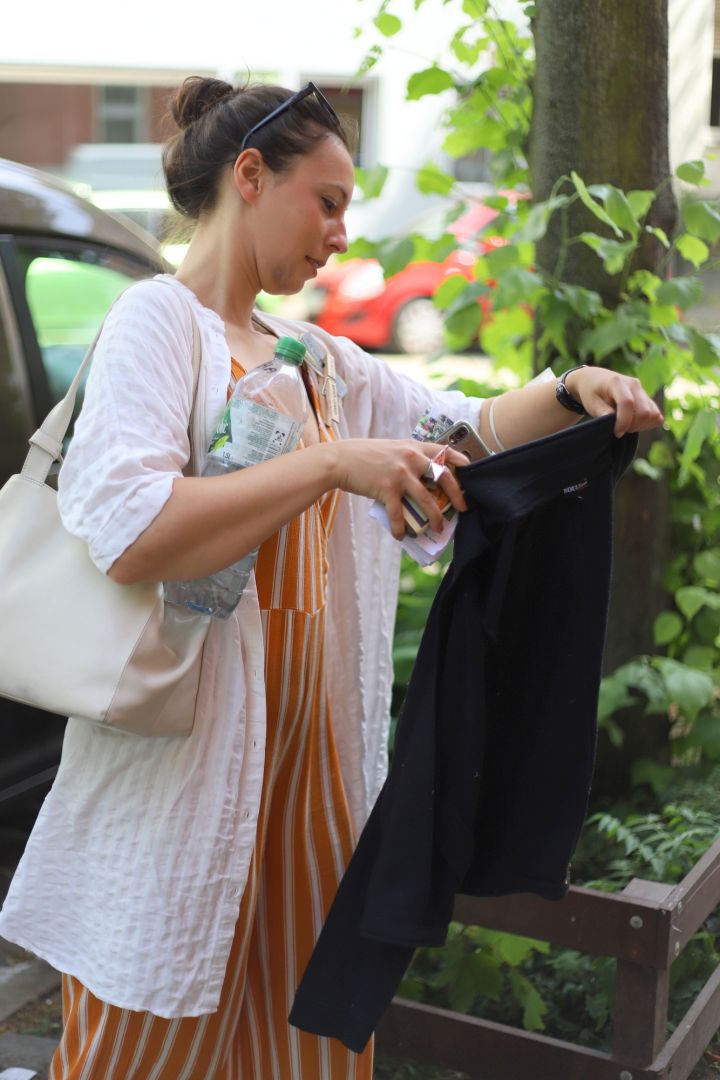
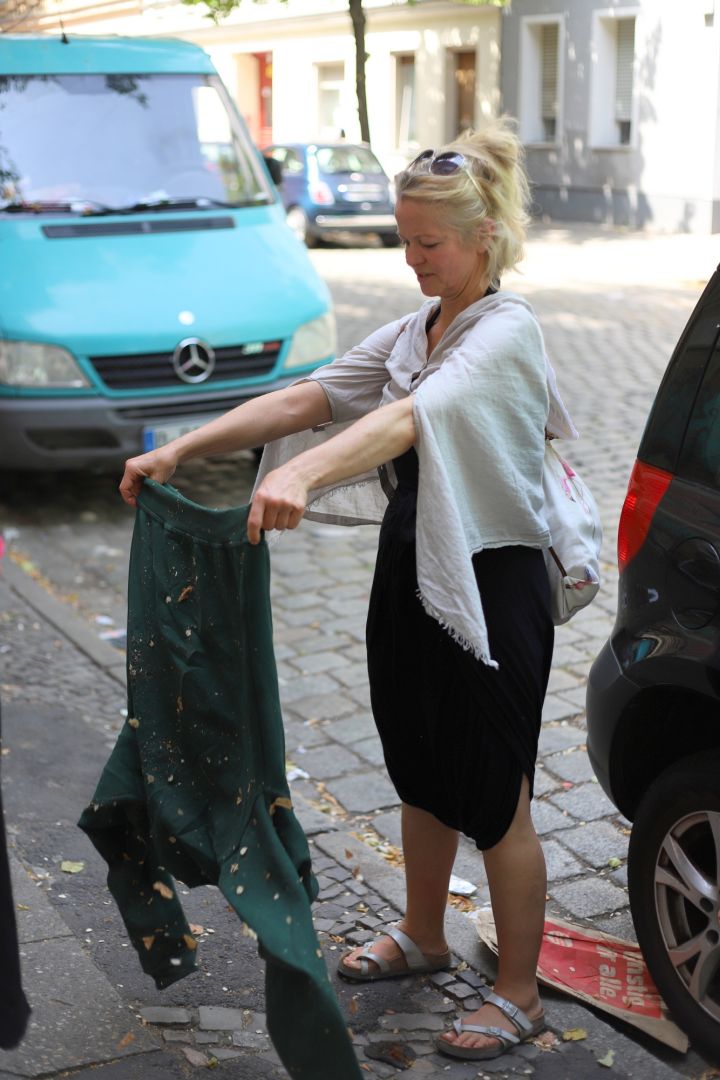
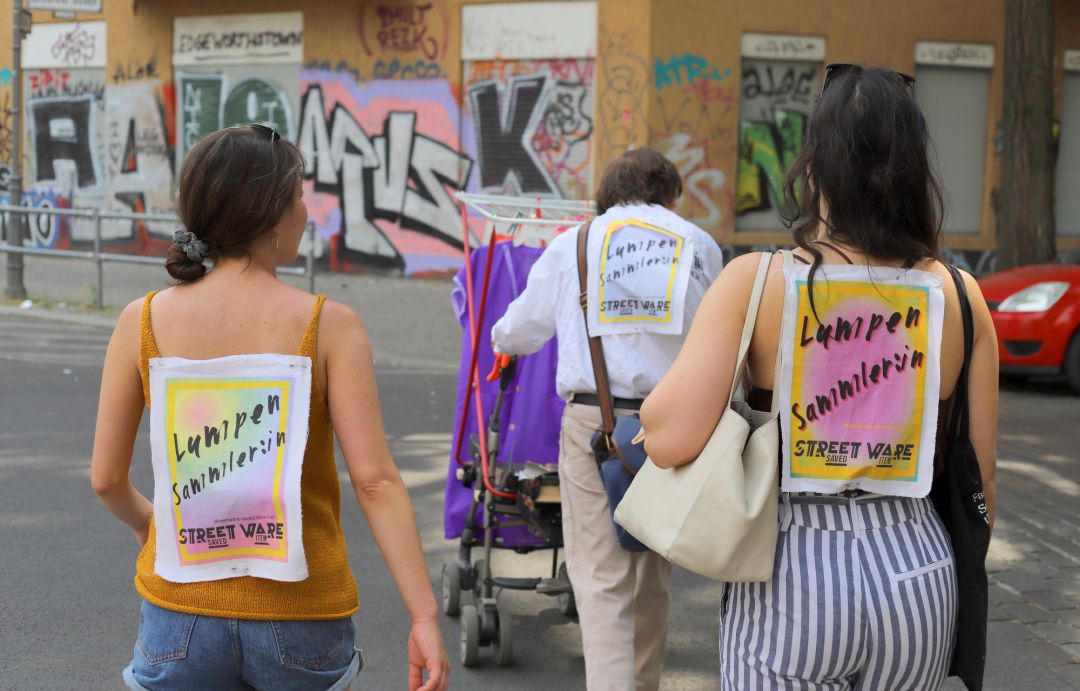
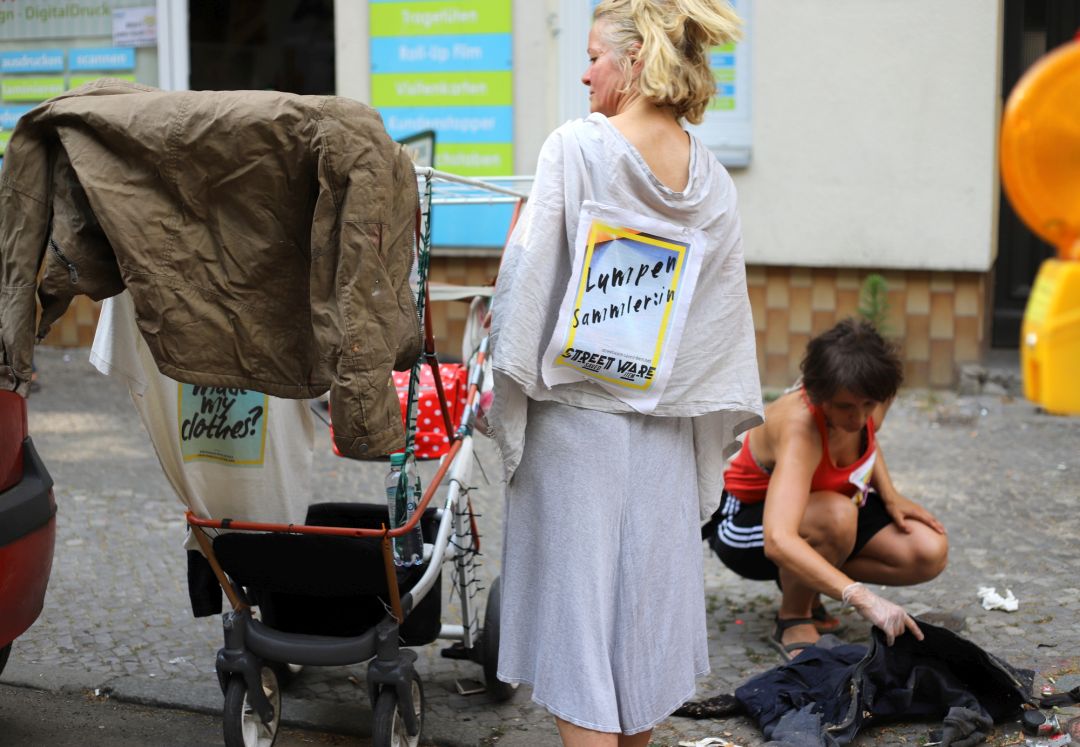
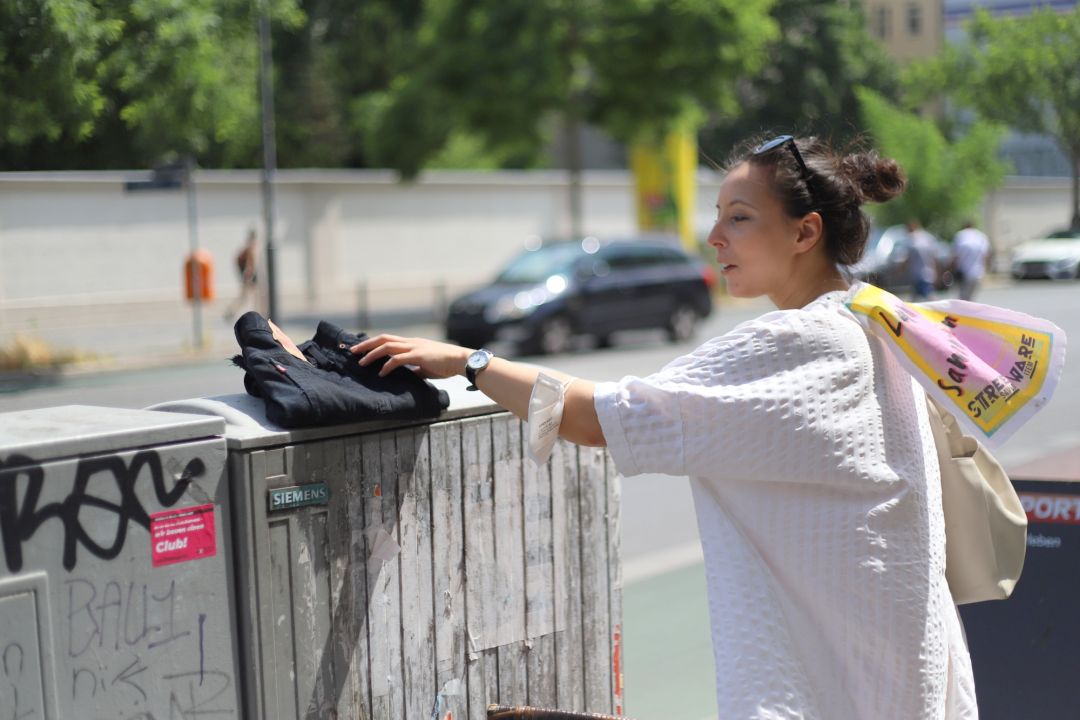
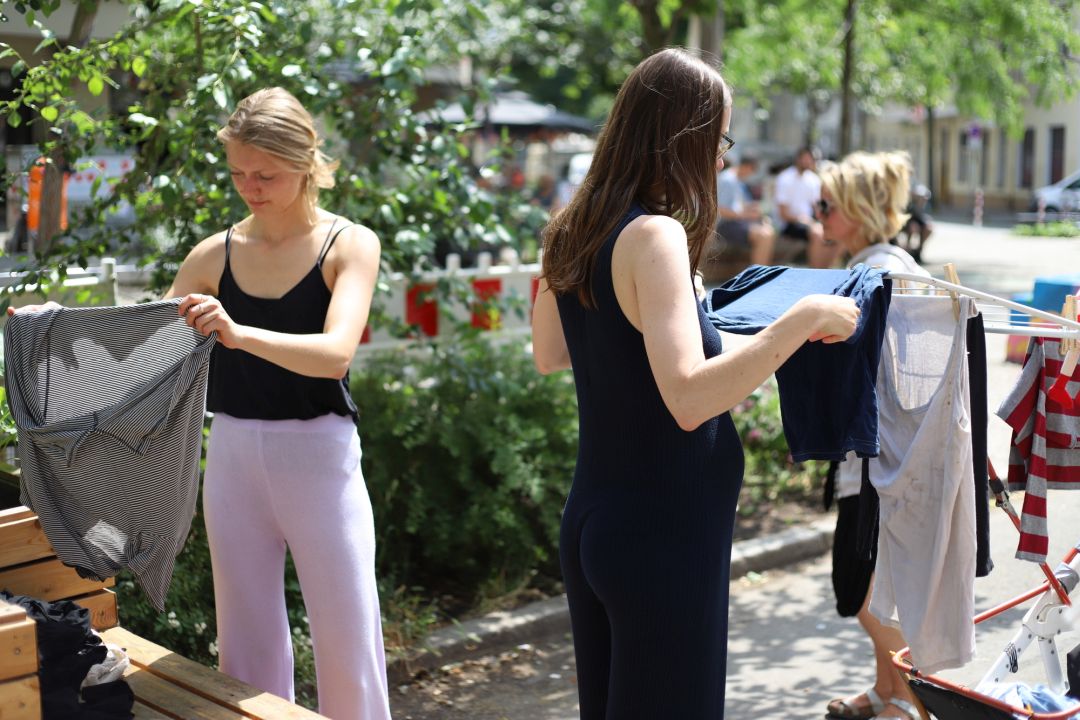
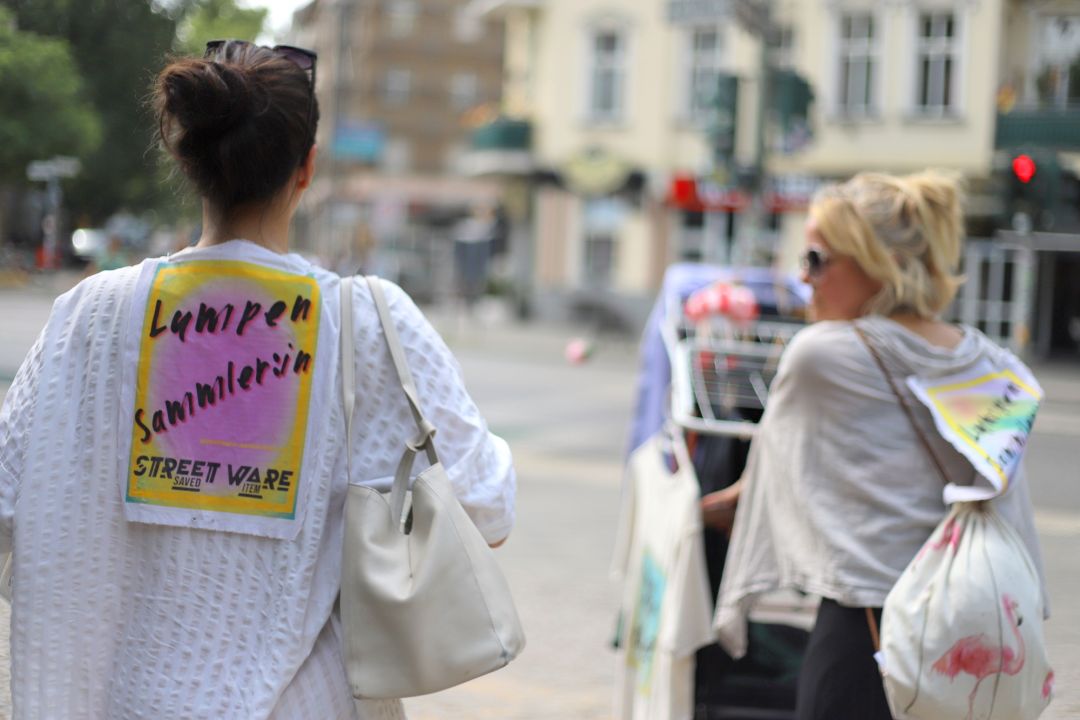

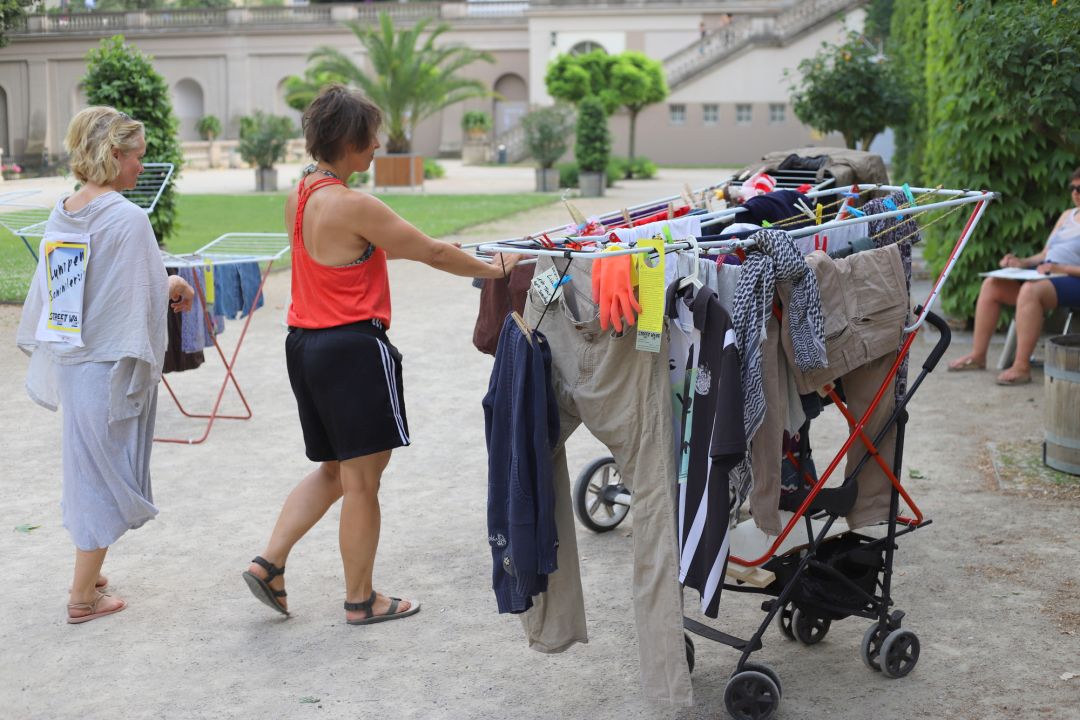
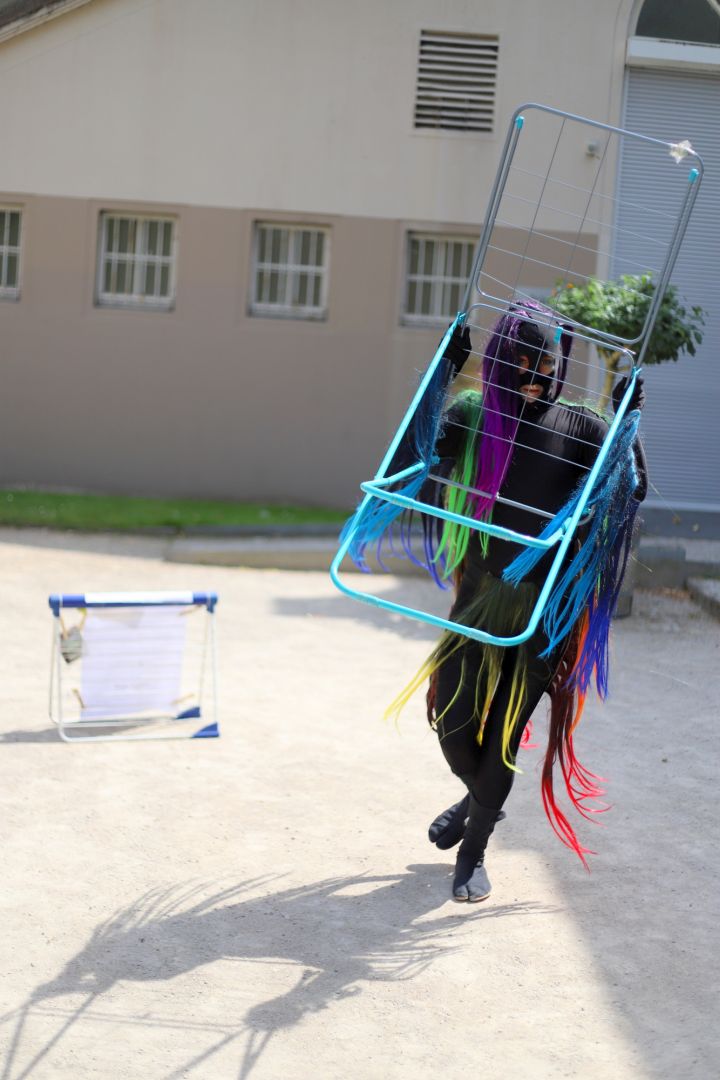
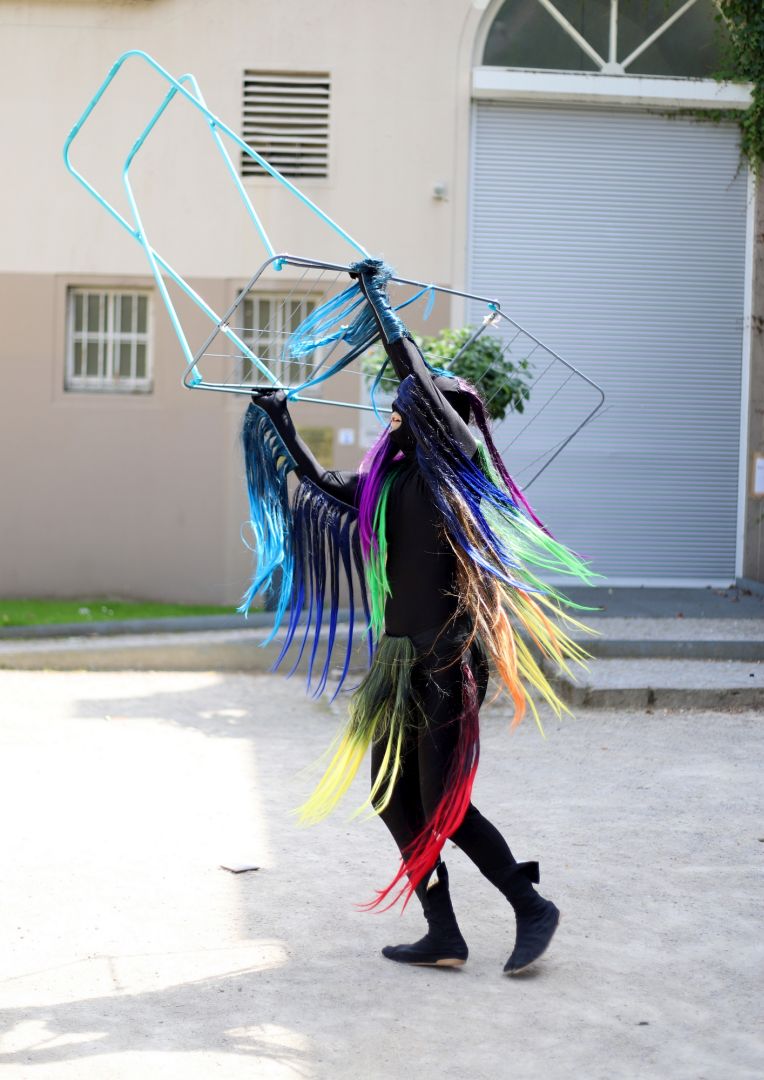
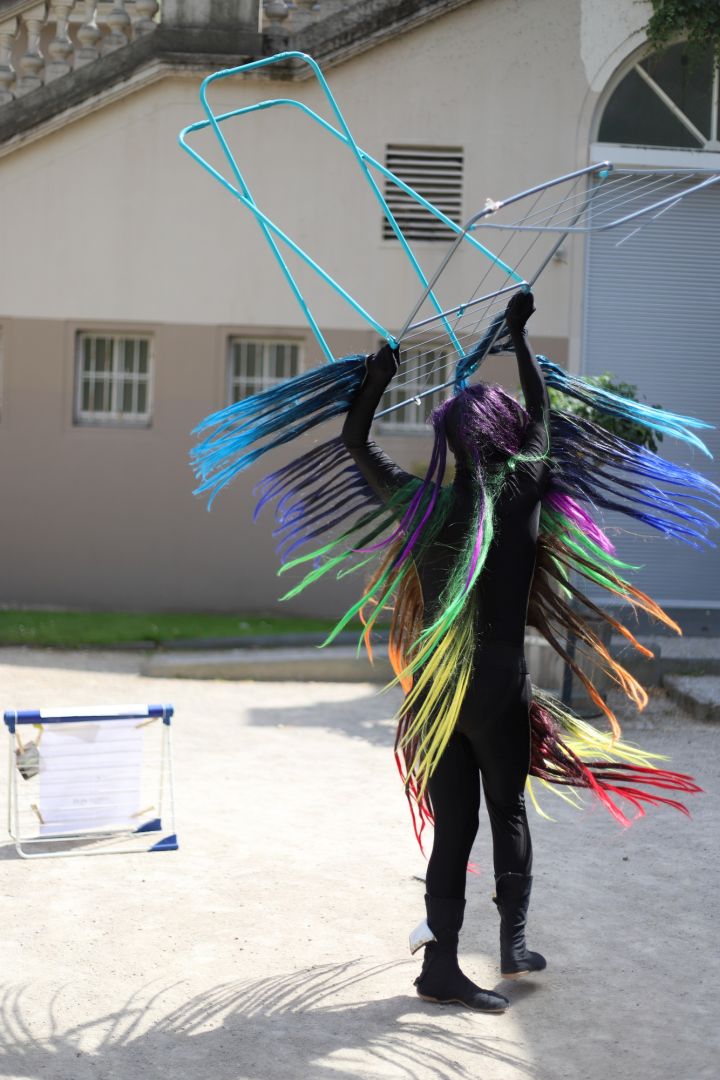
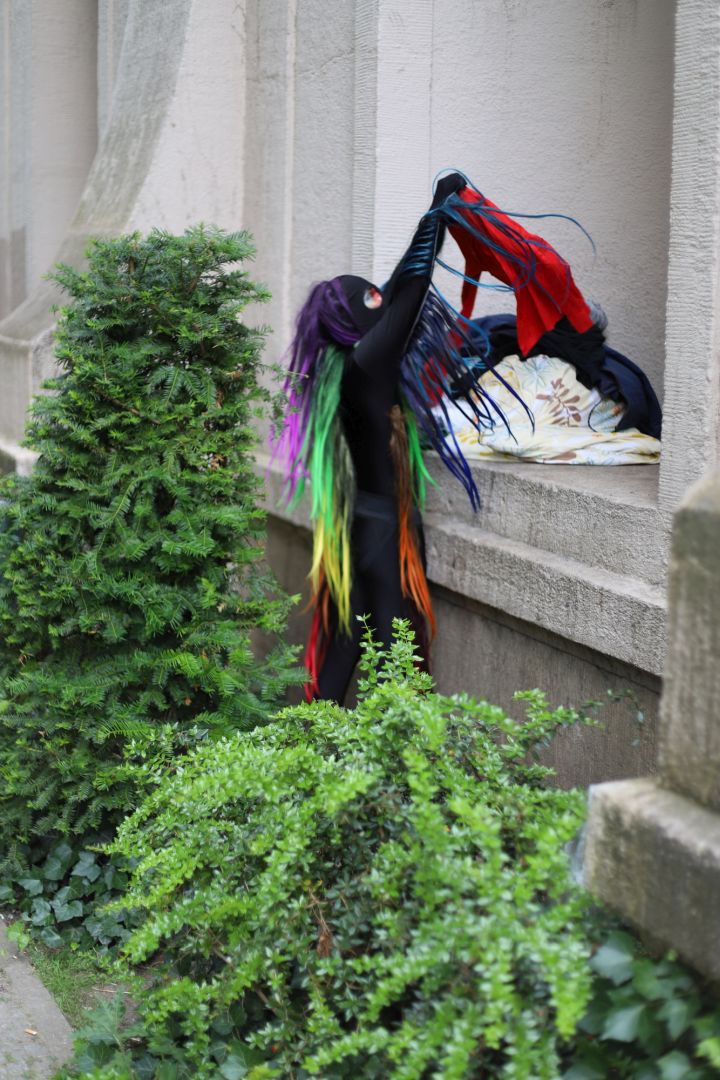
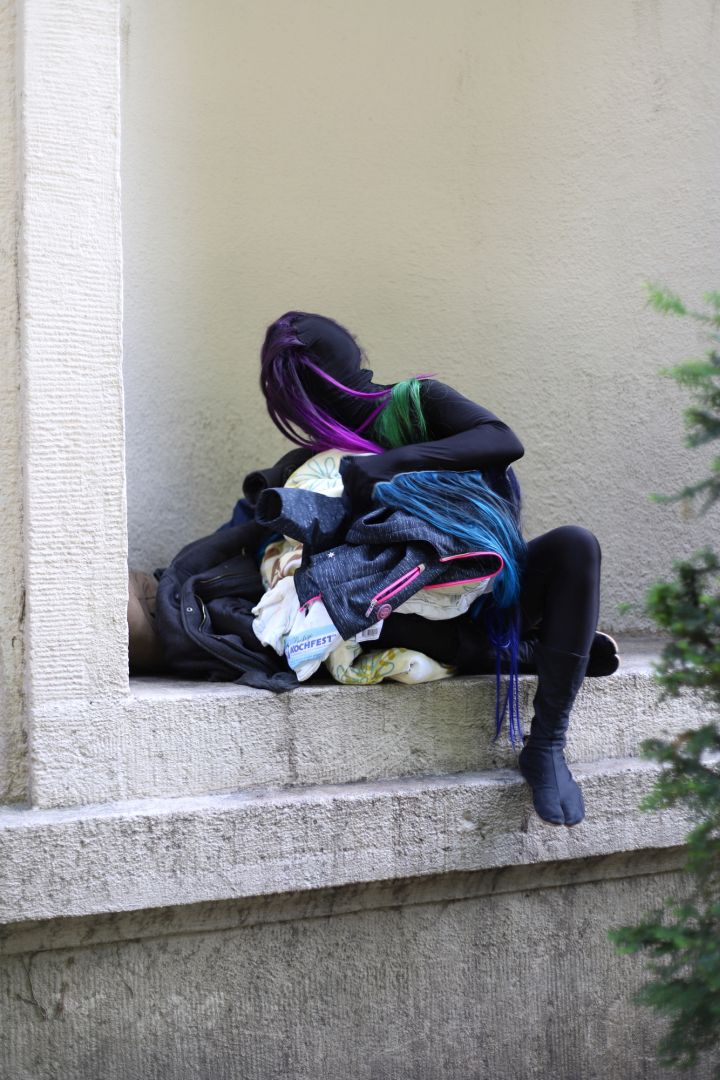
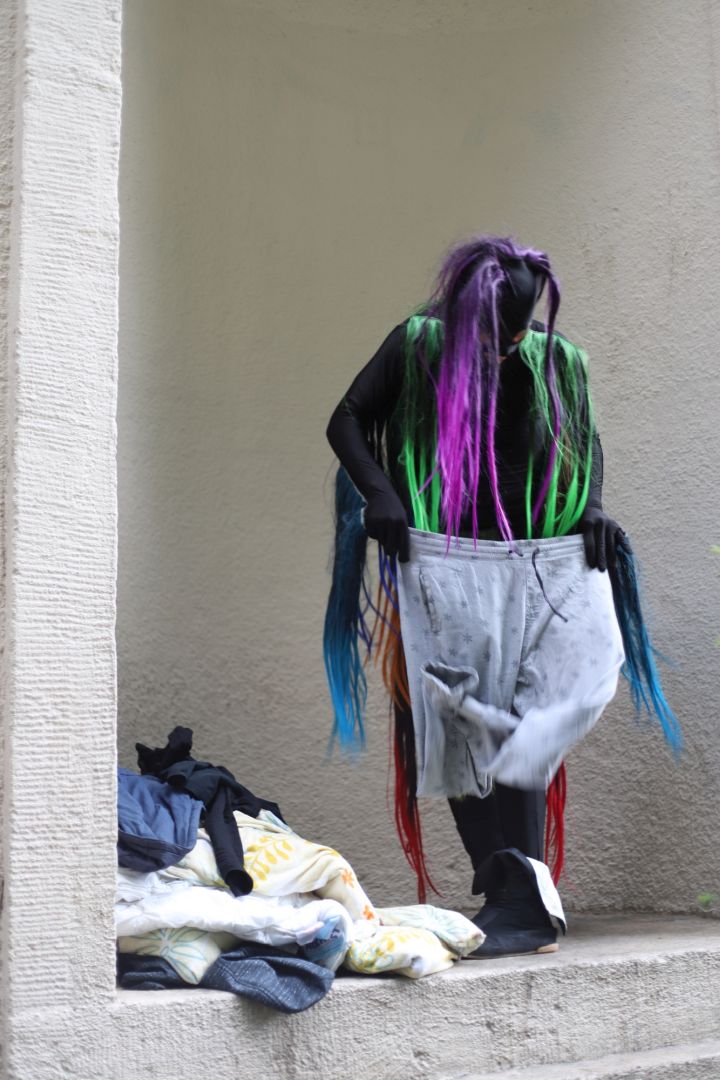
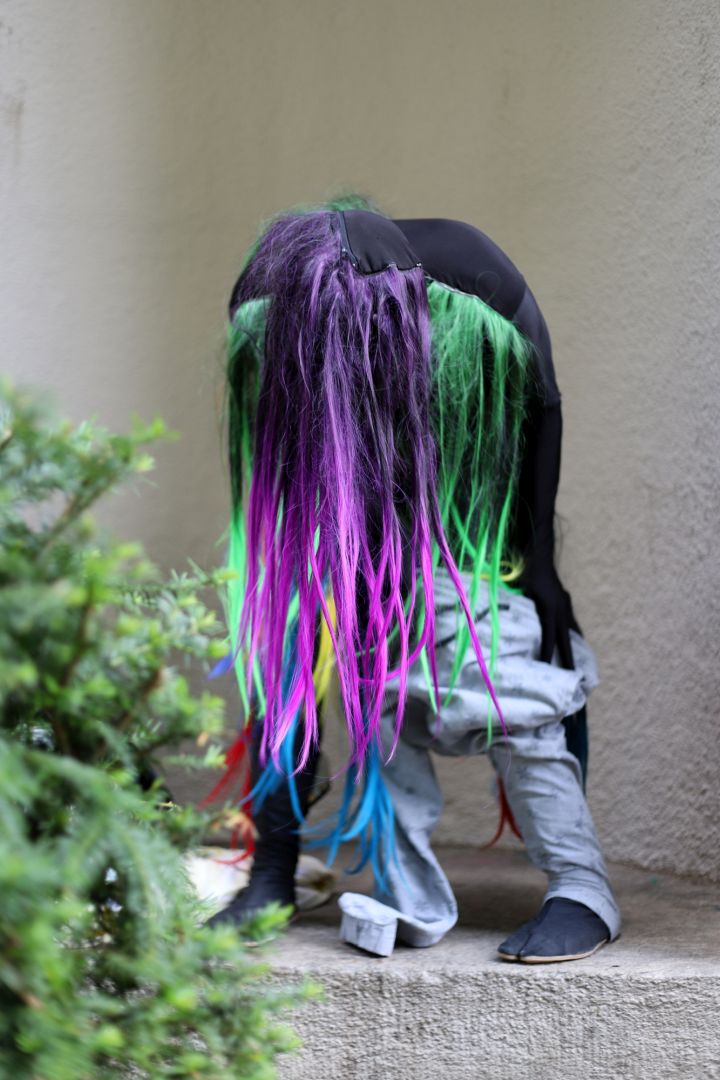
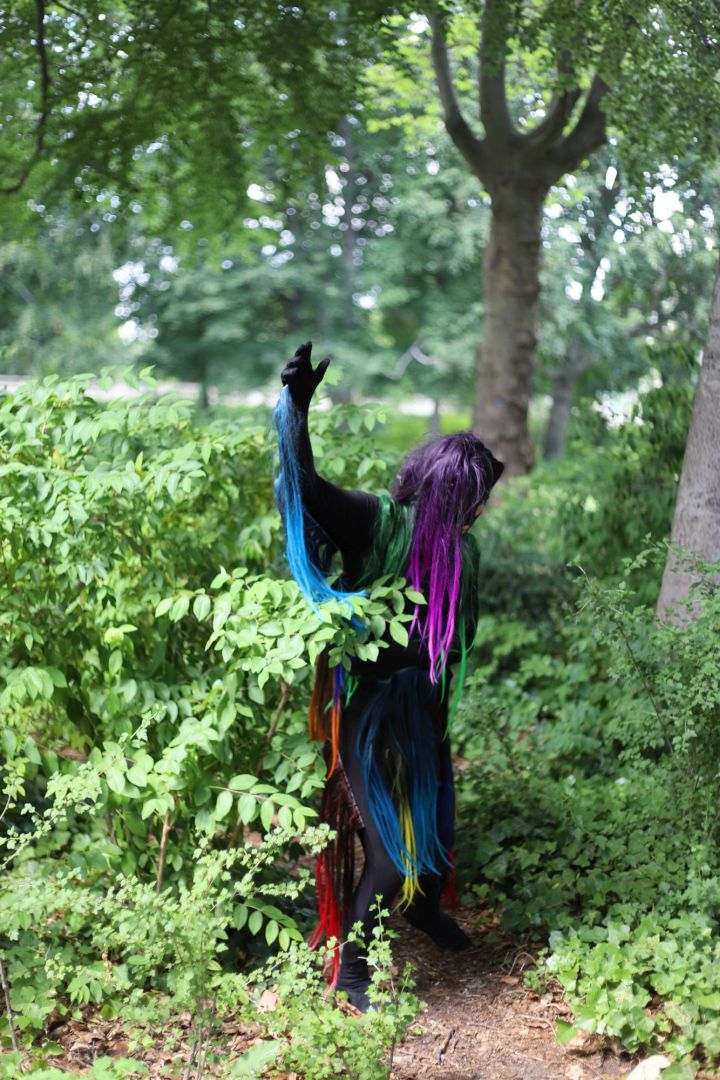
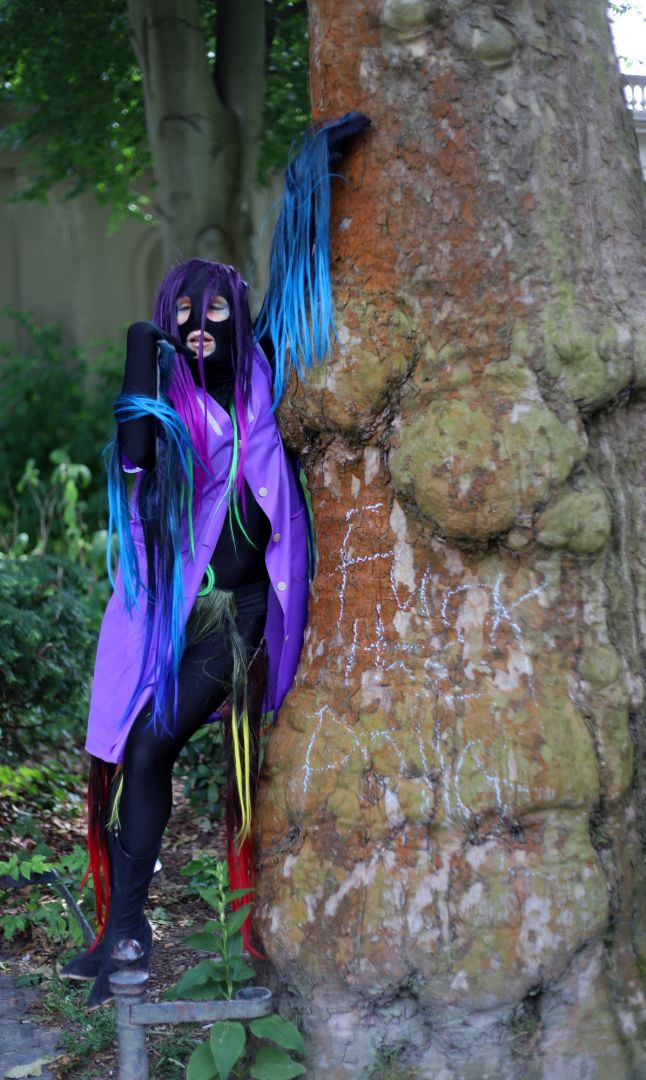

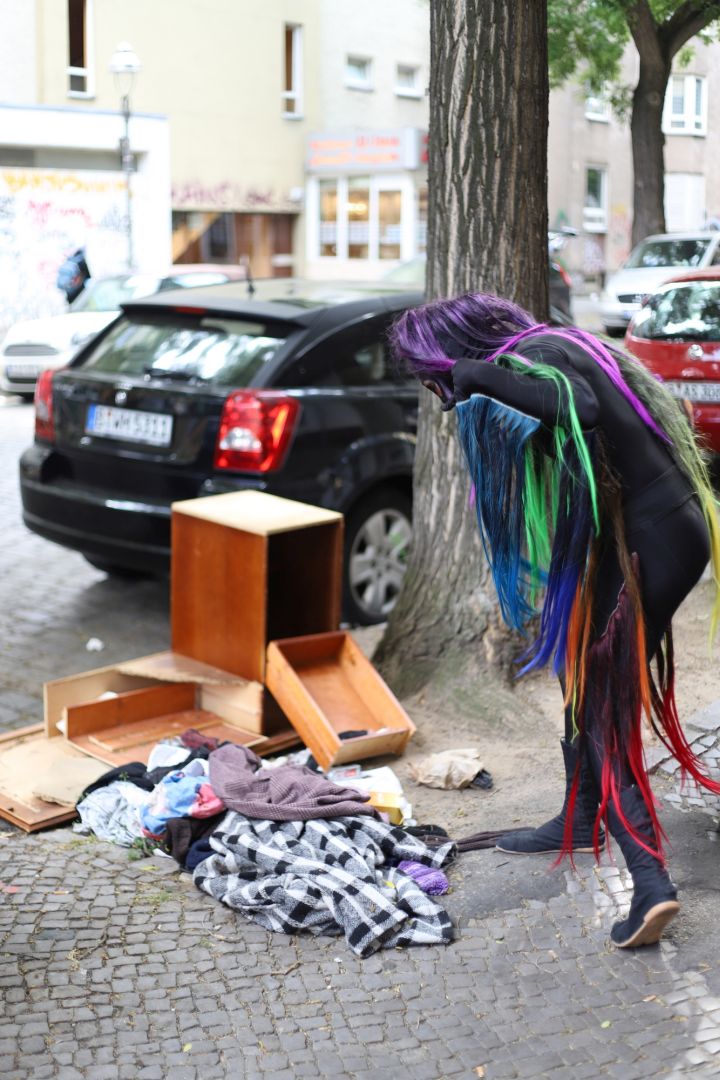
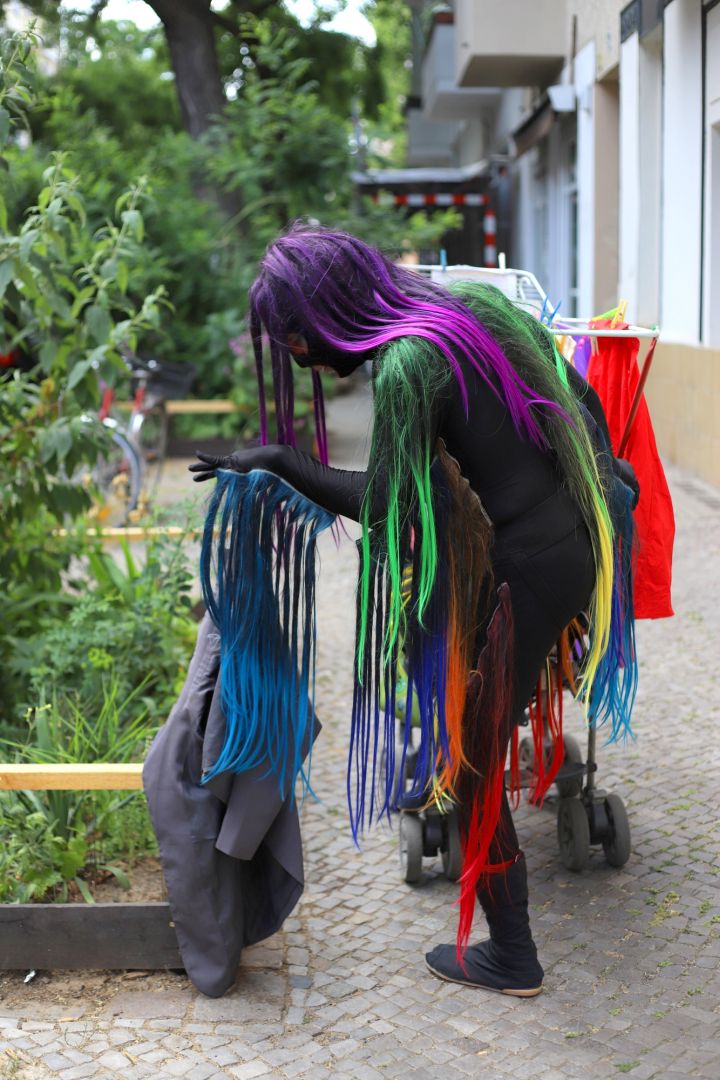
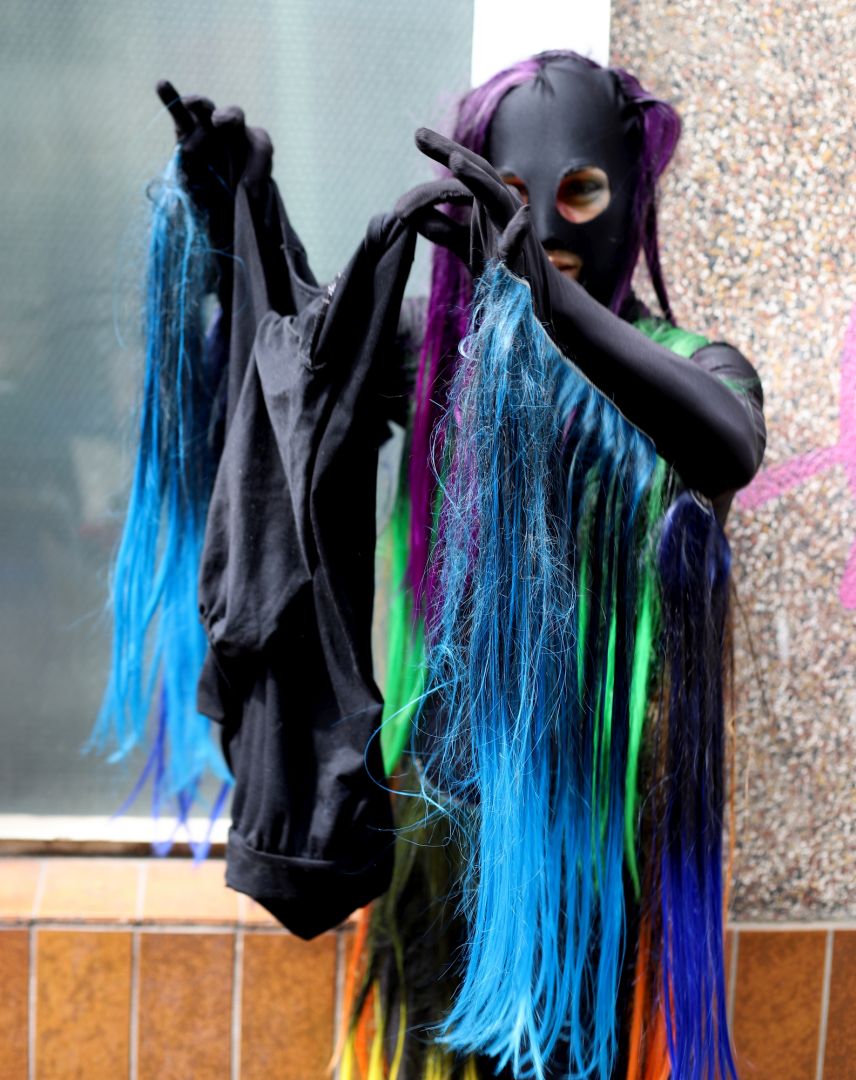
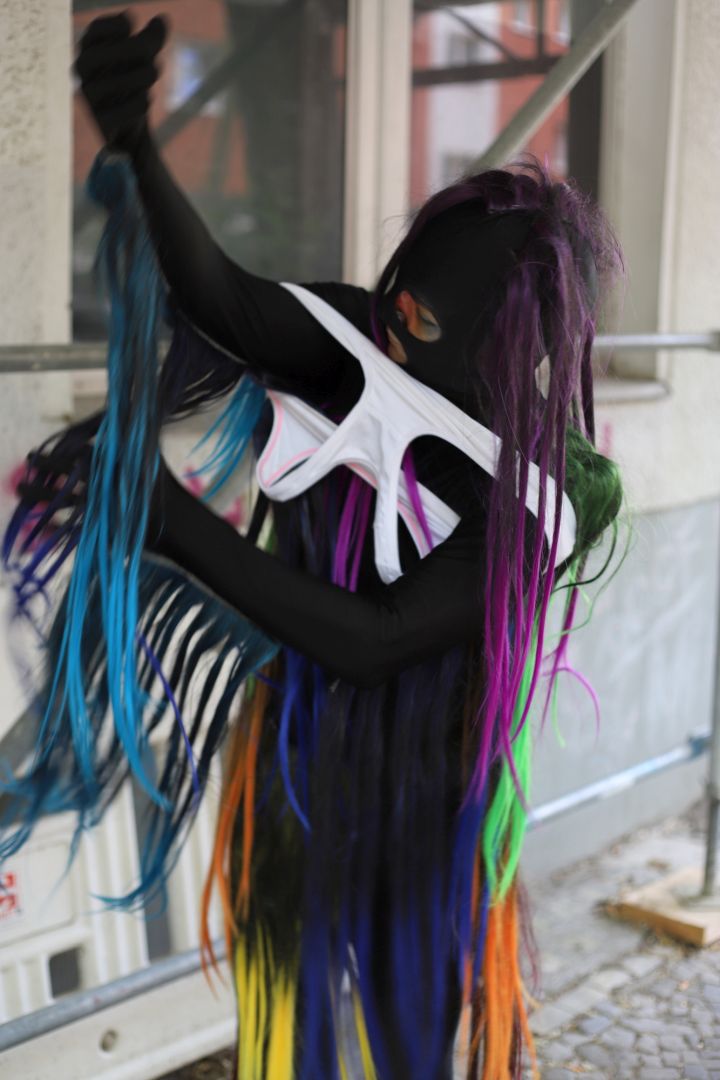

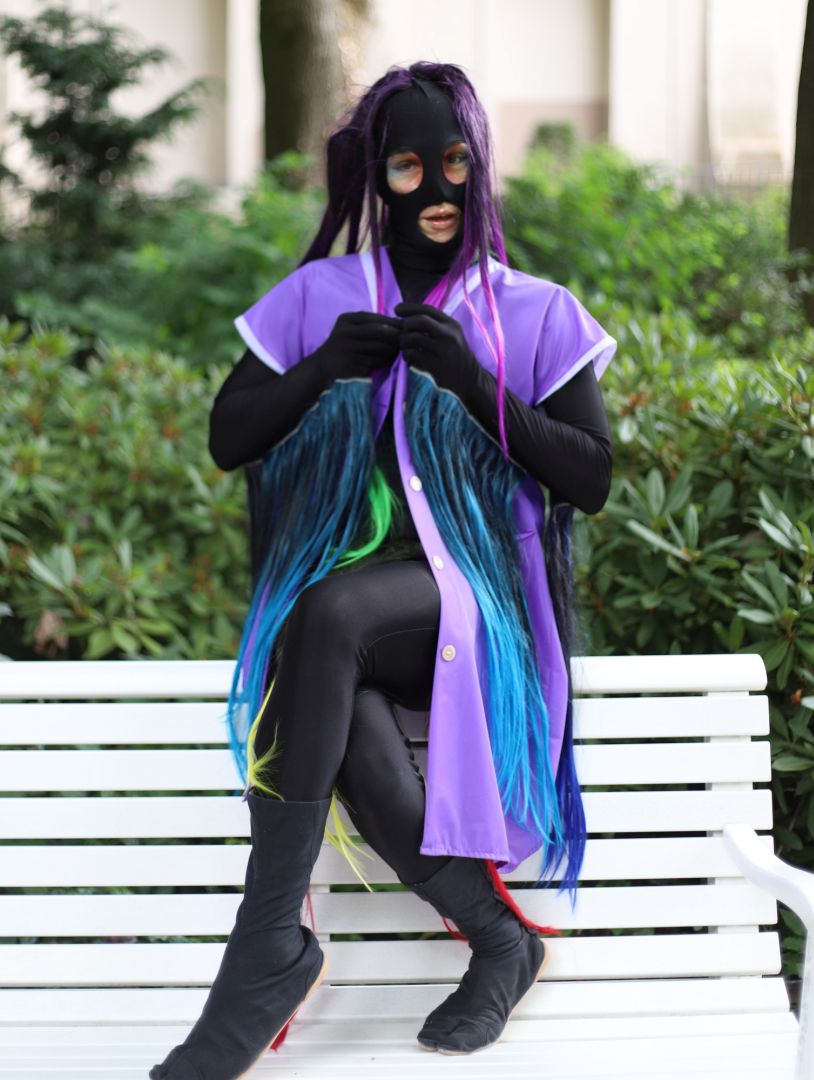
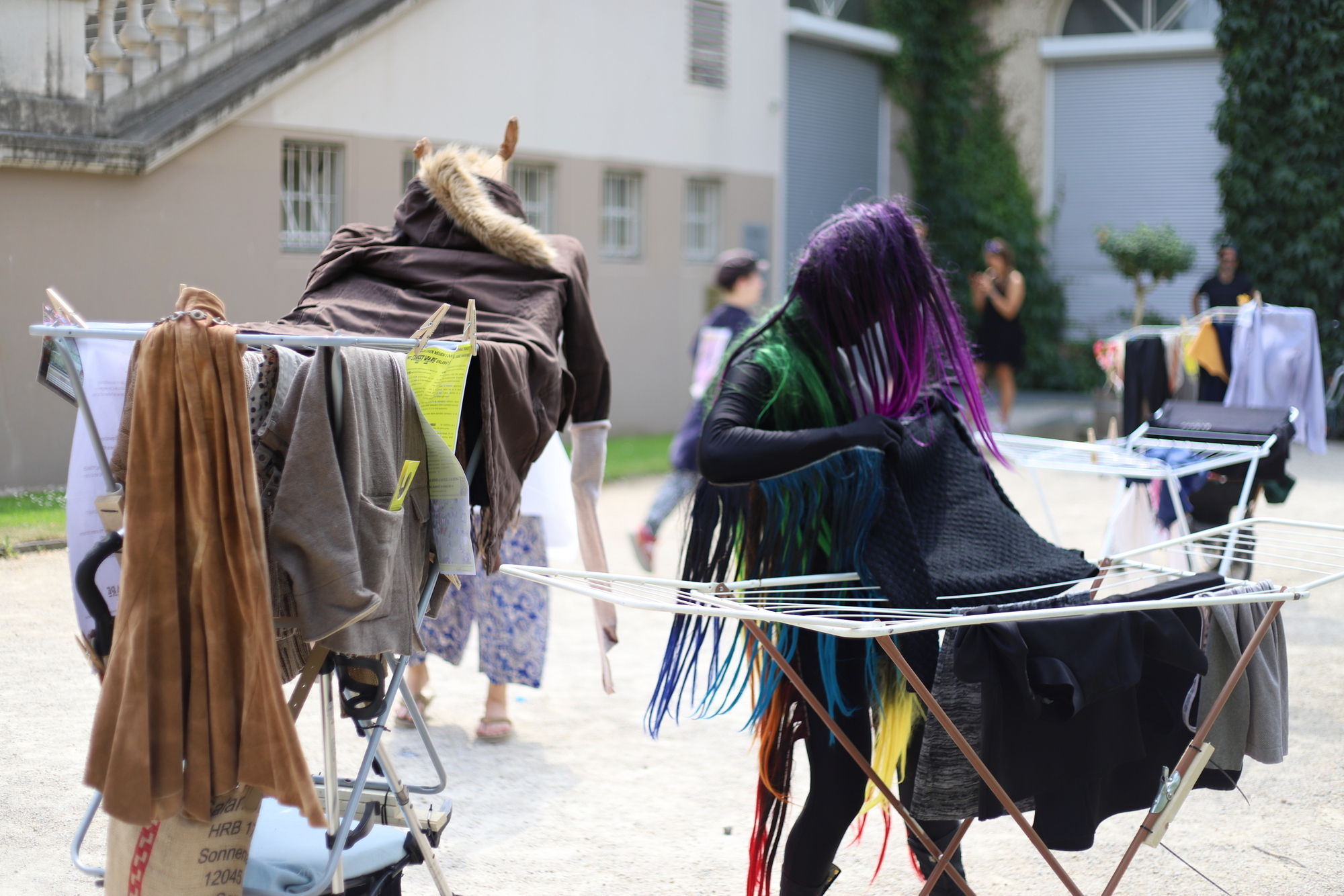
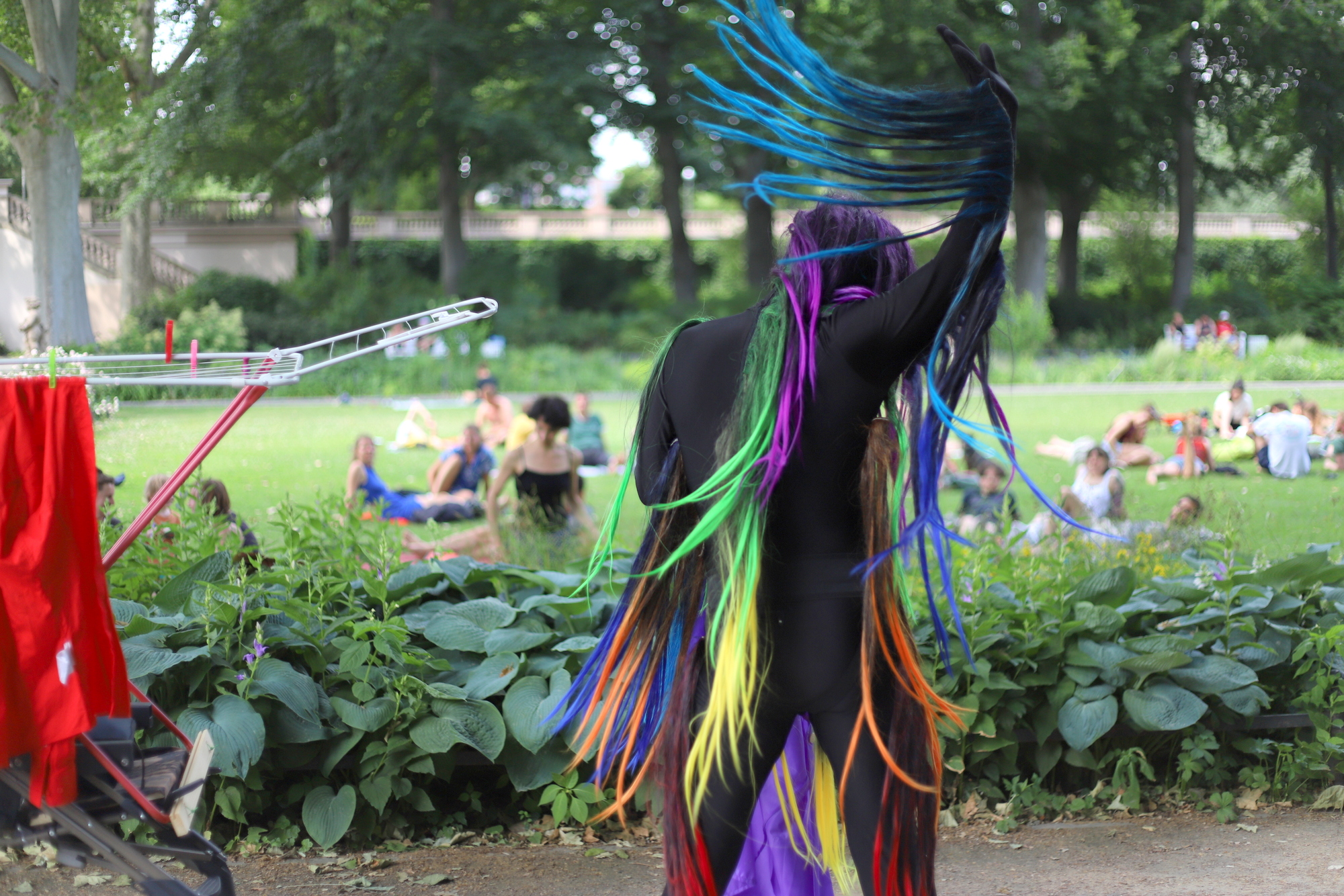
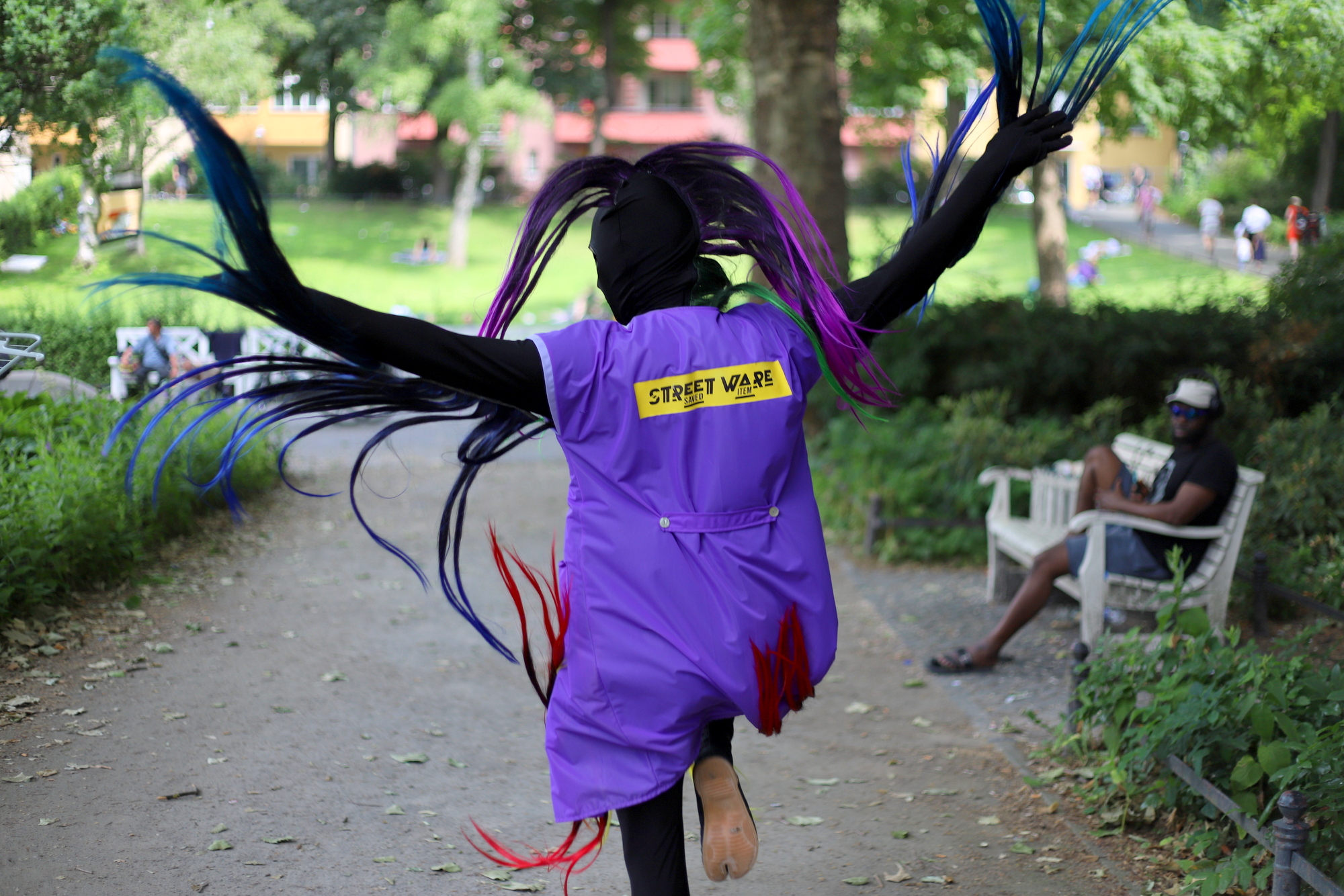
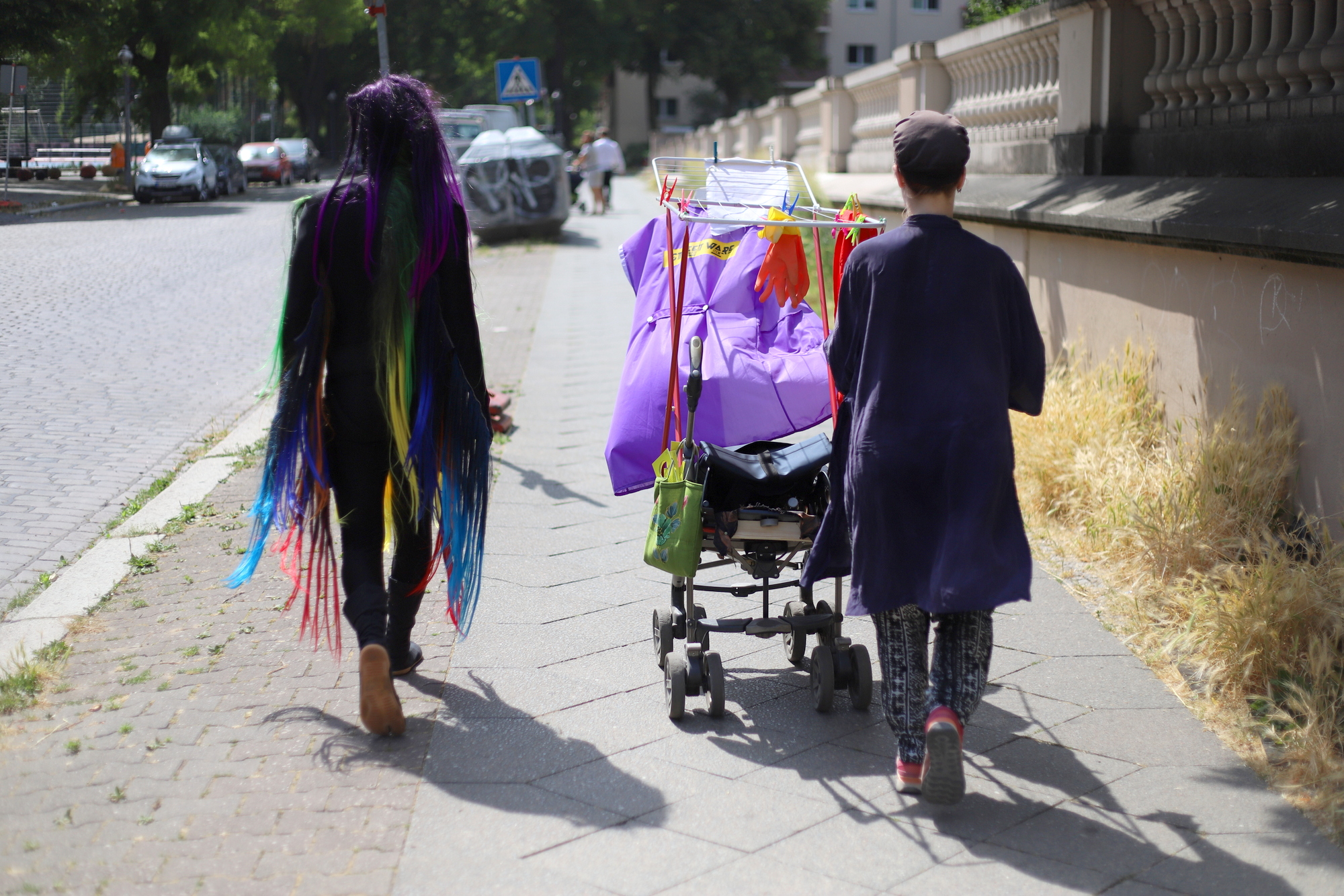
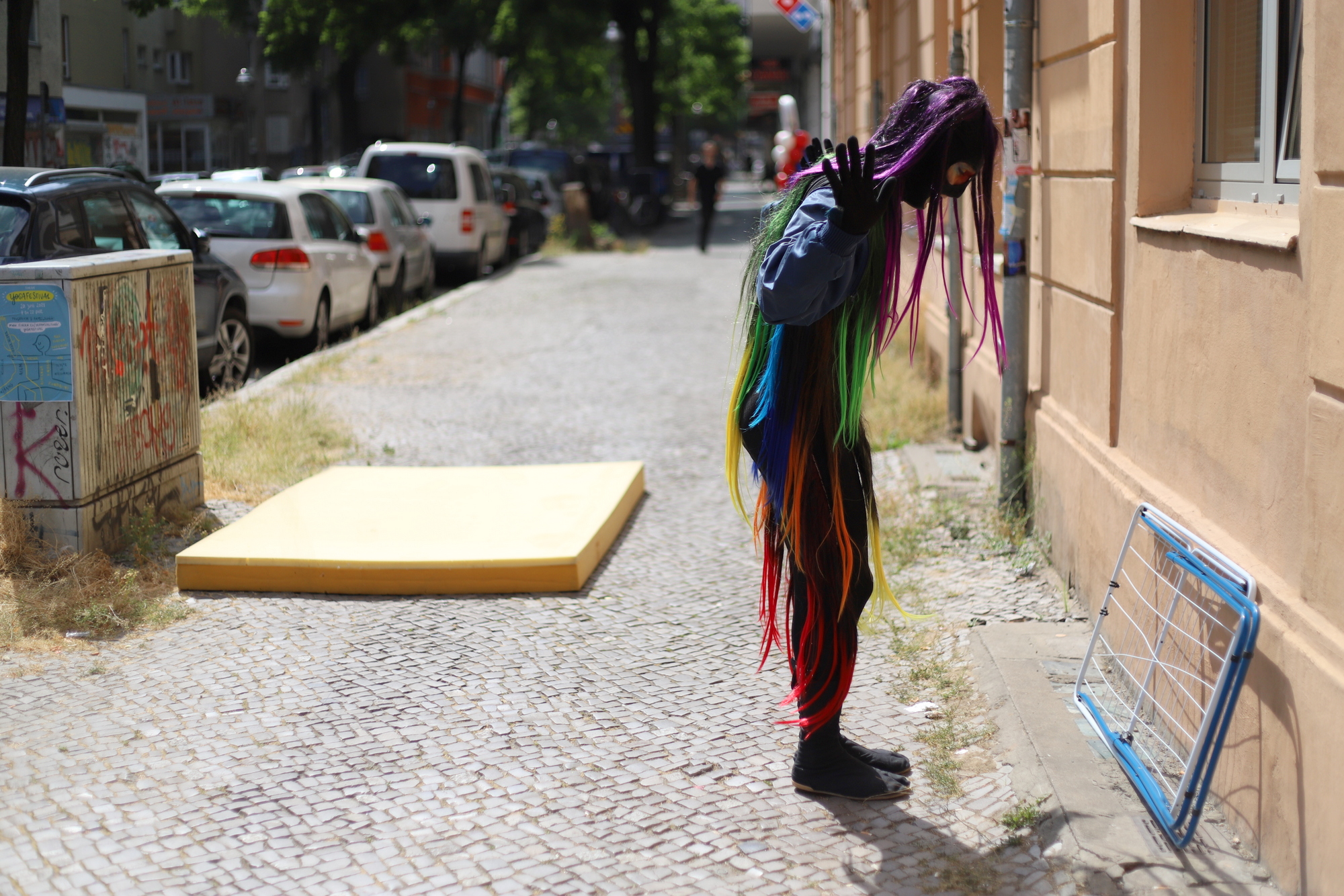
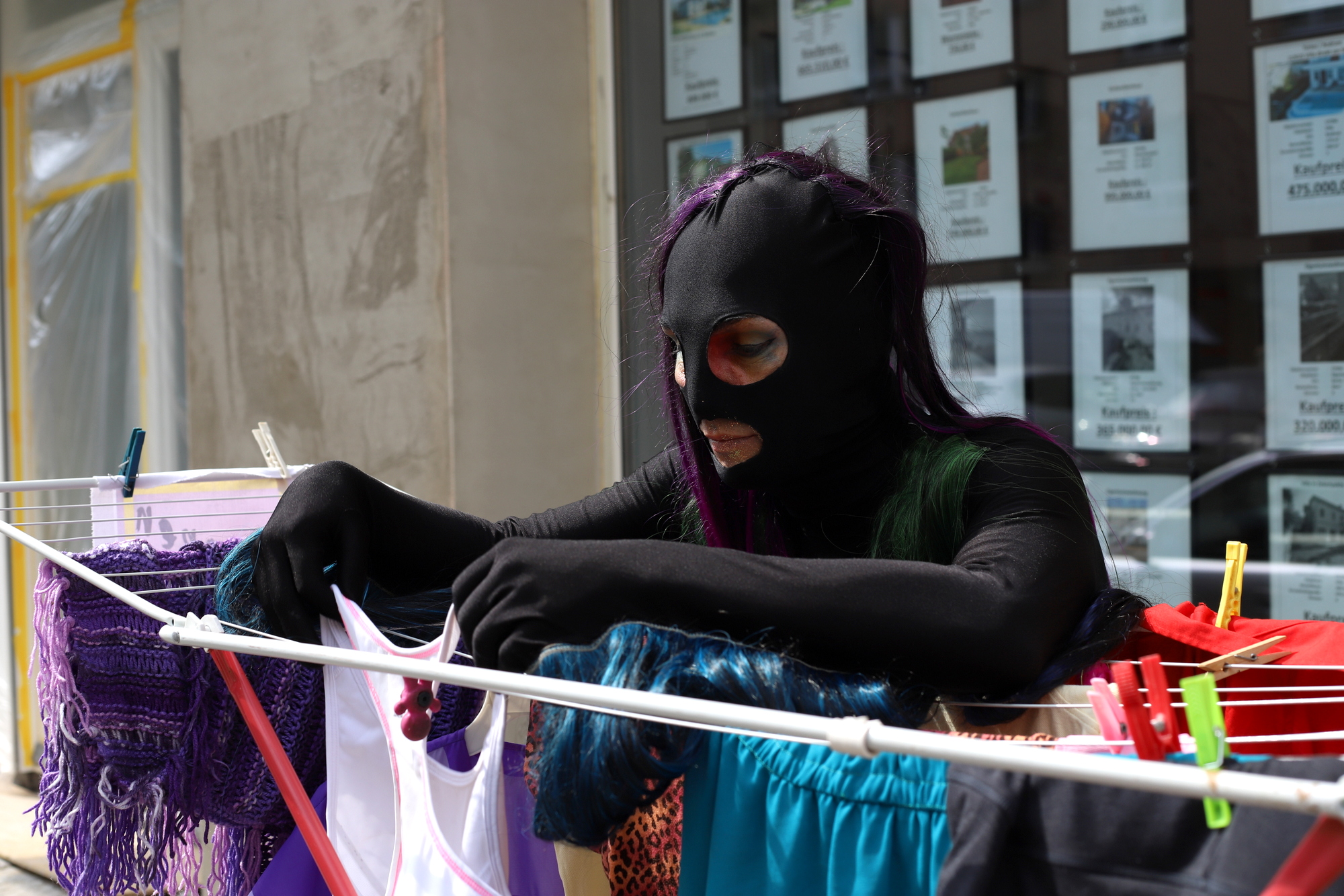
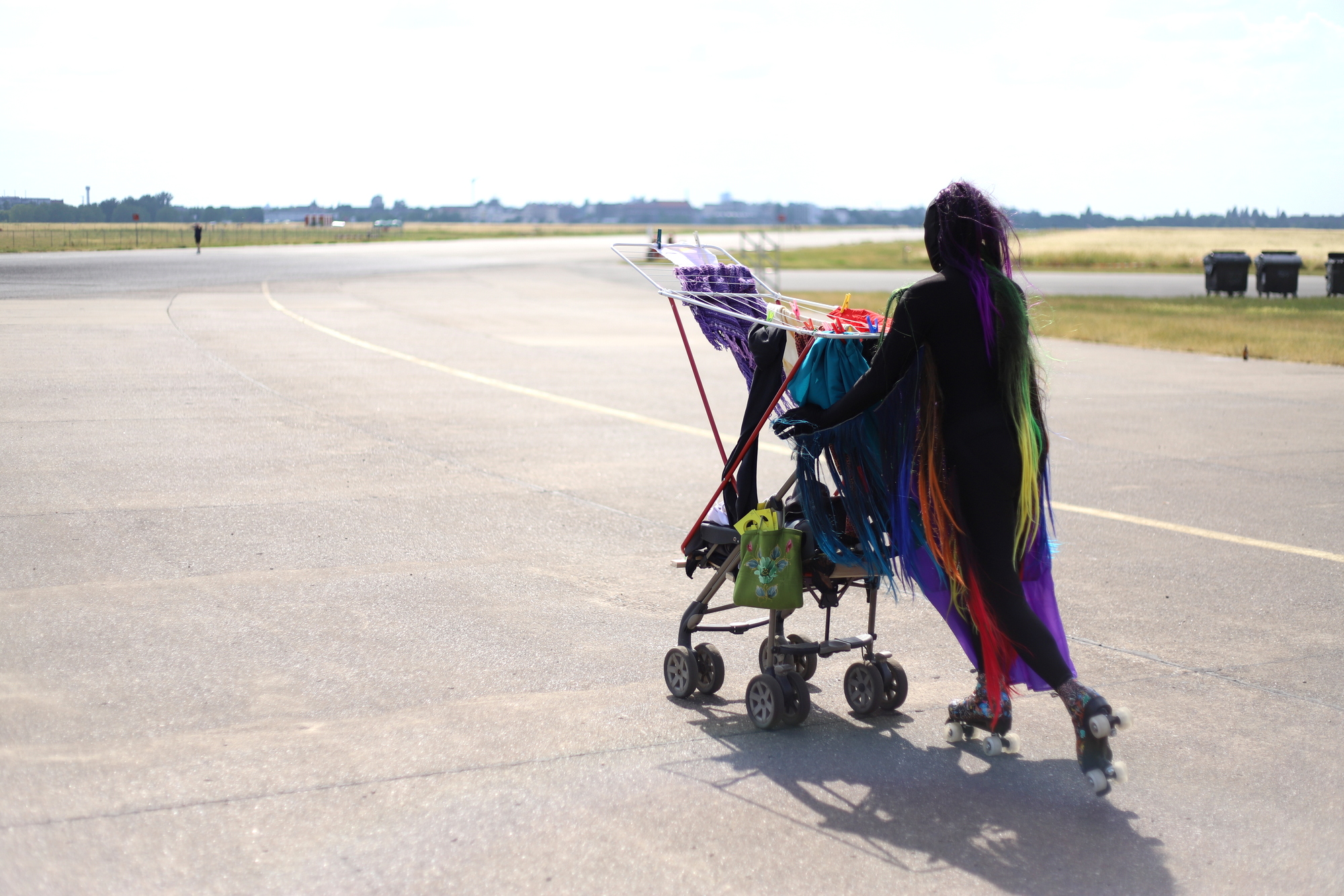
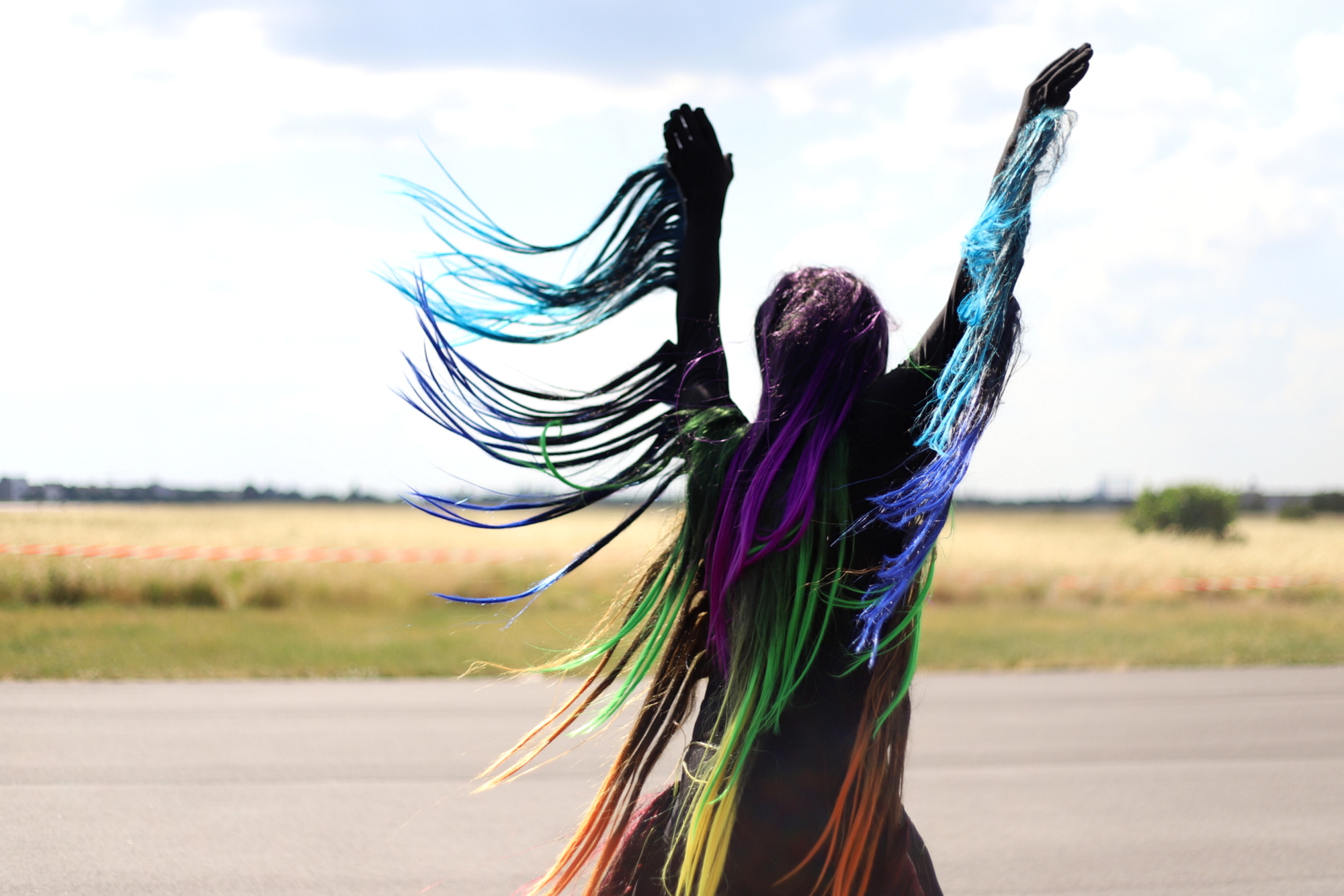
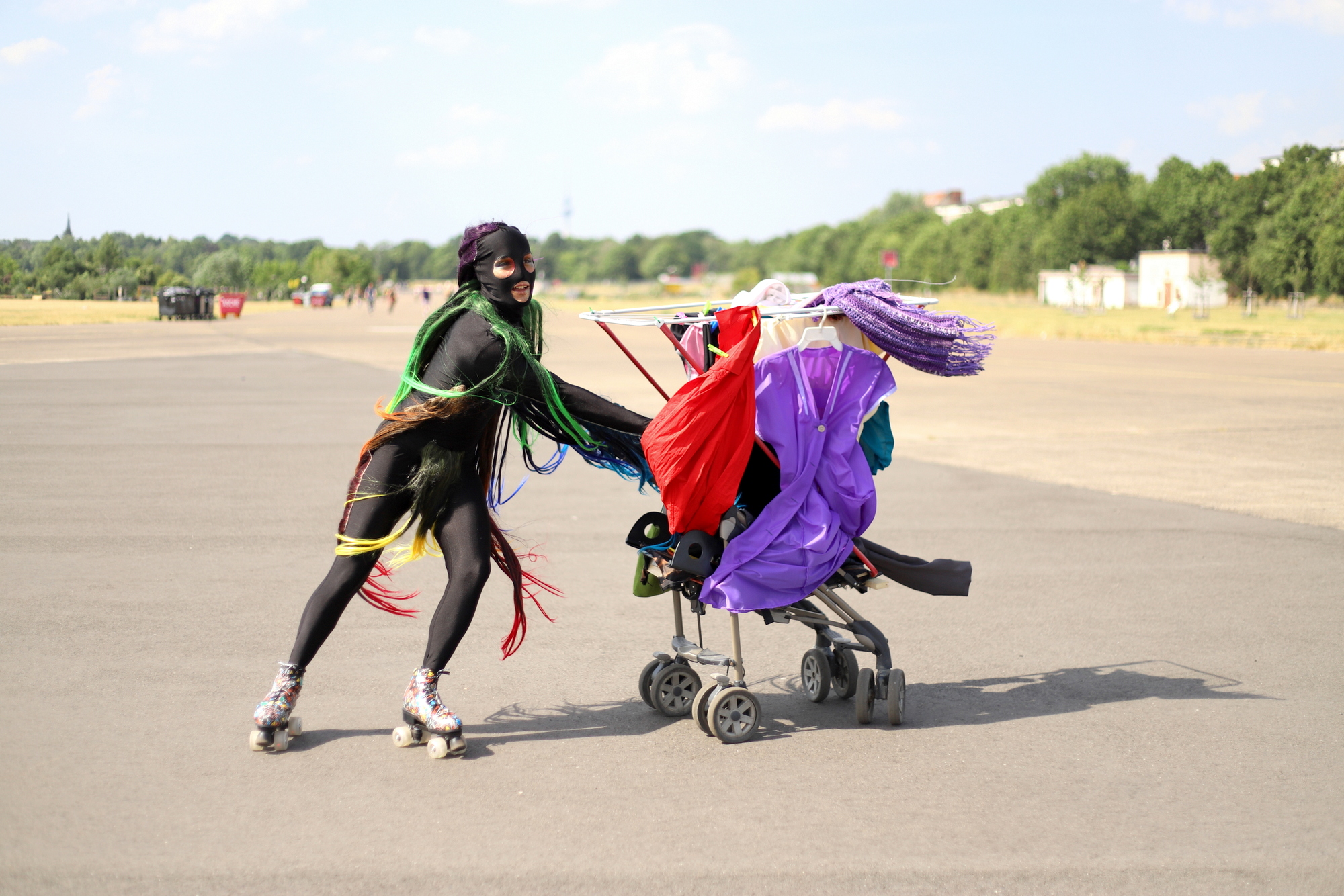
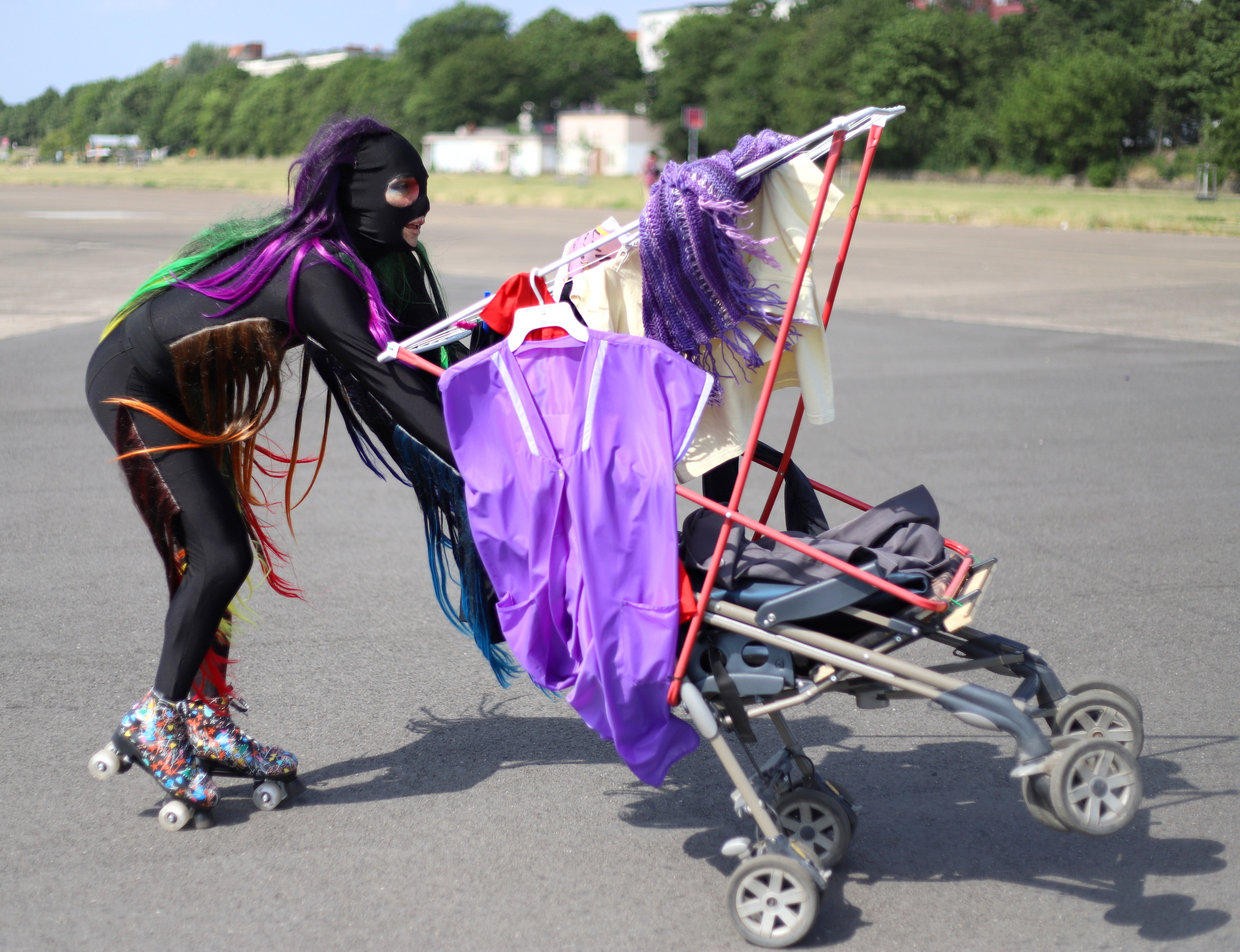
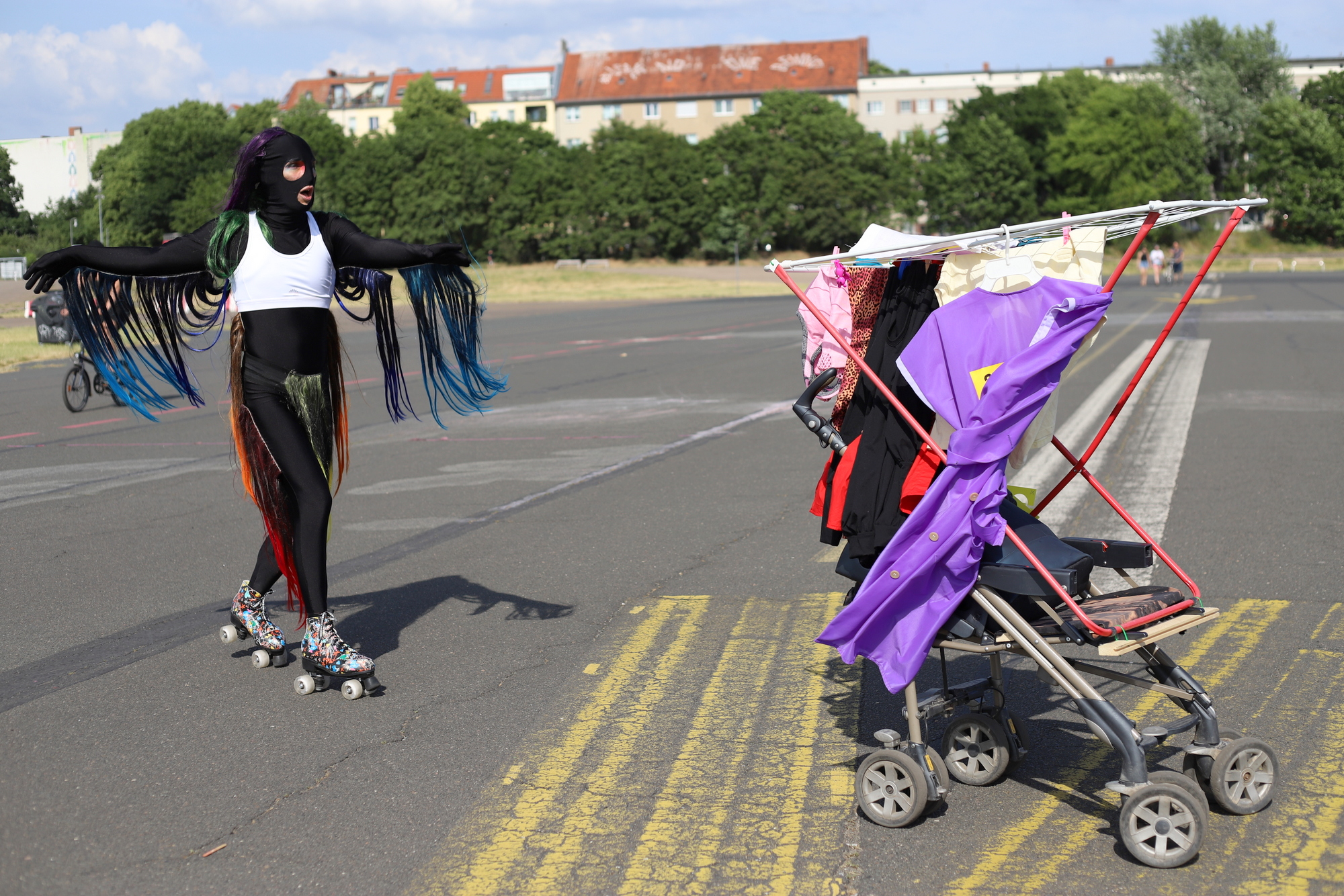
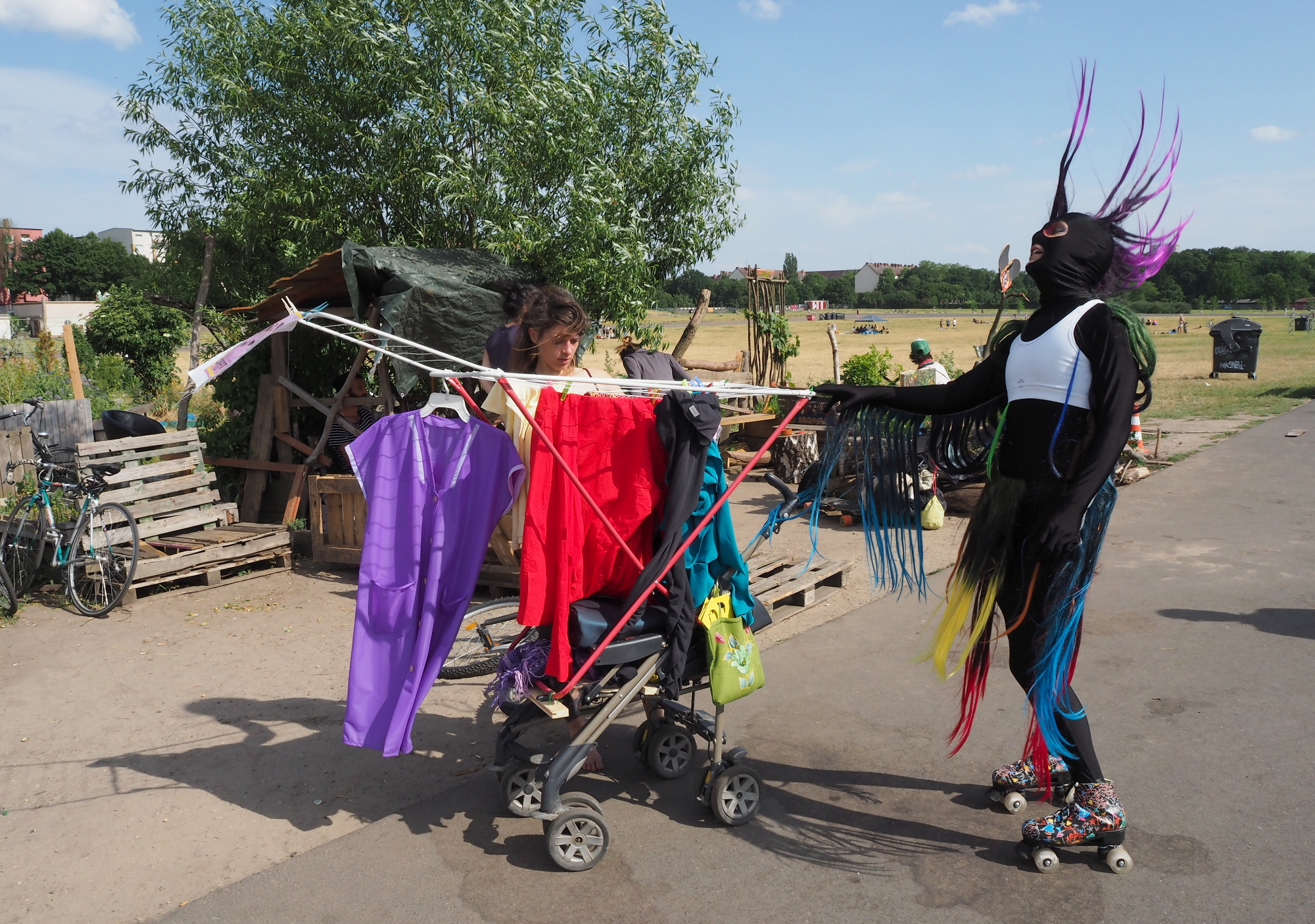
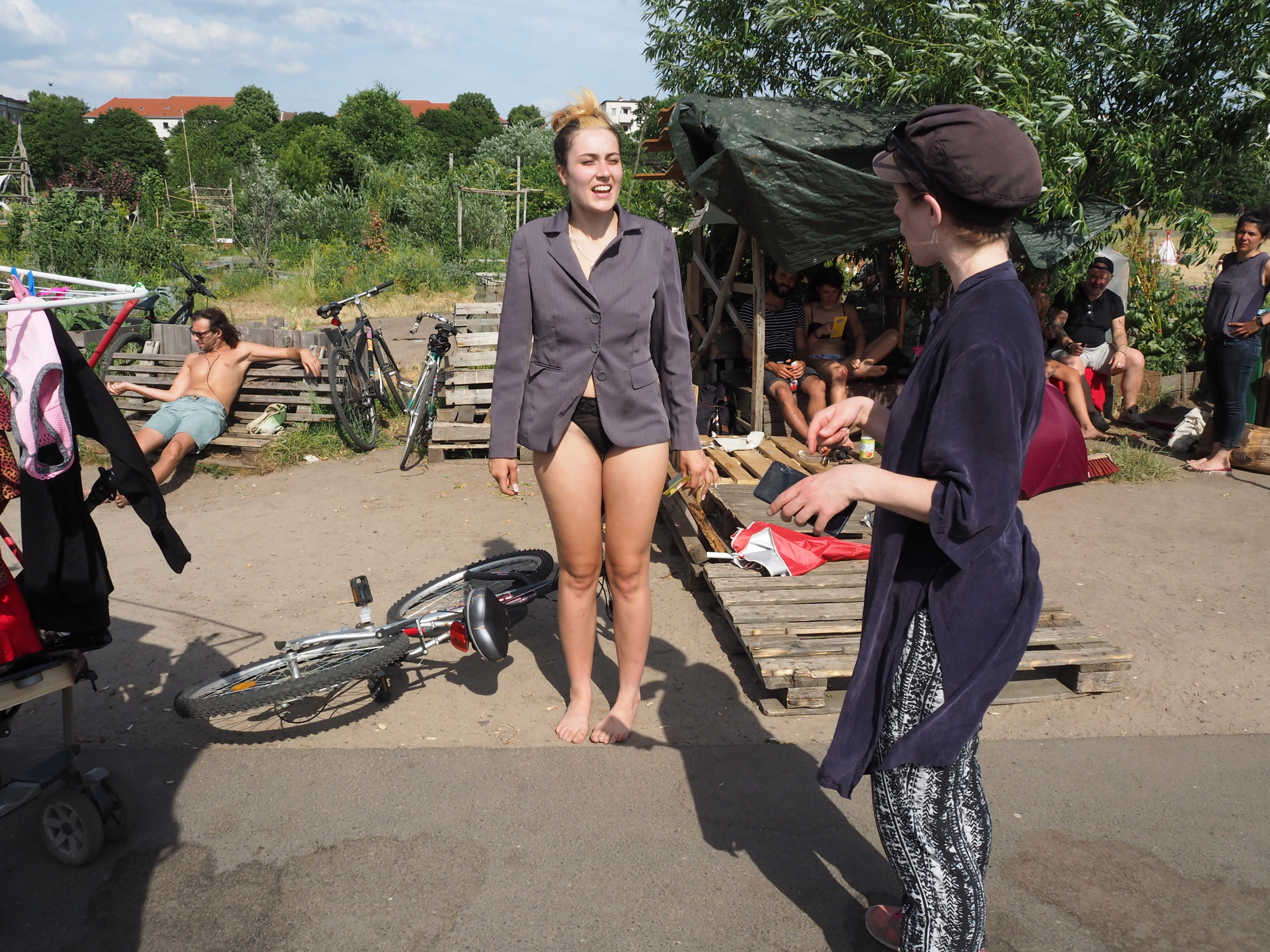
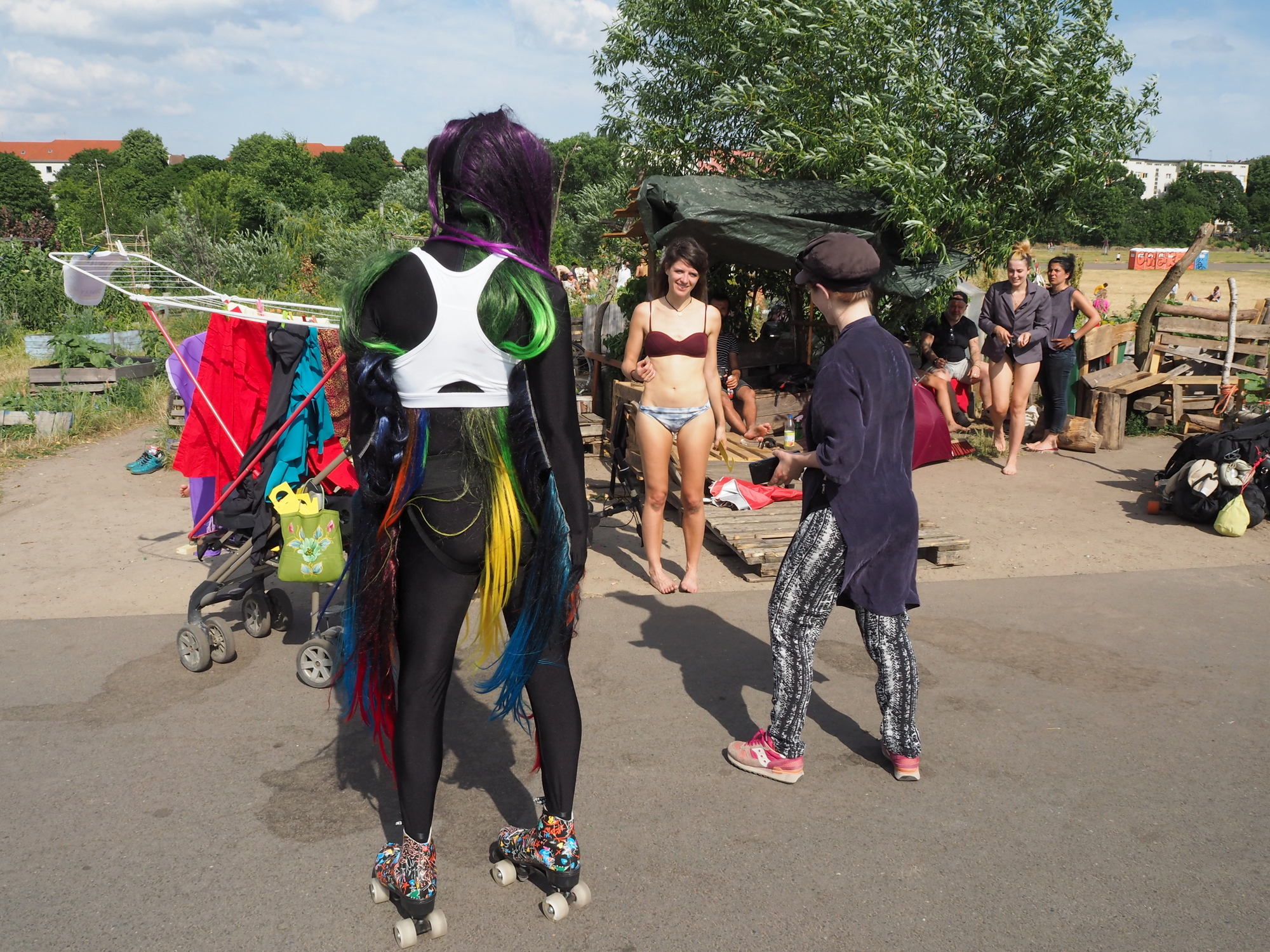
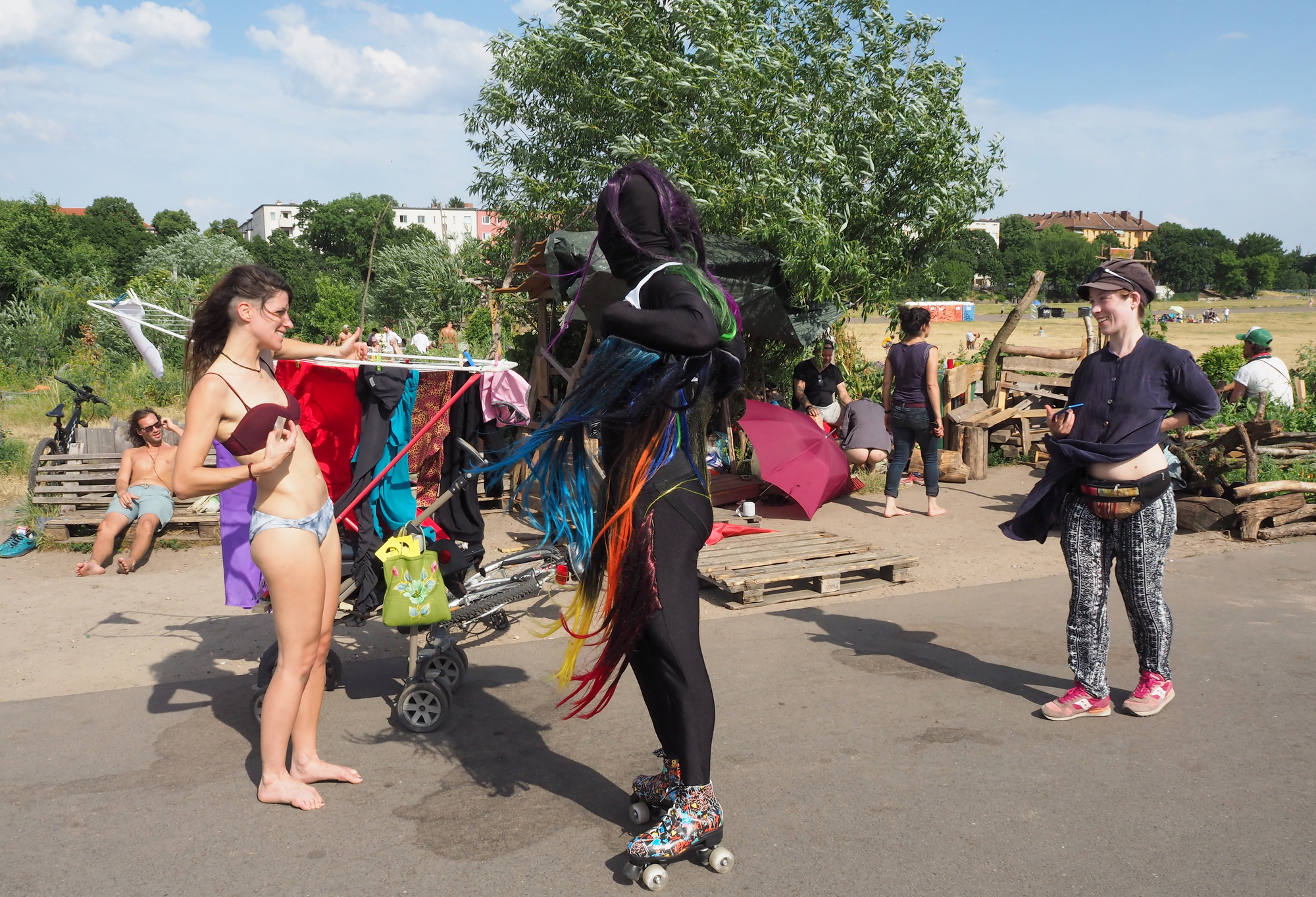
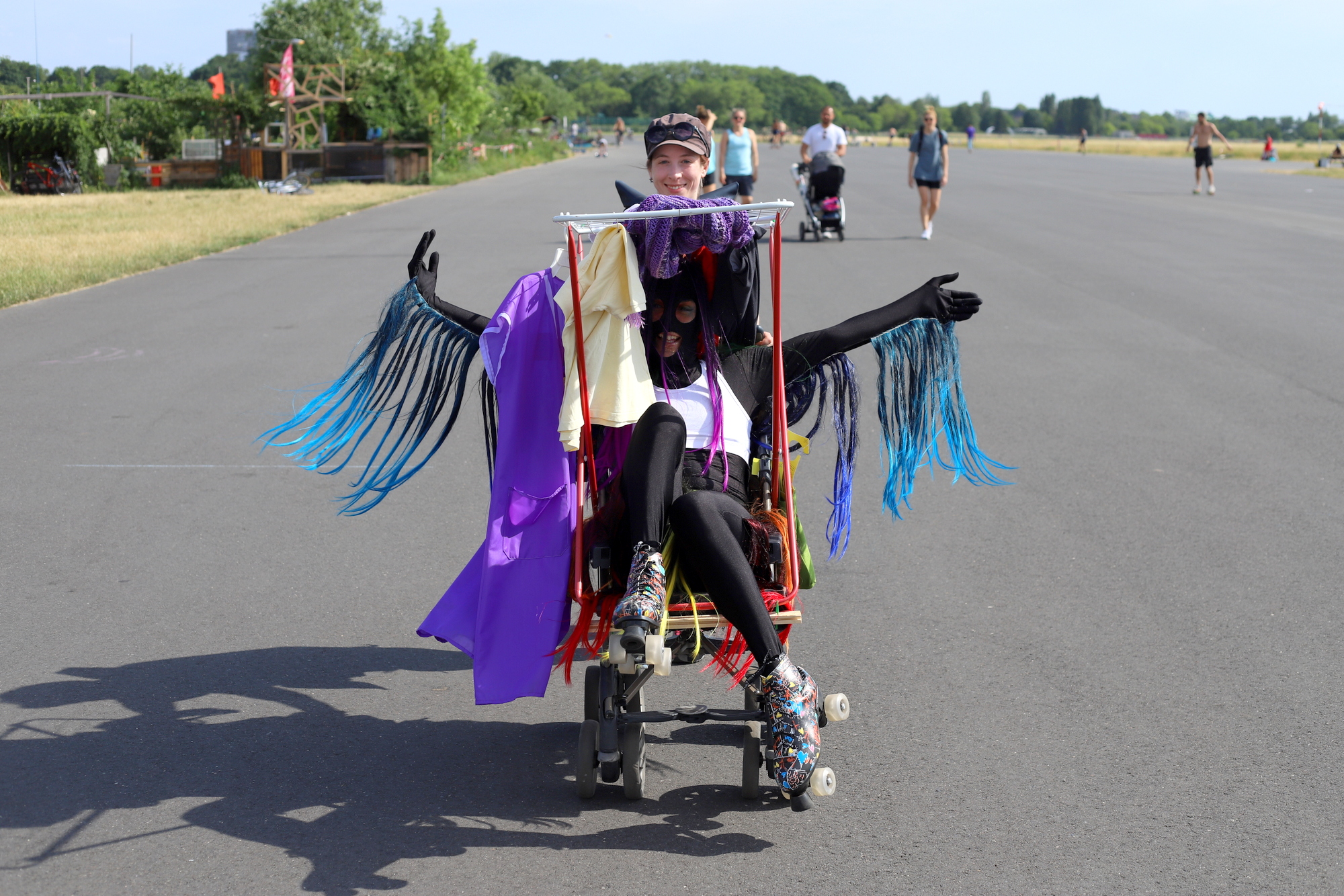
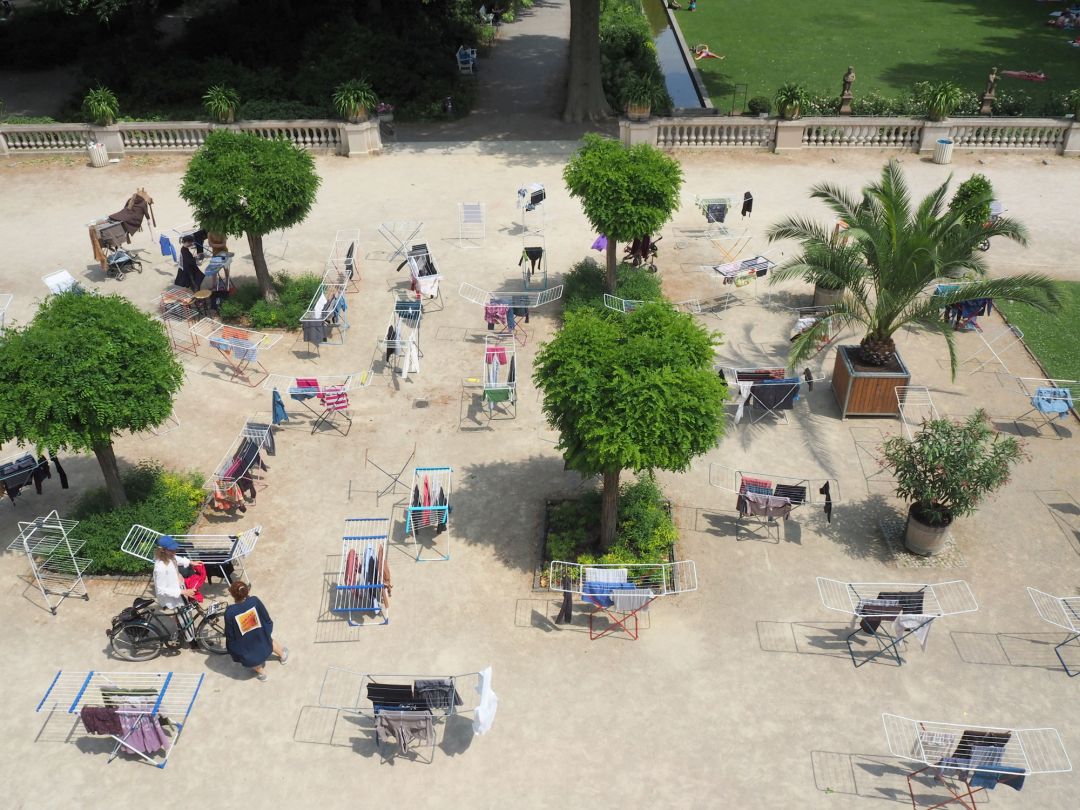
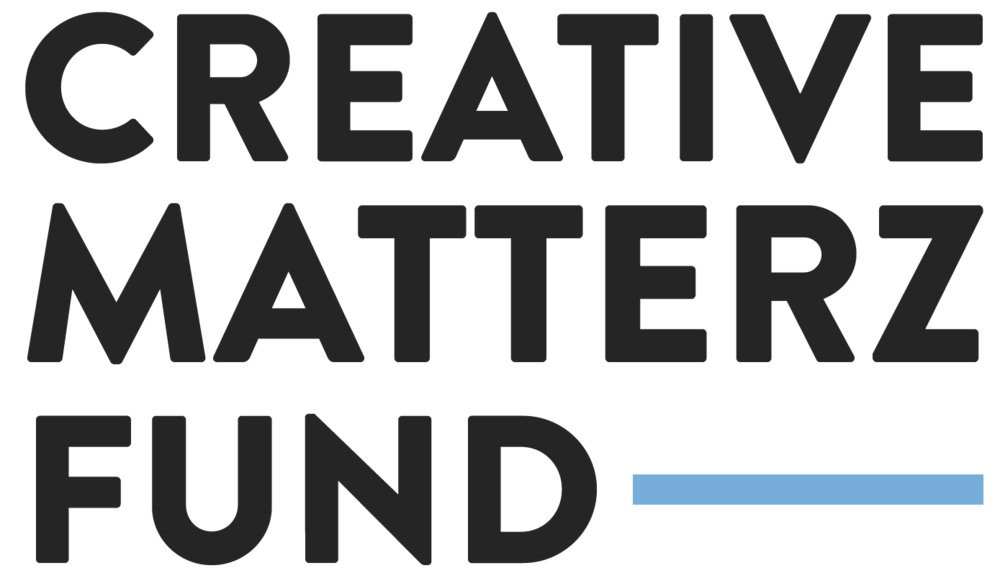
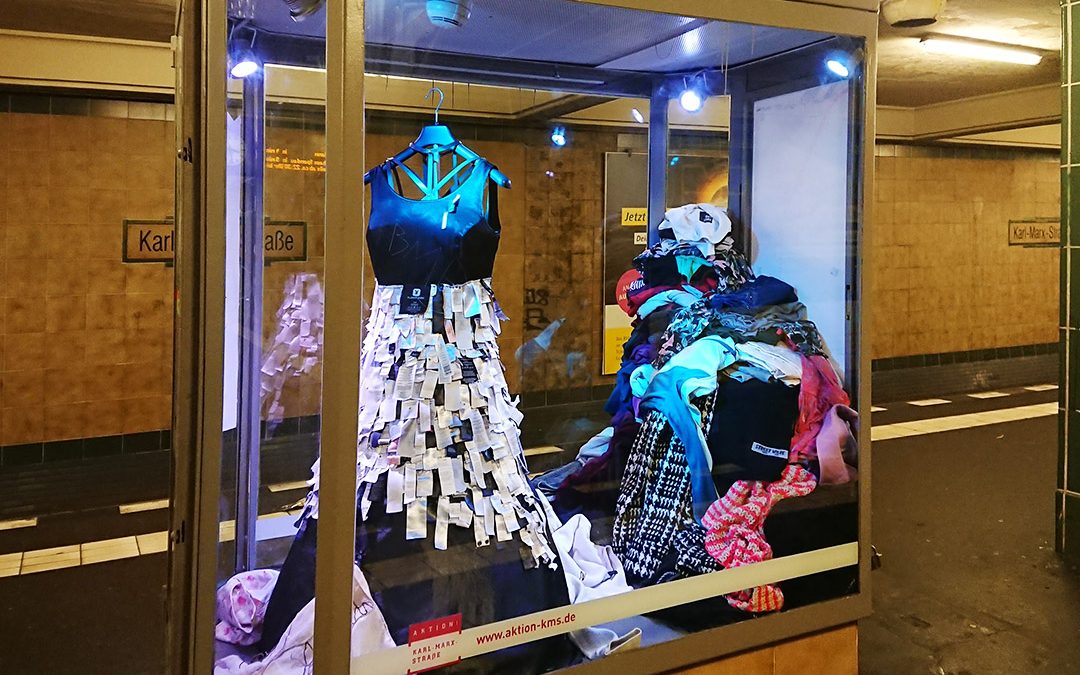
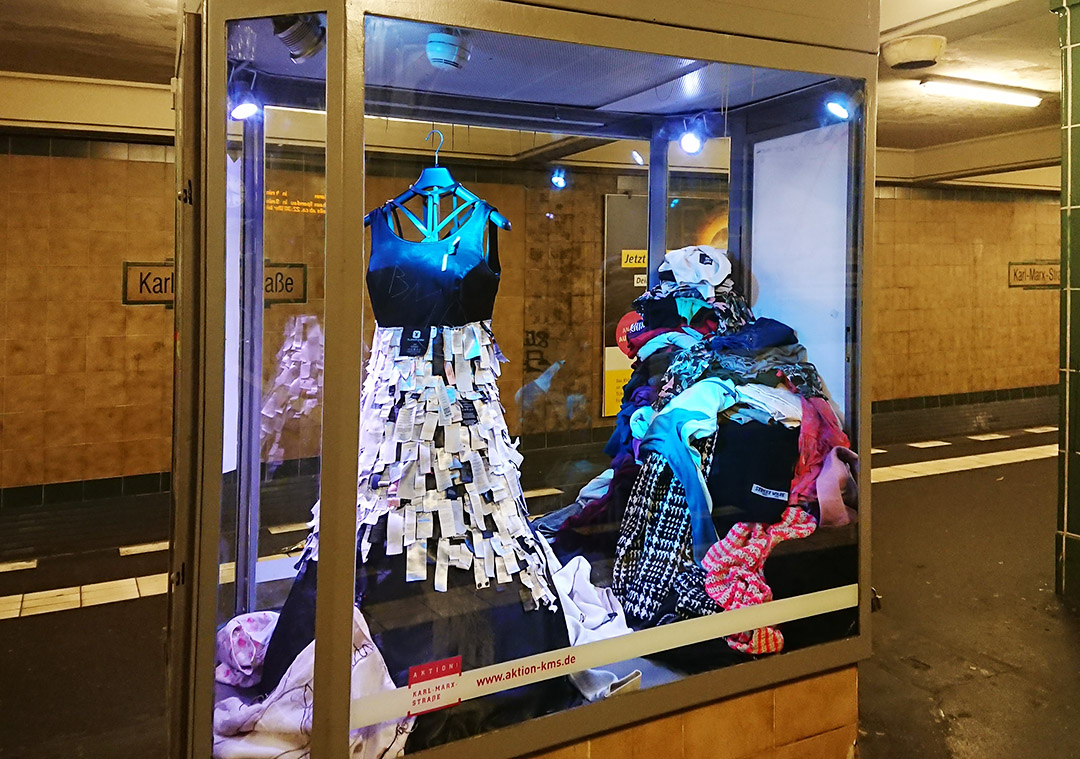
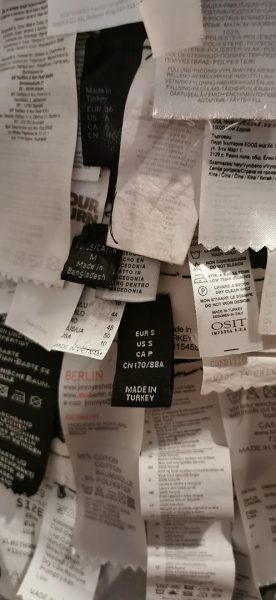

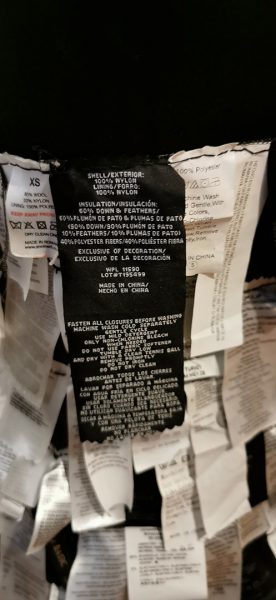
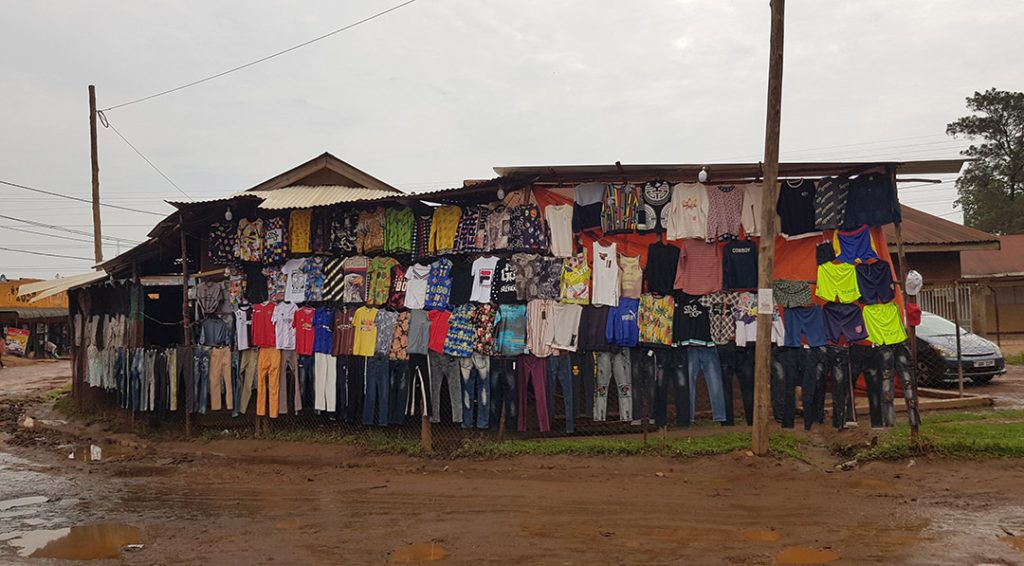
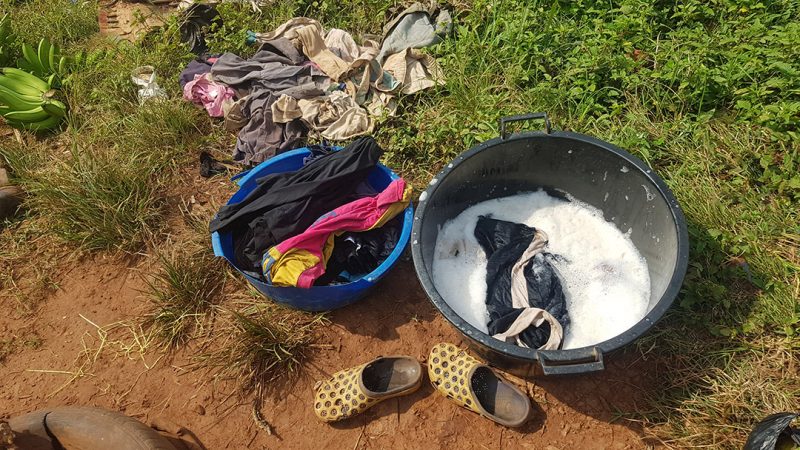
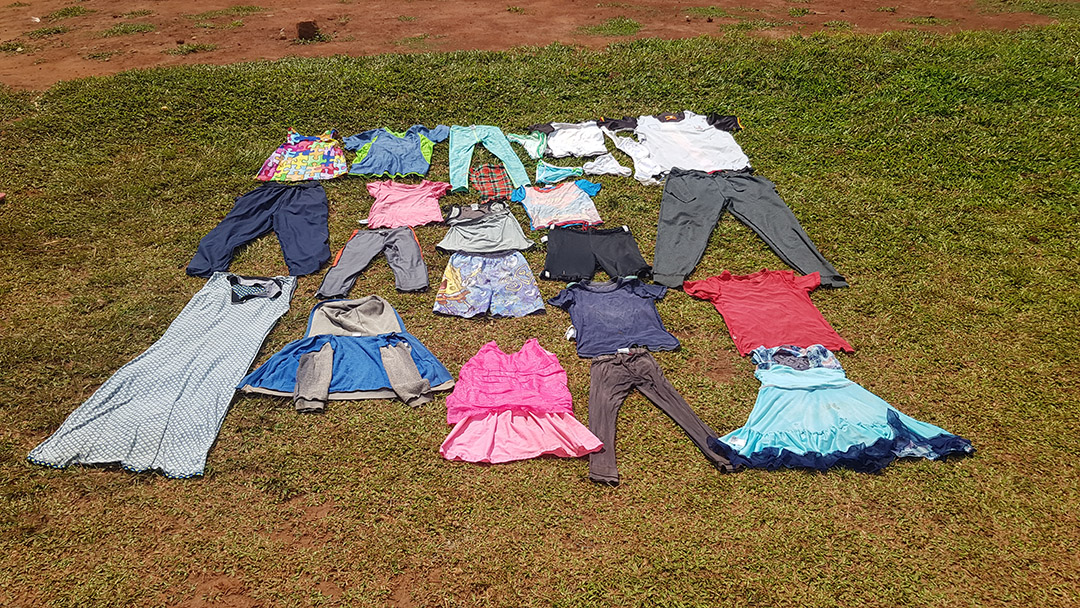
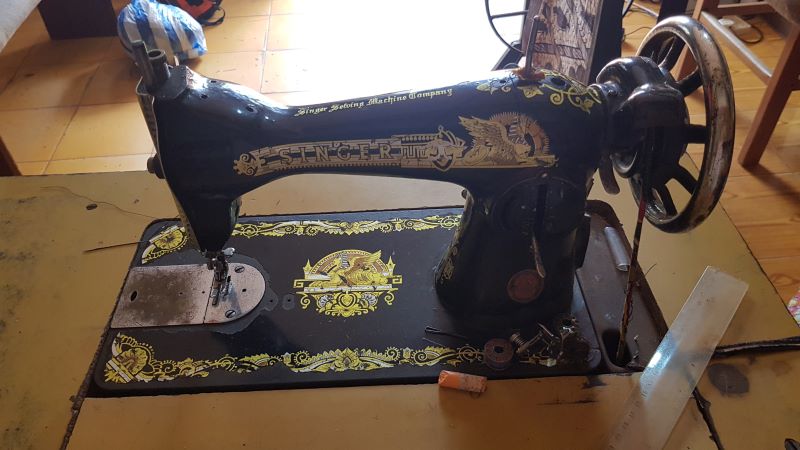
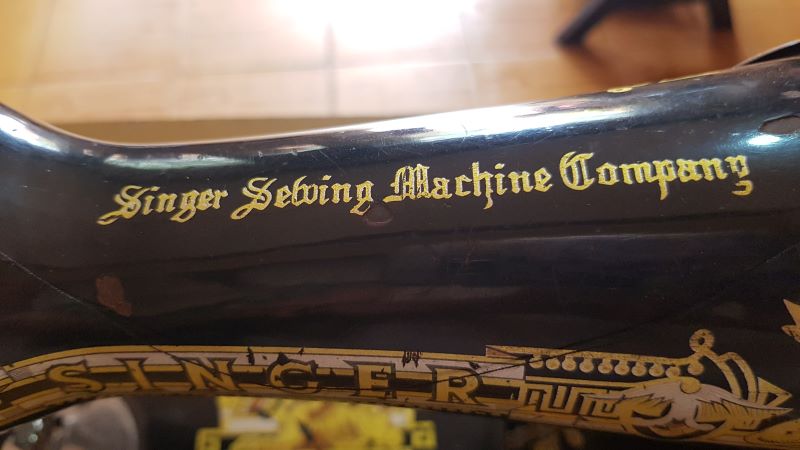
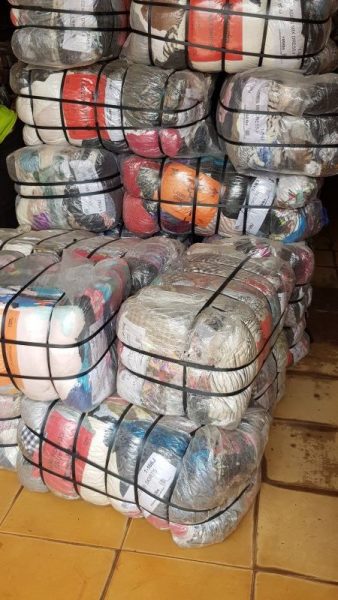
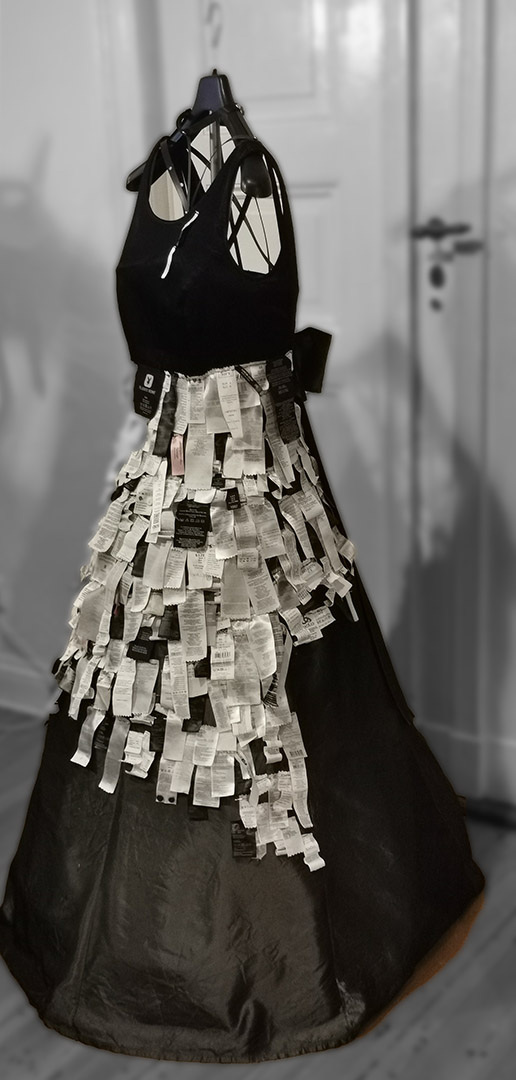
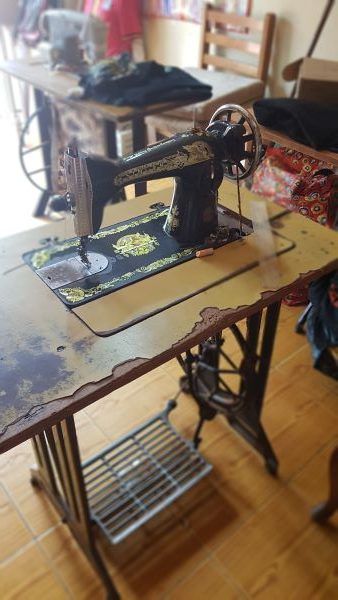
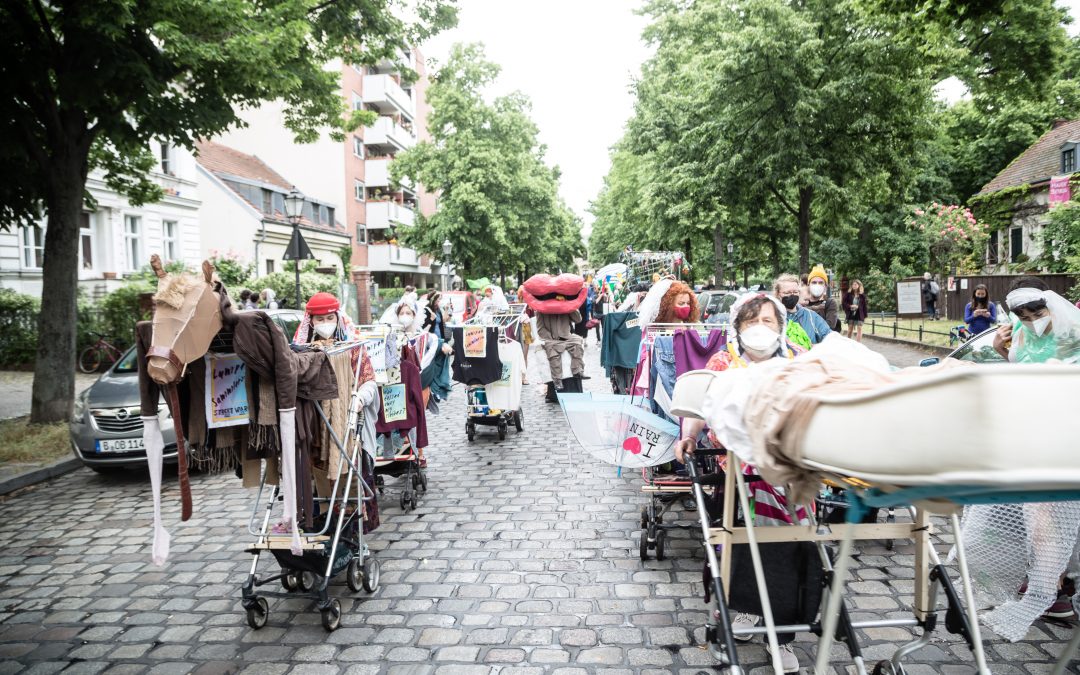
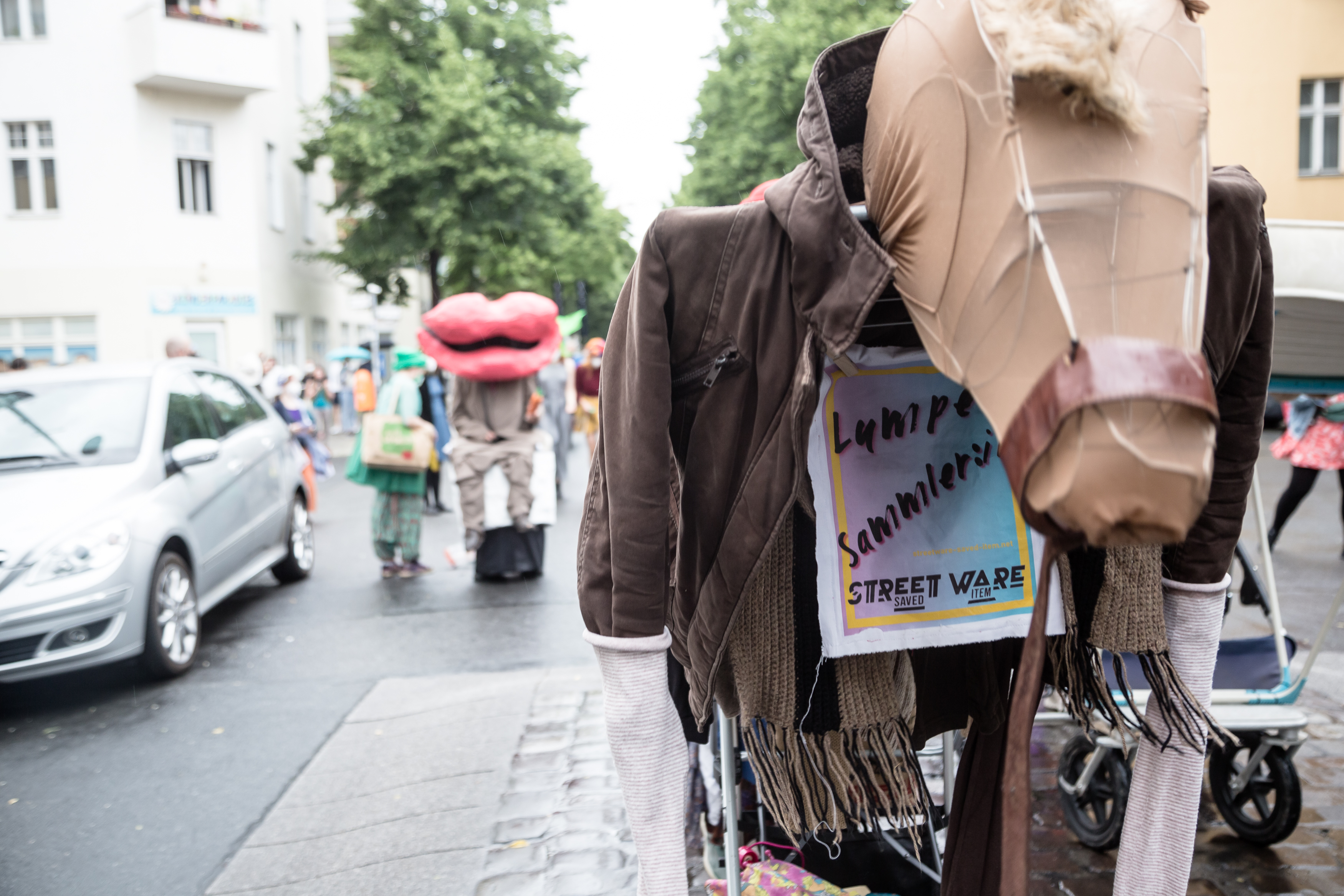
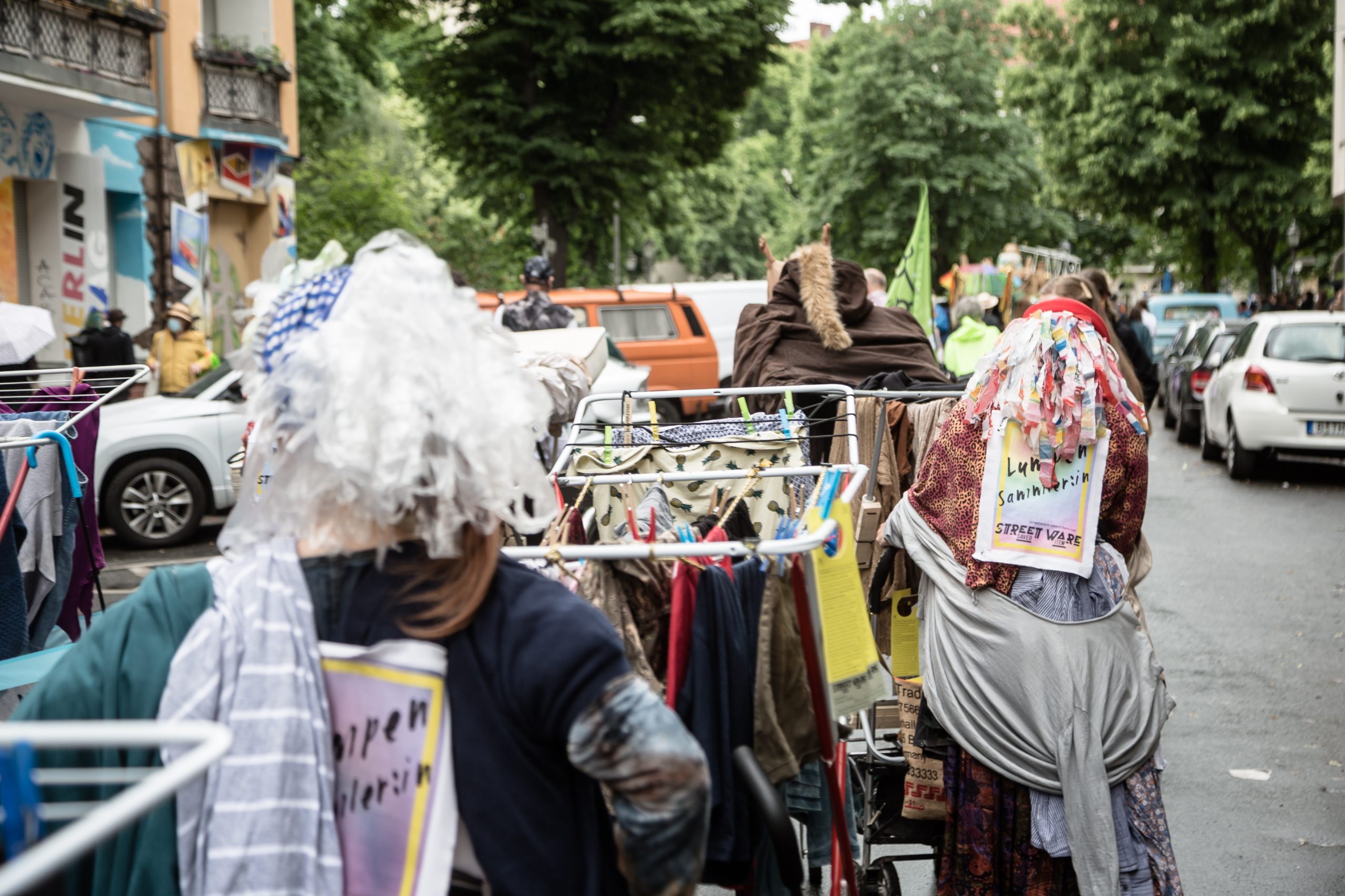
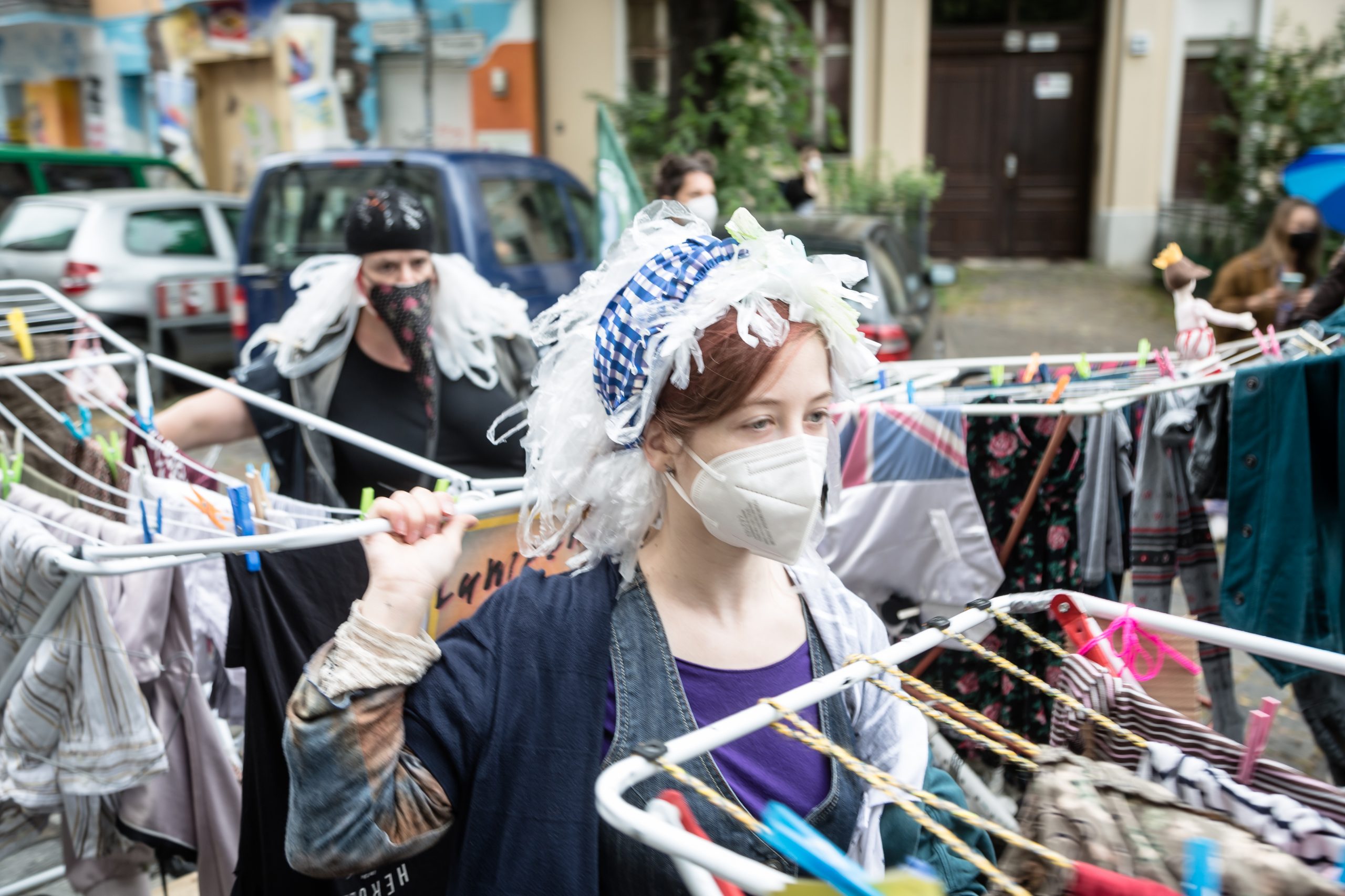
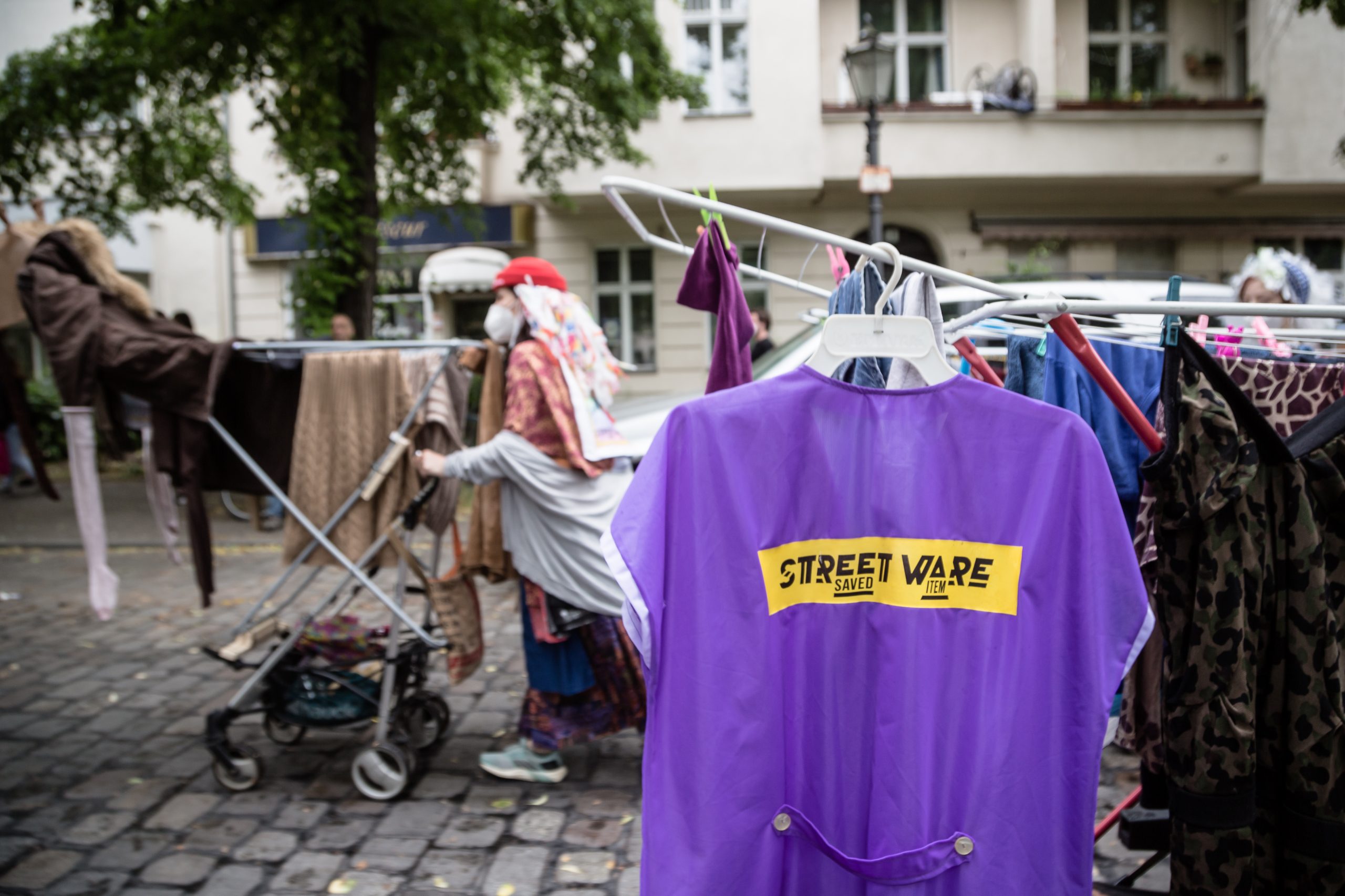
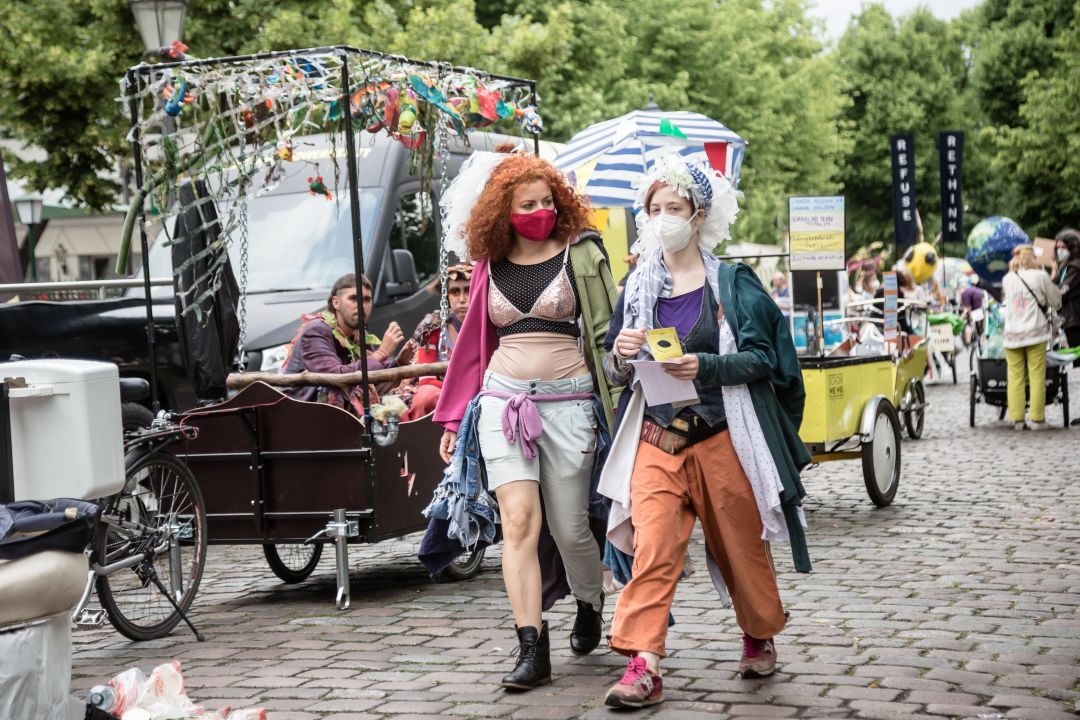
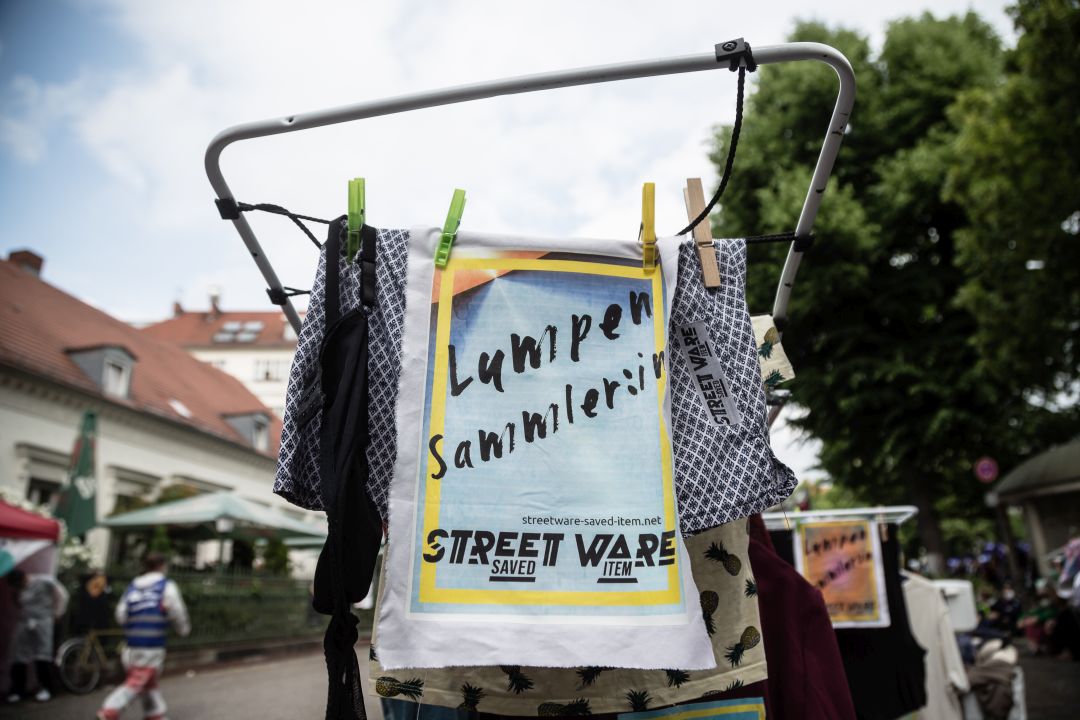
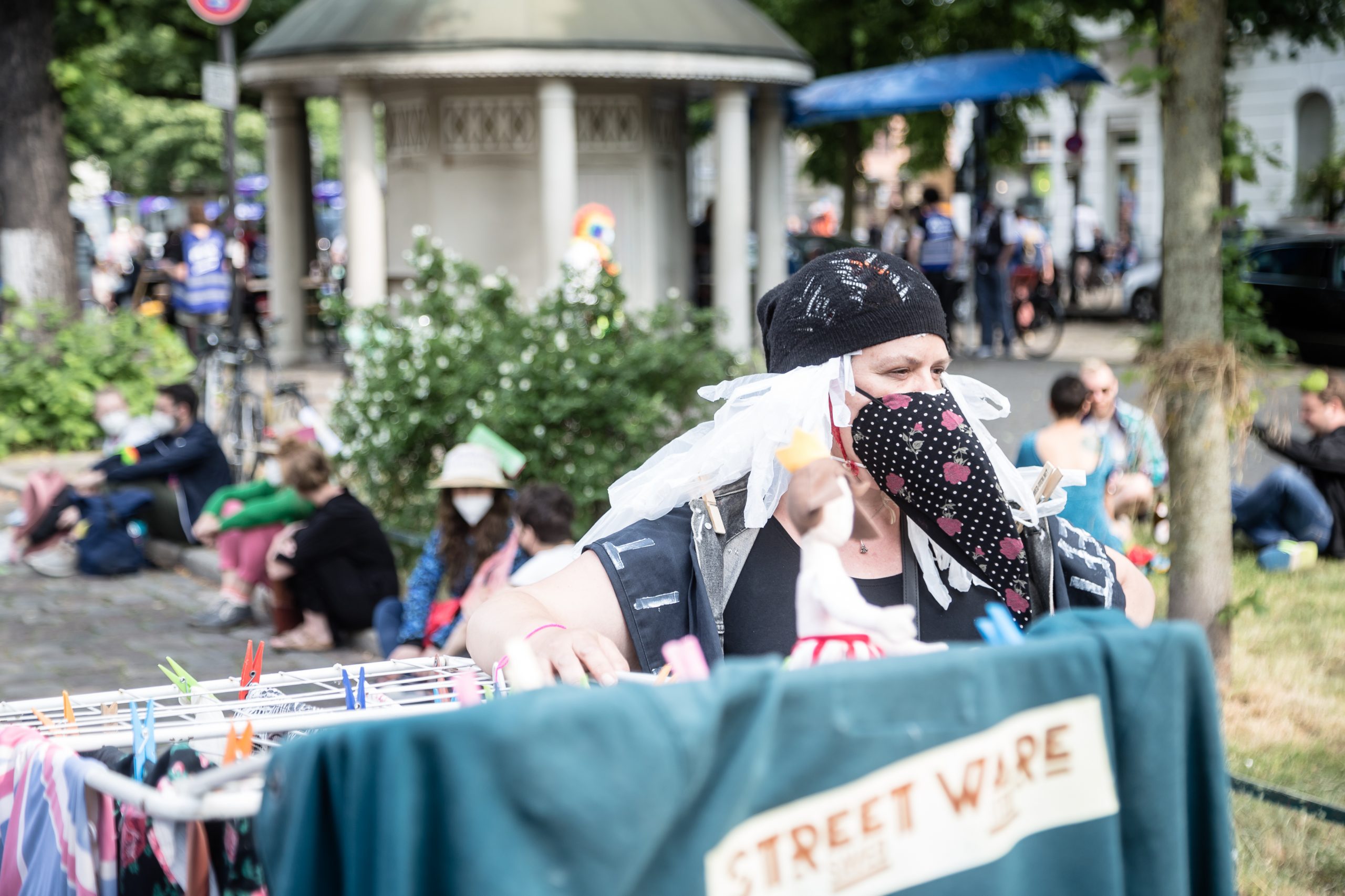
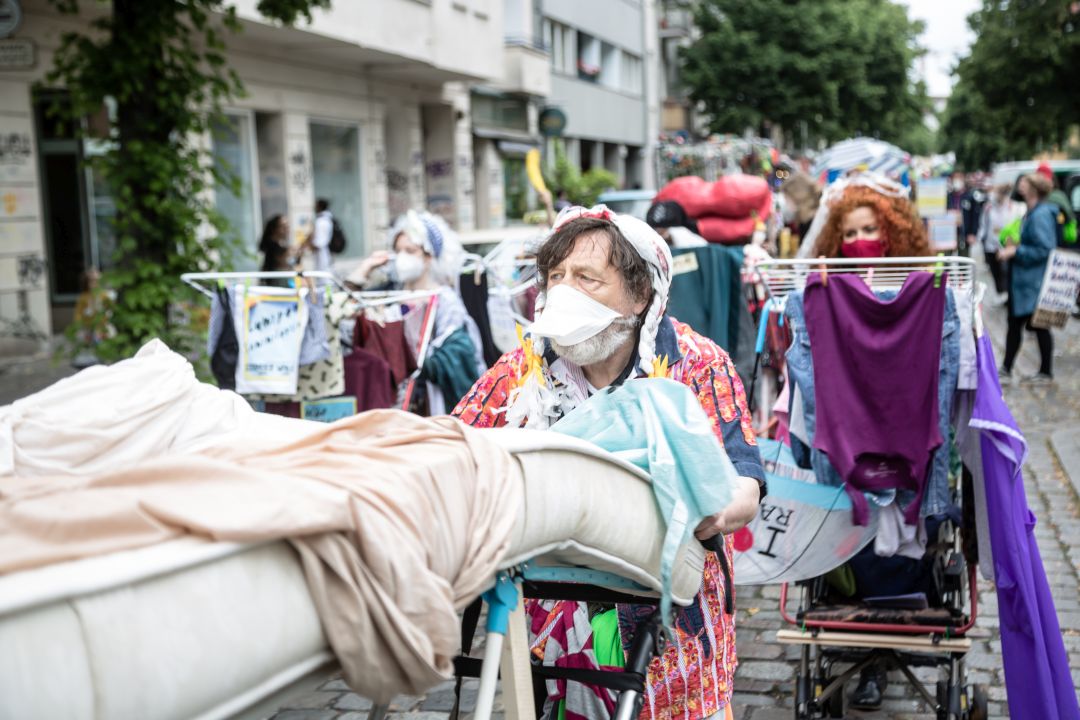
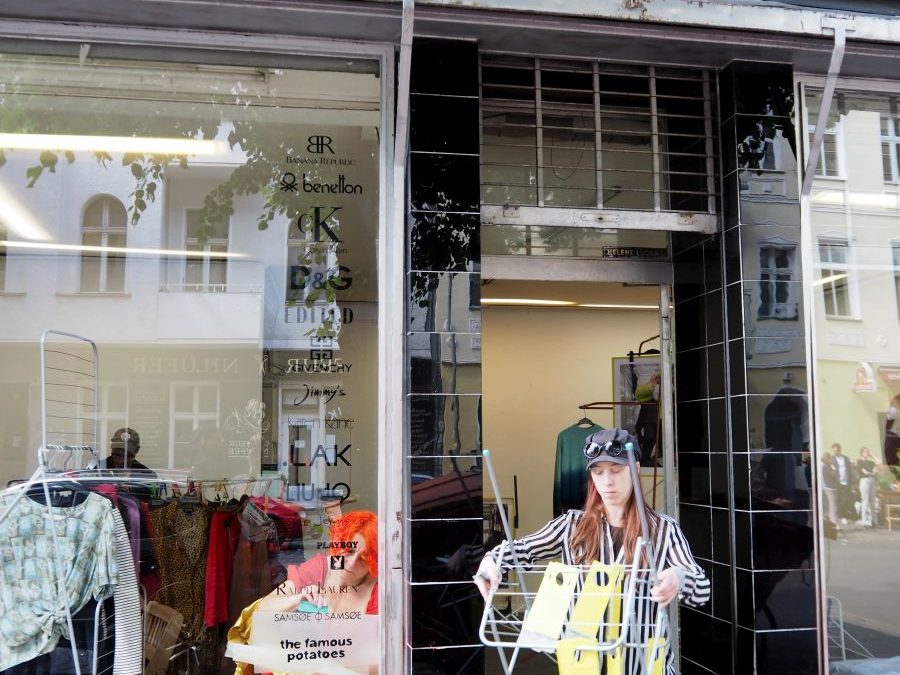
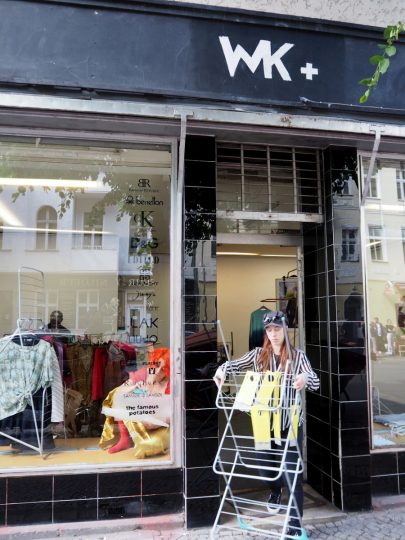

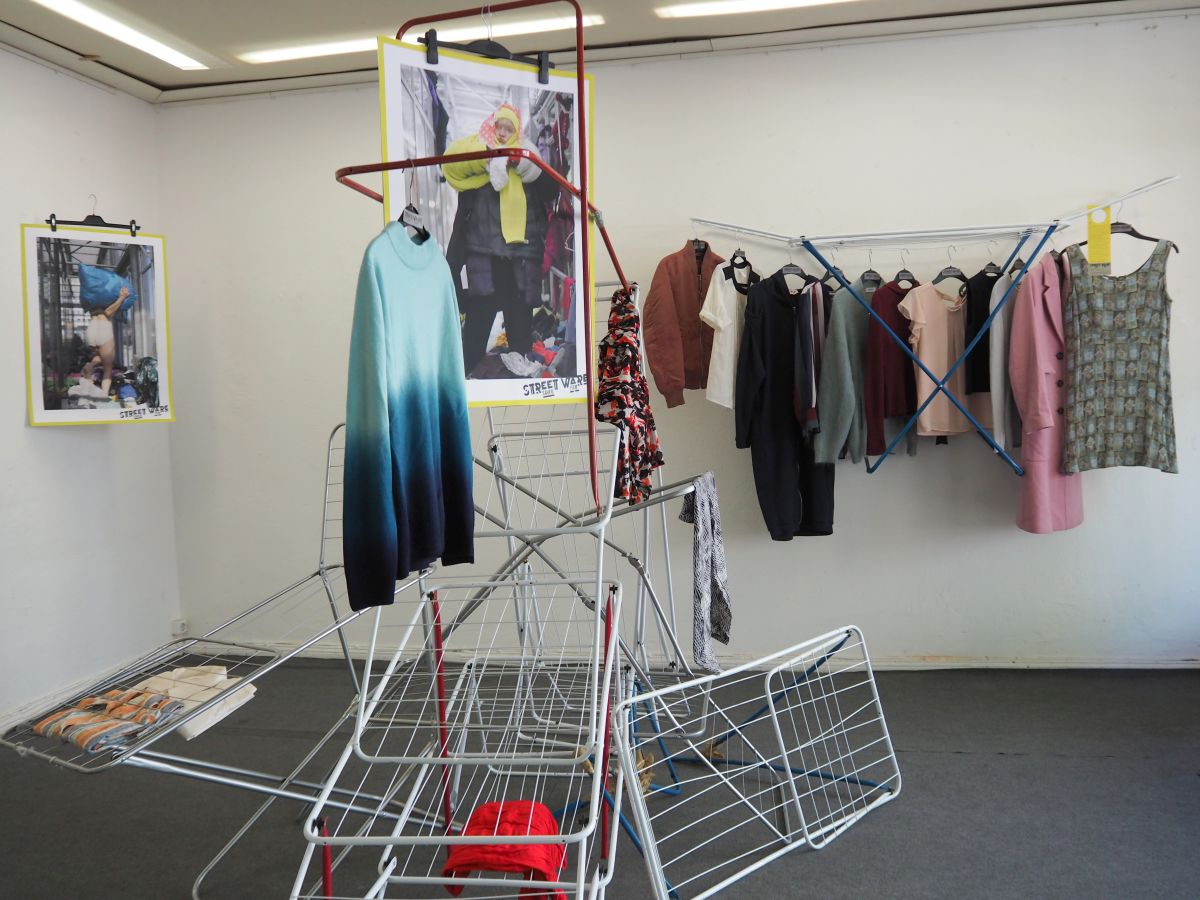
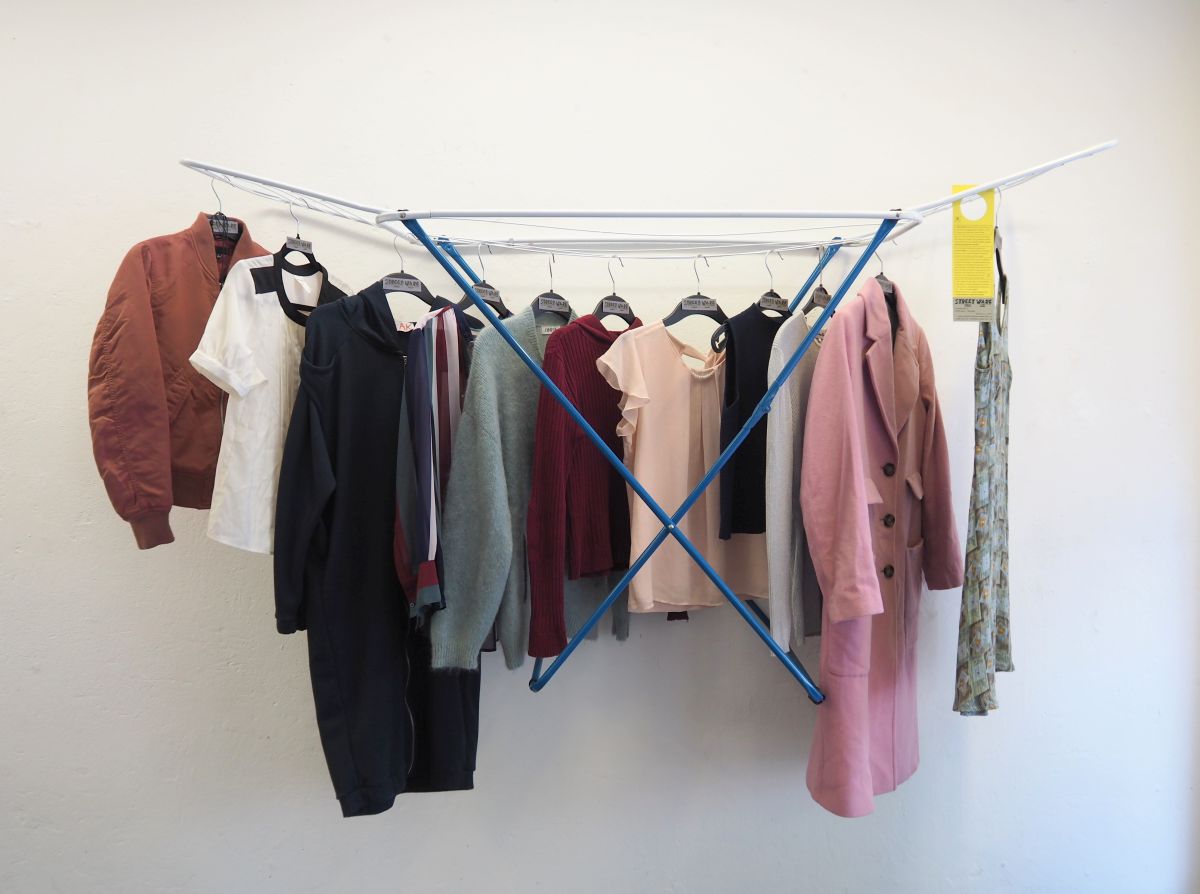

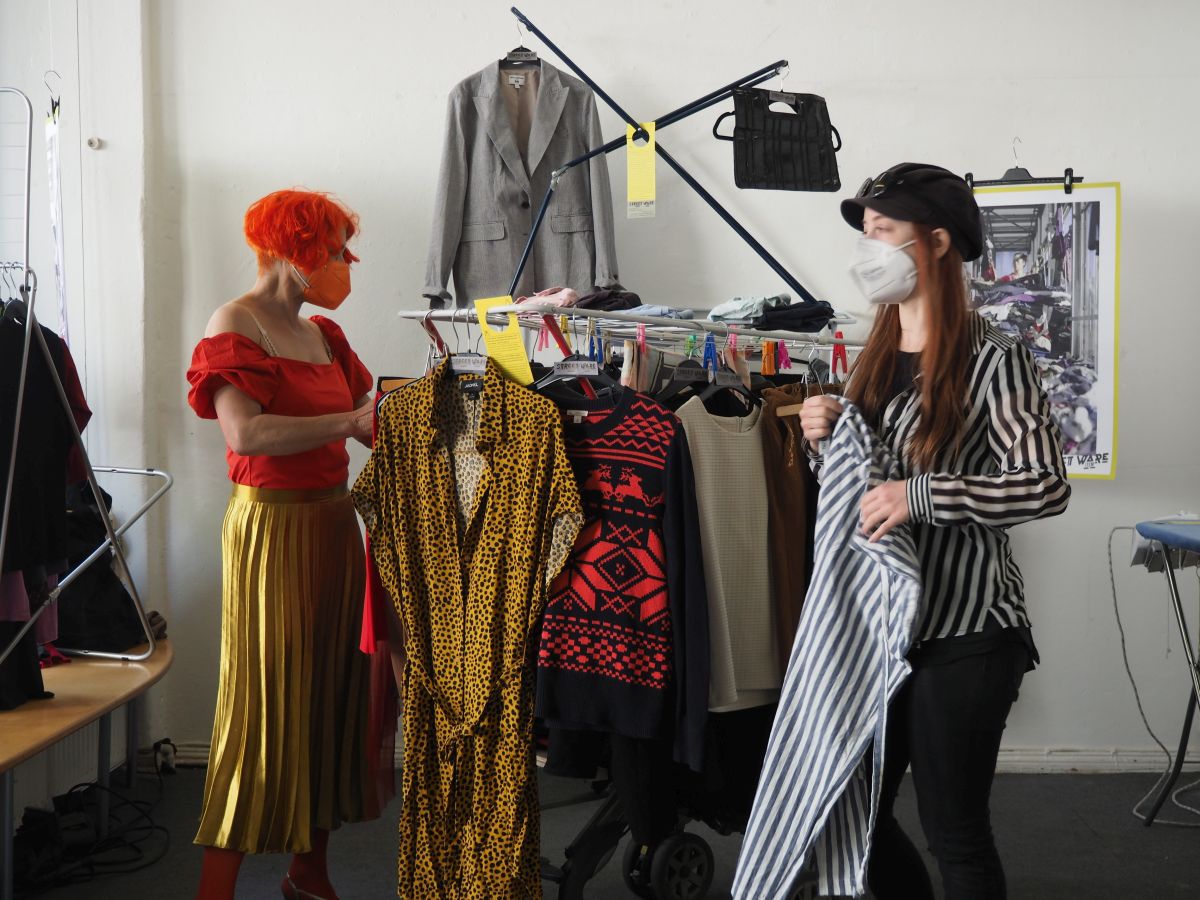
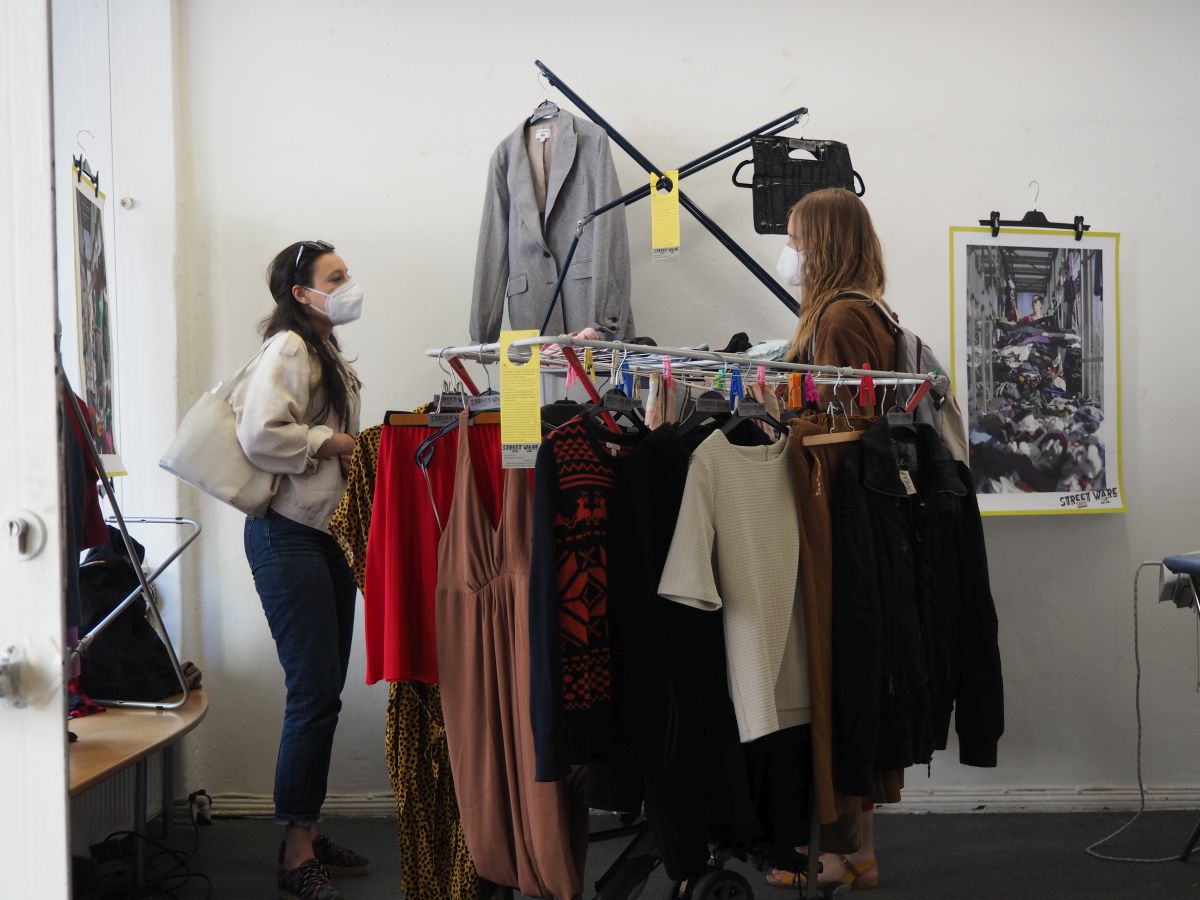
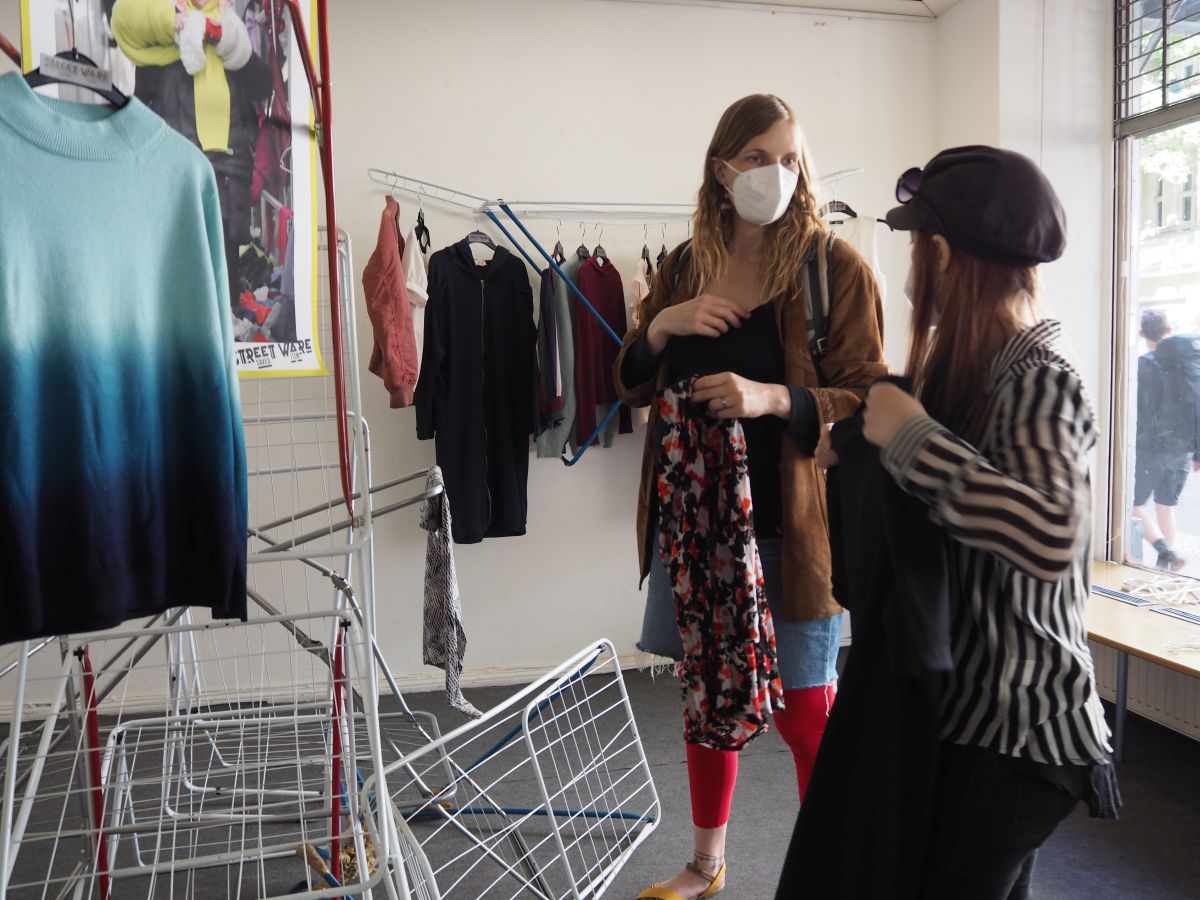
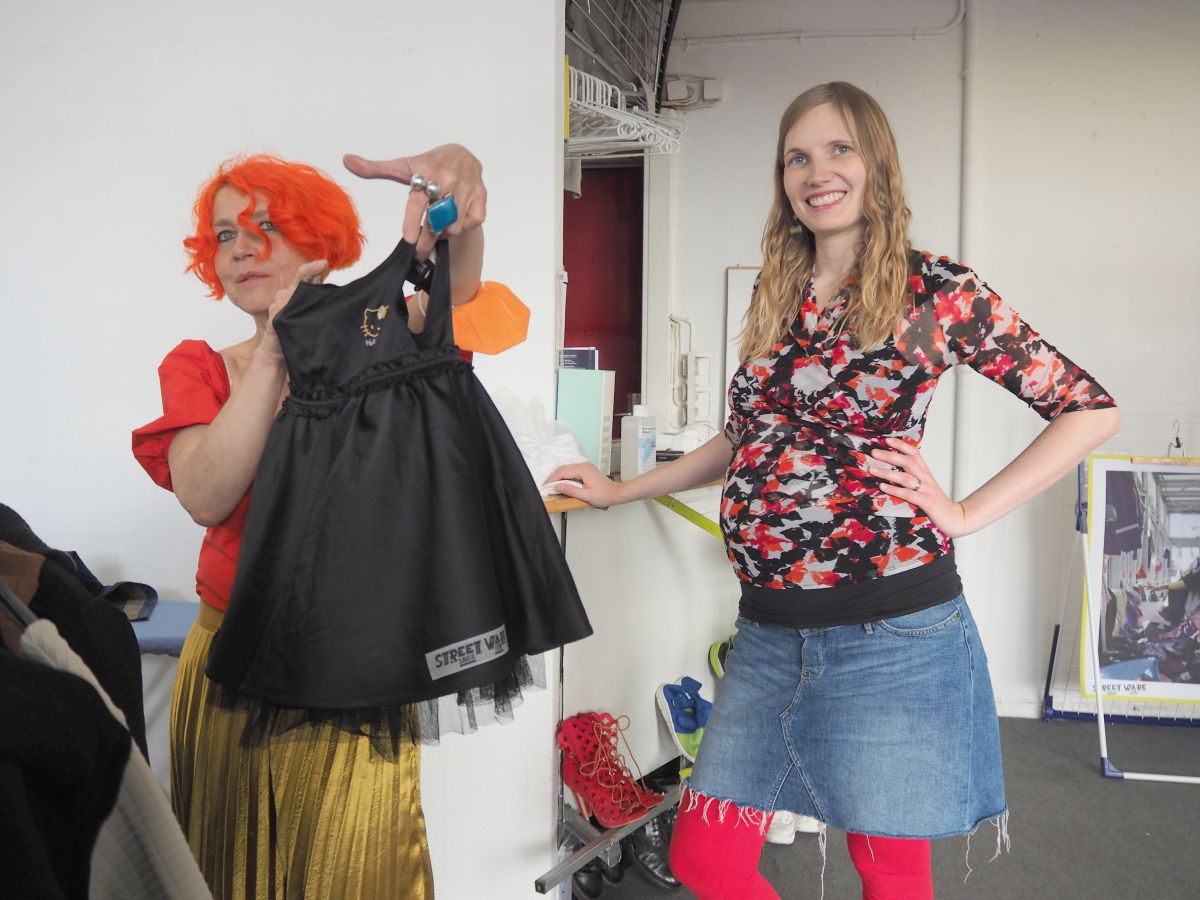
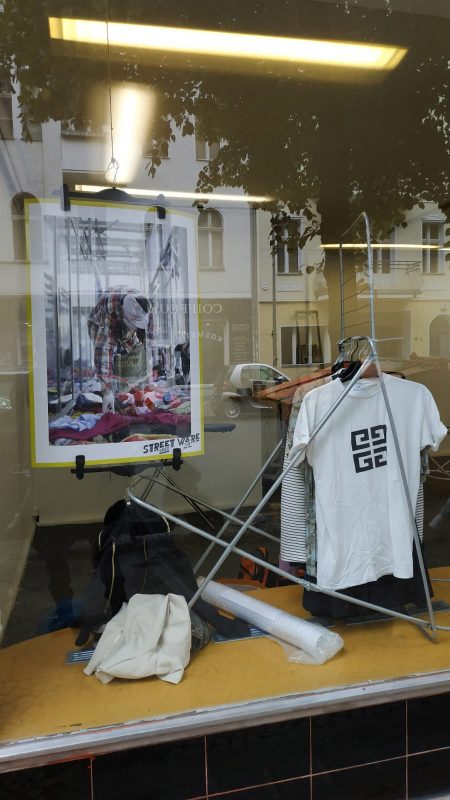
Recent Comments